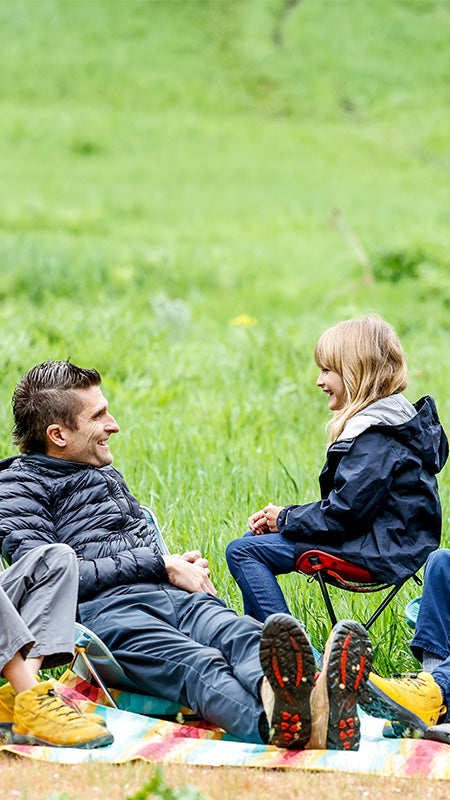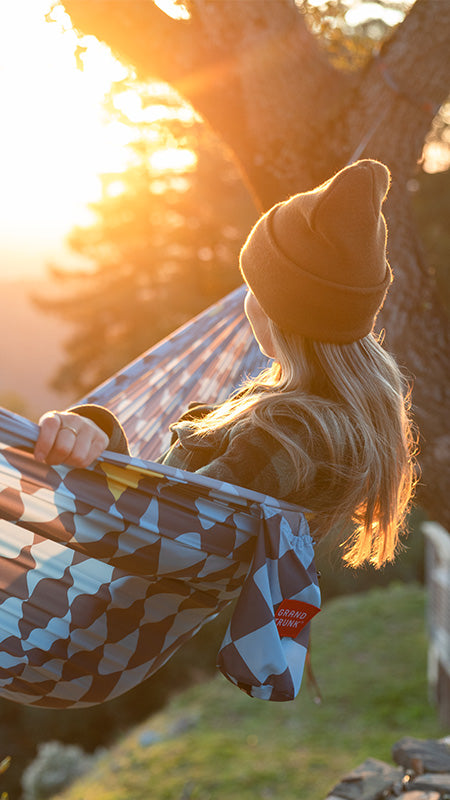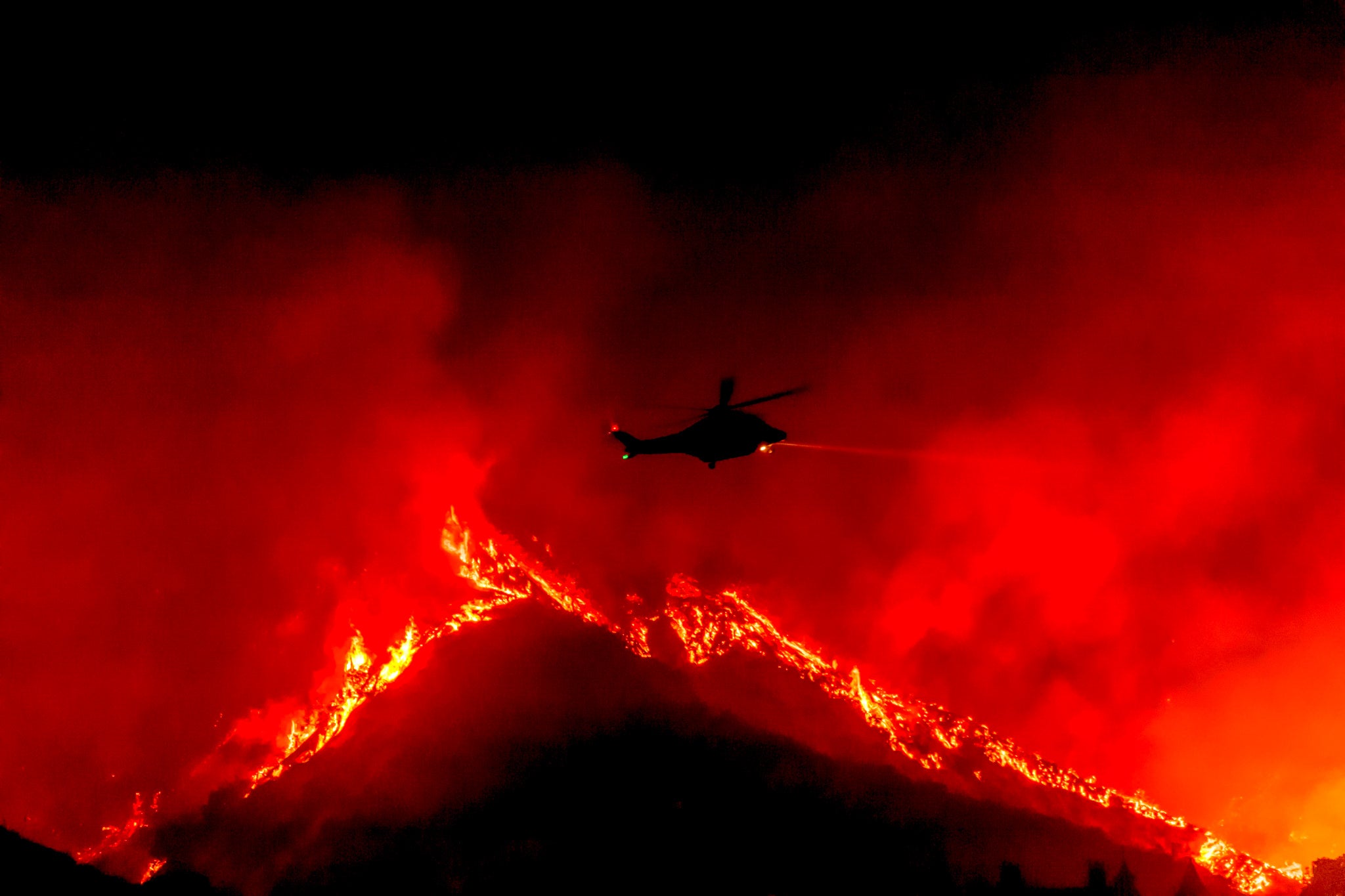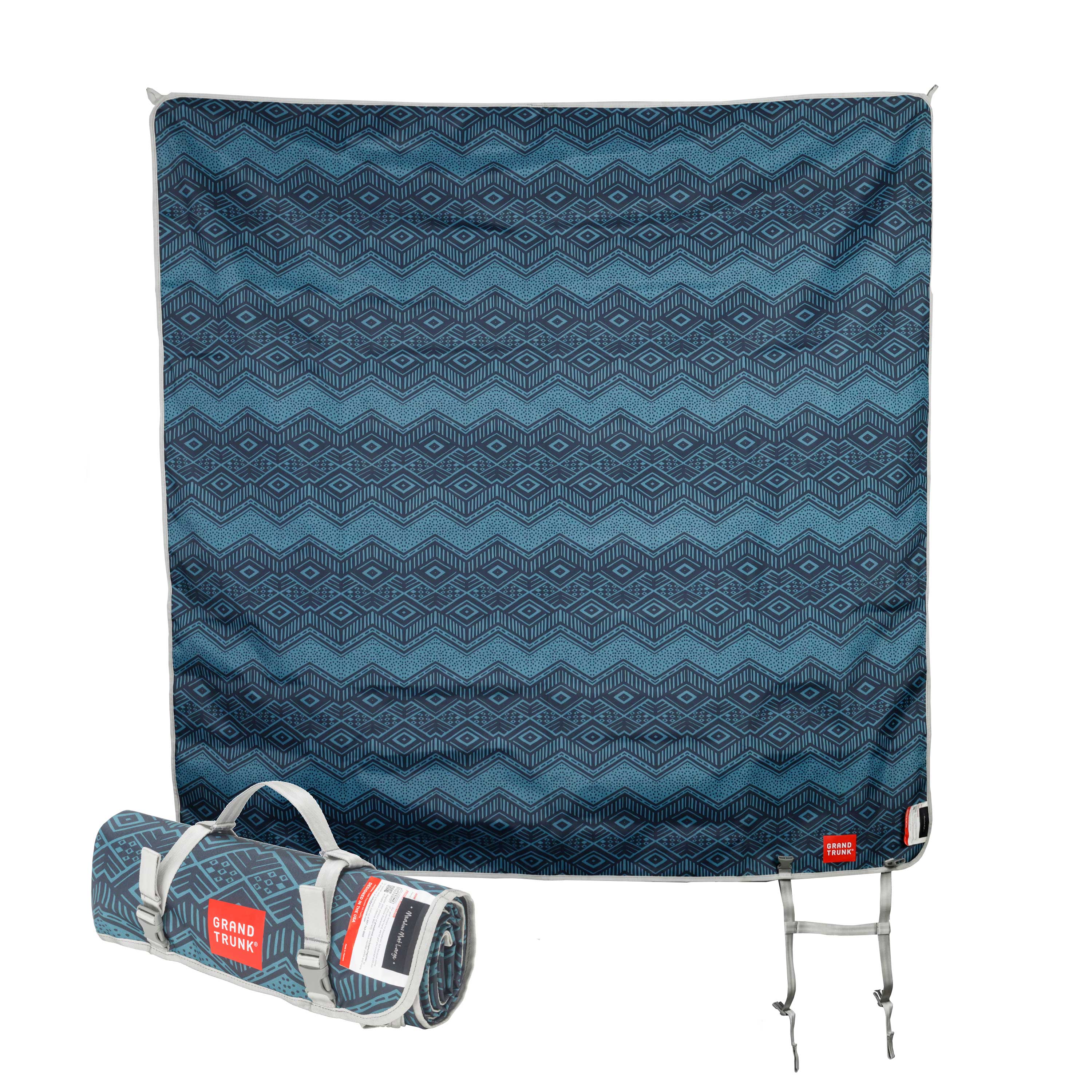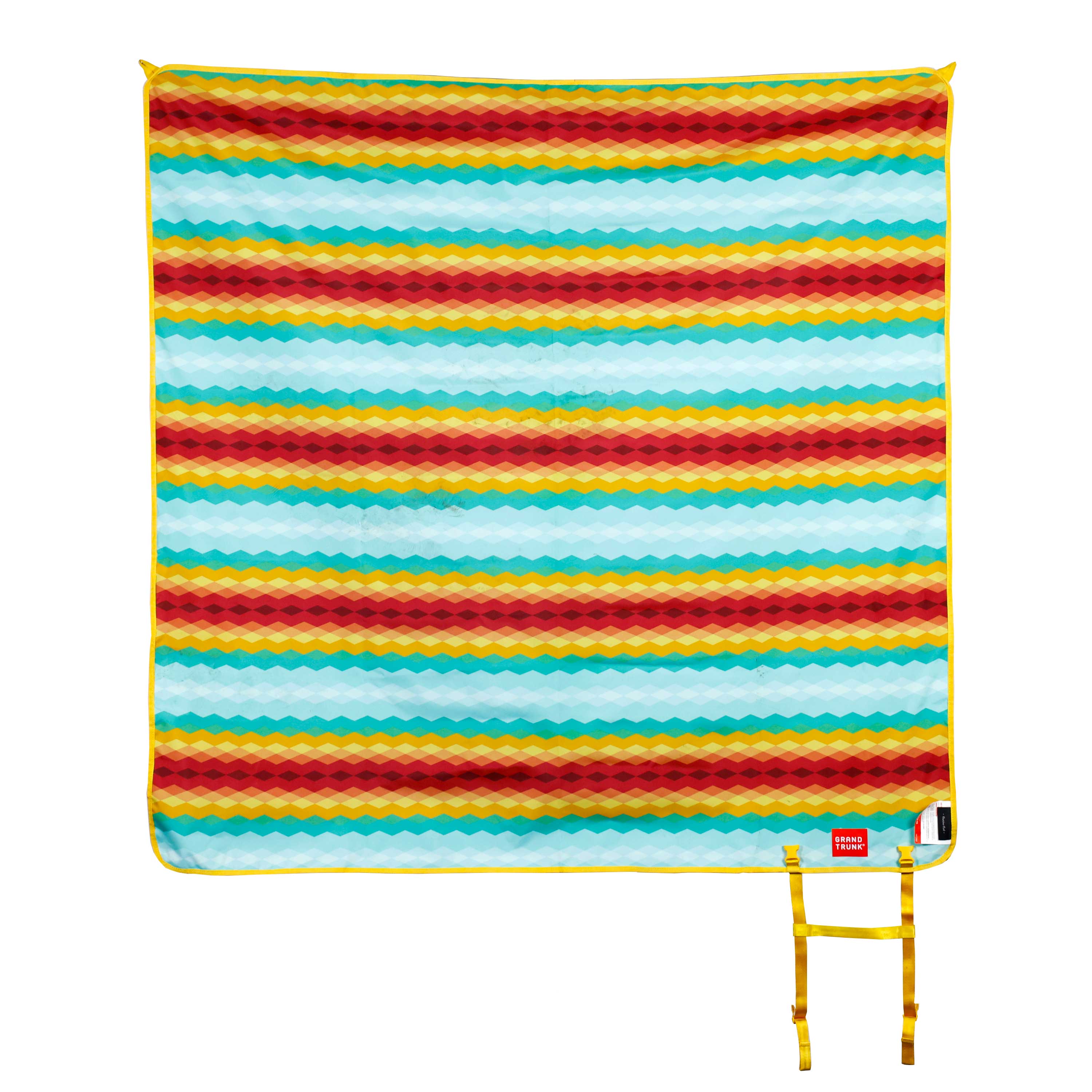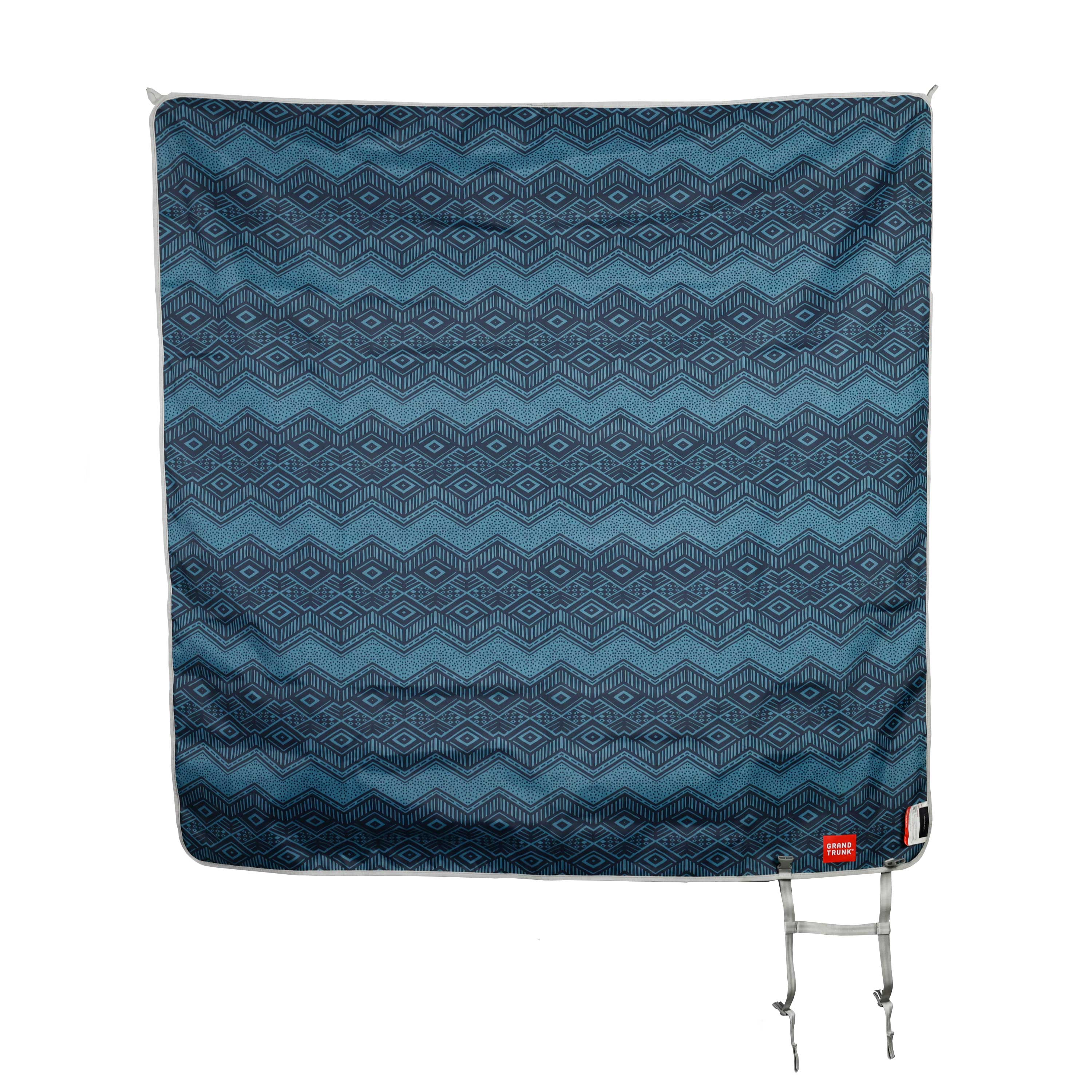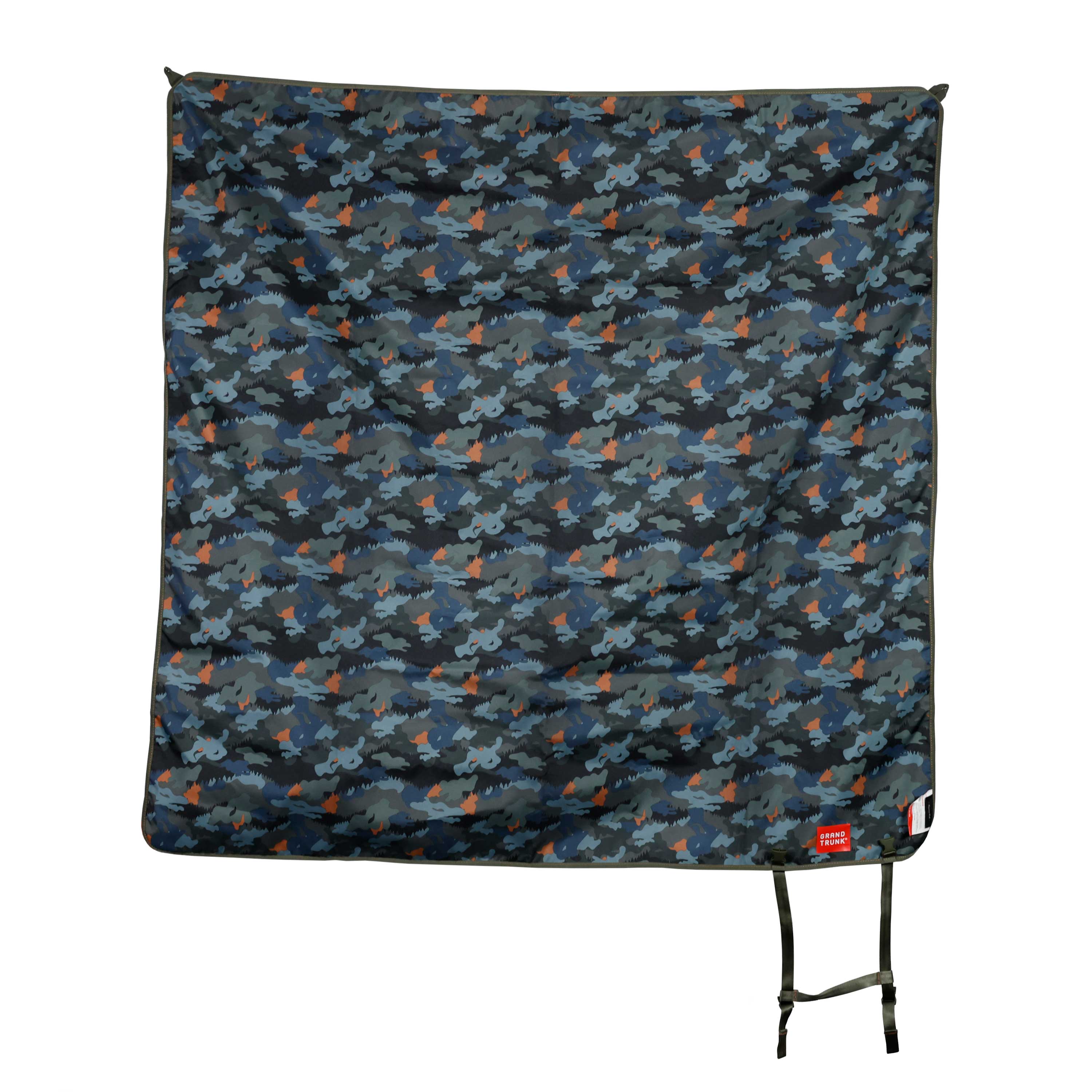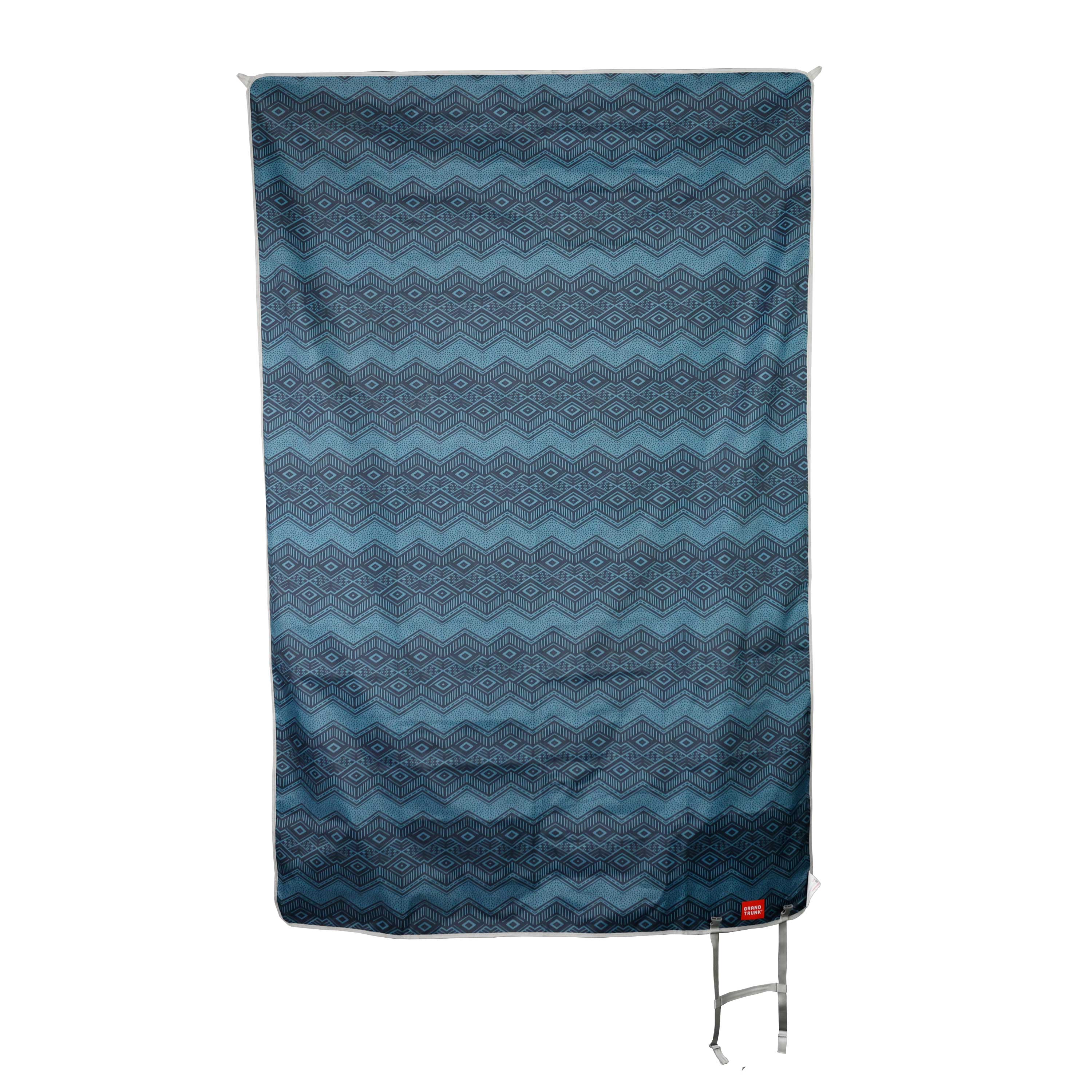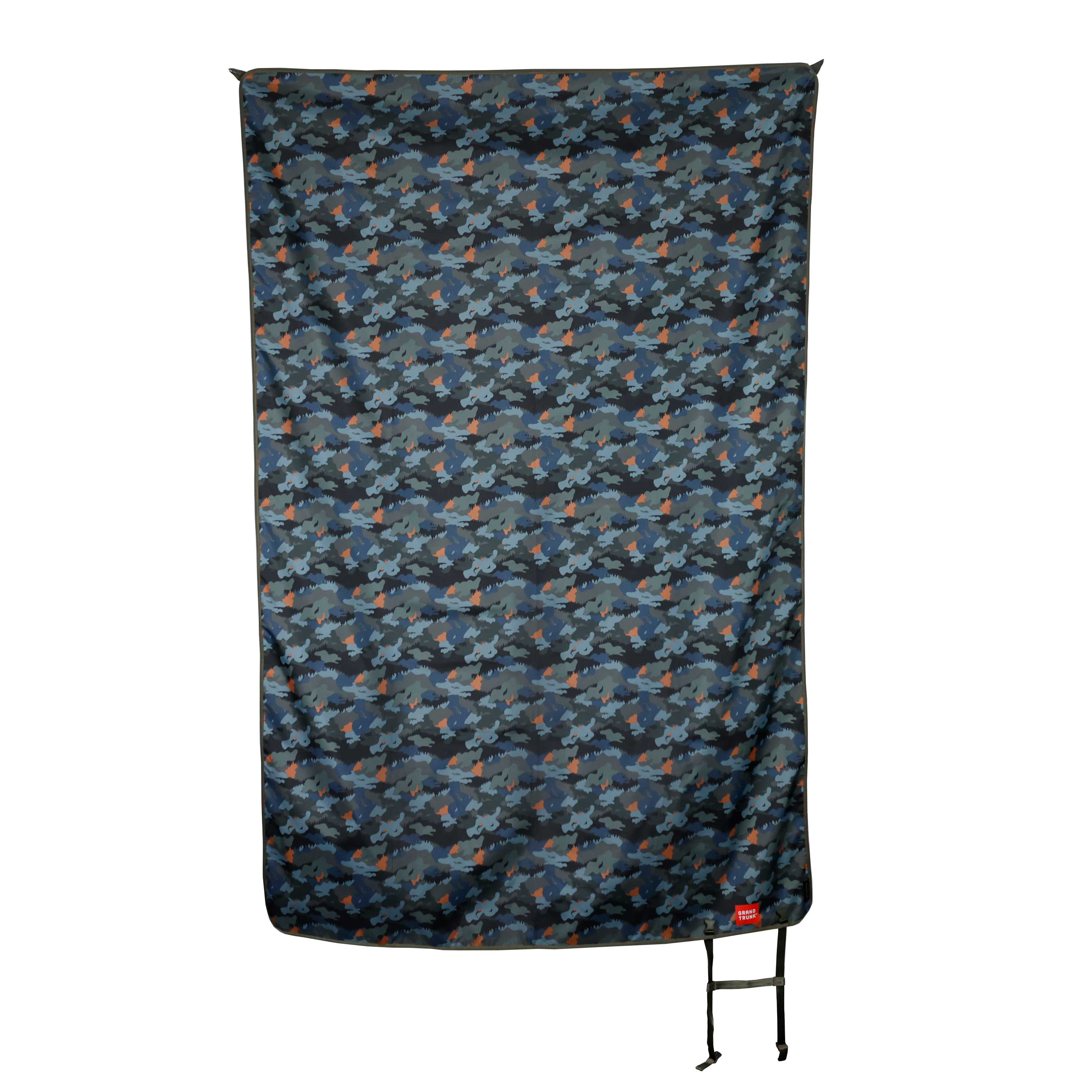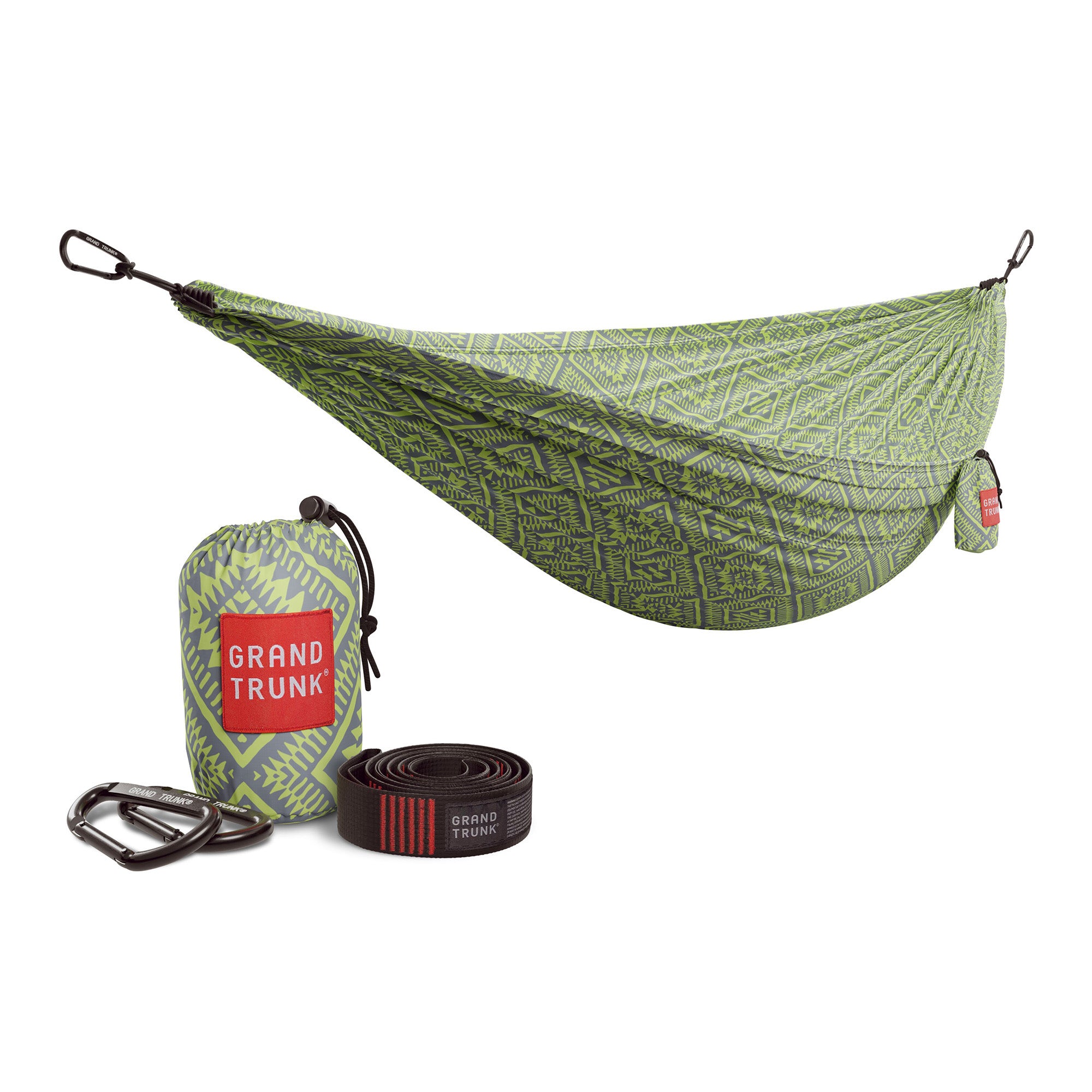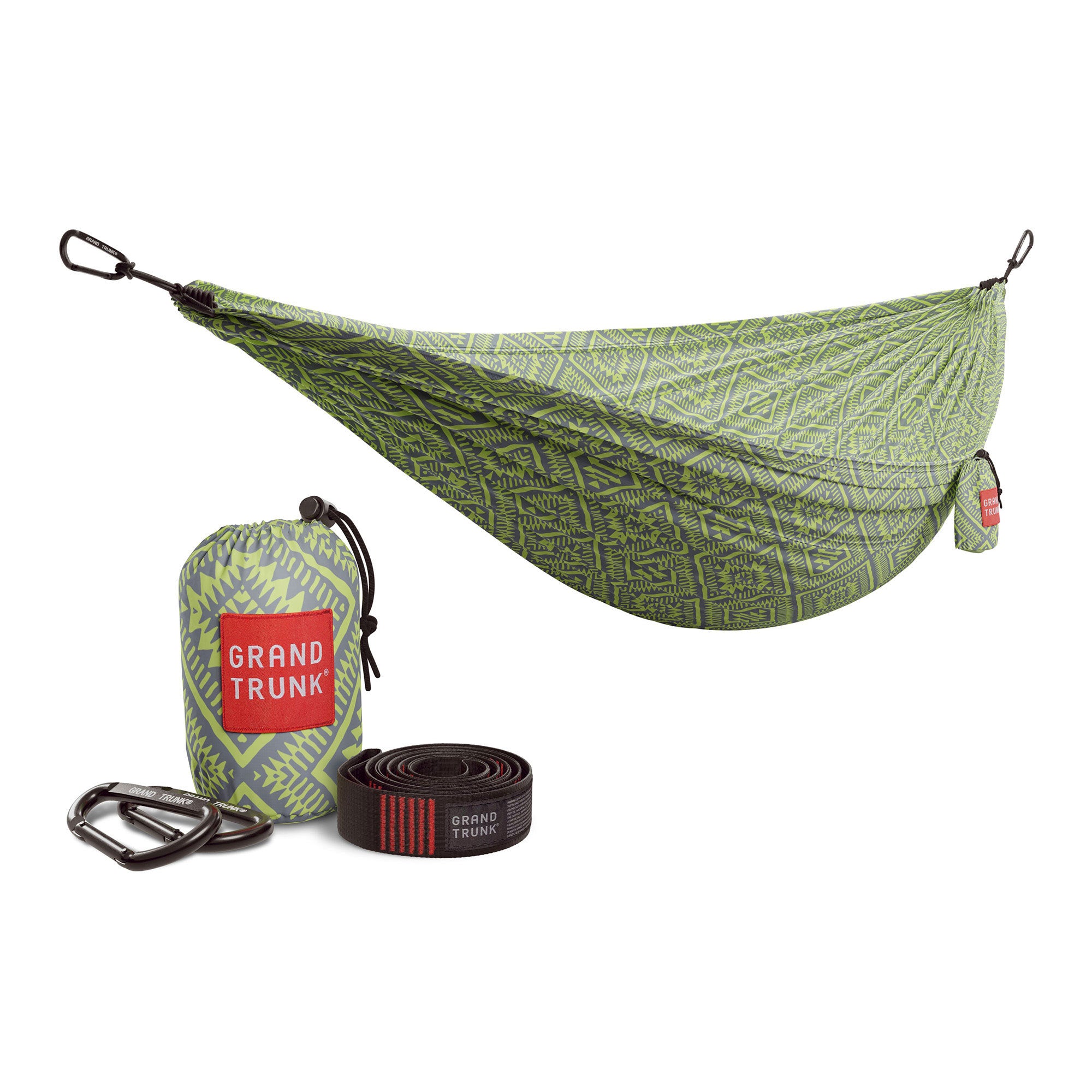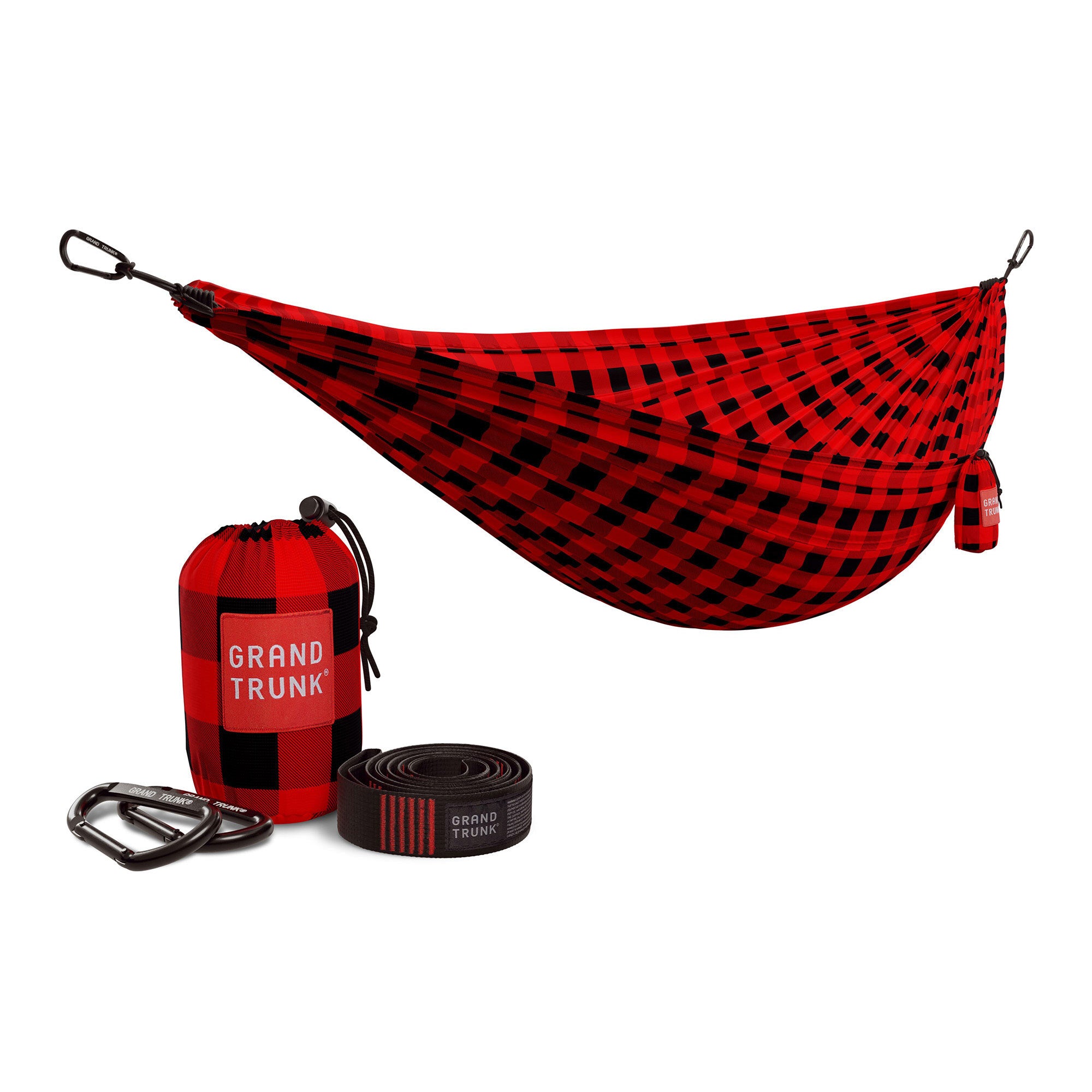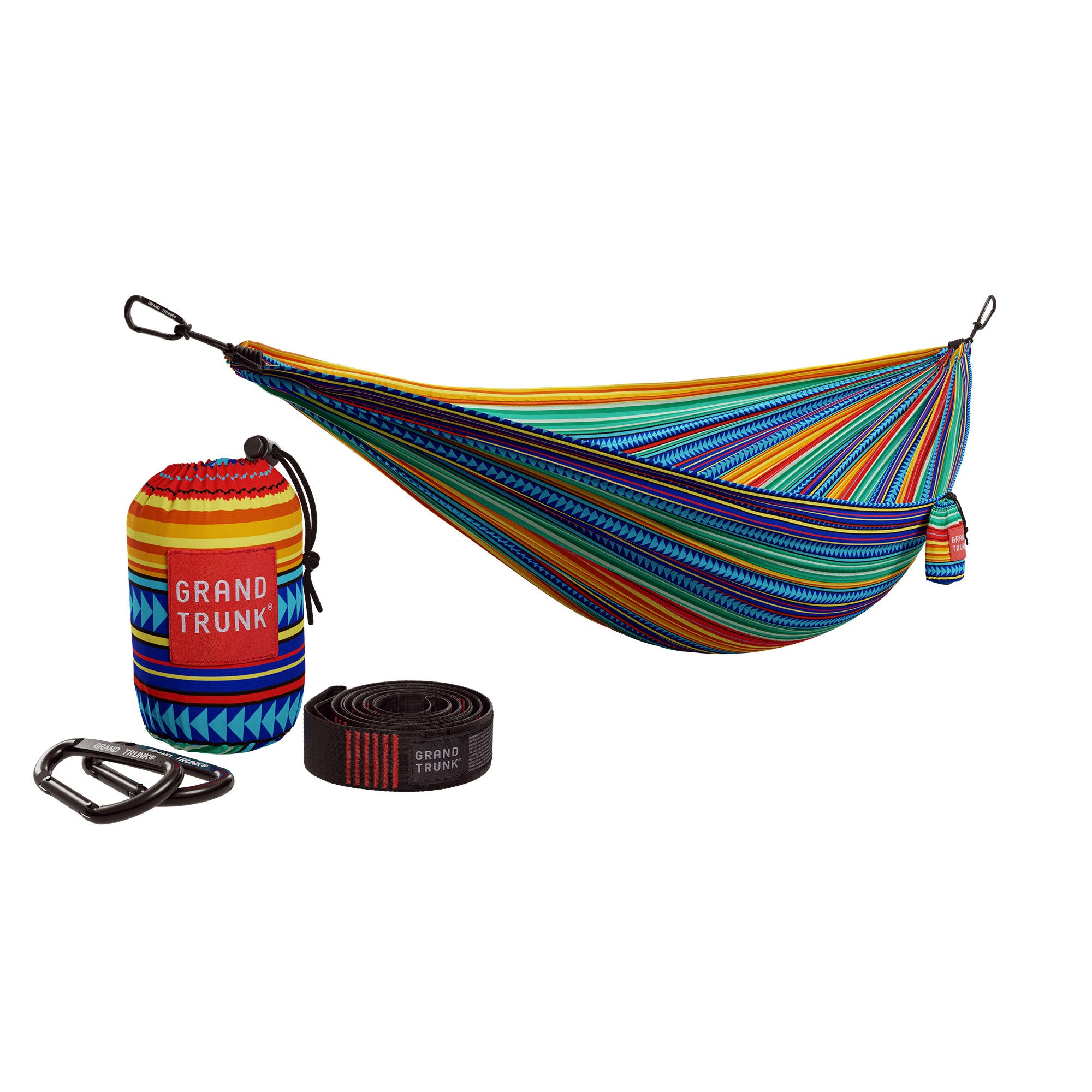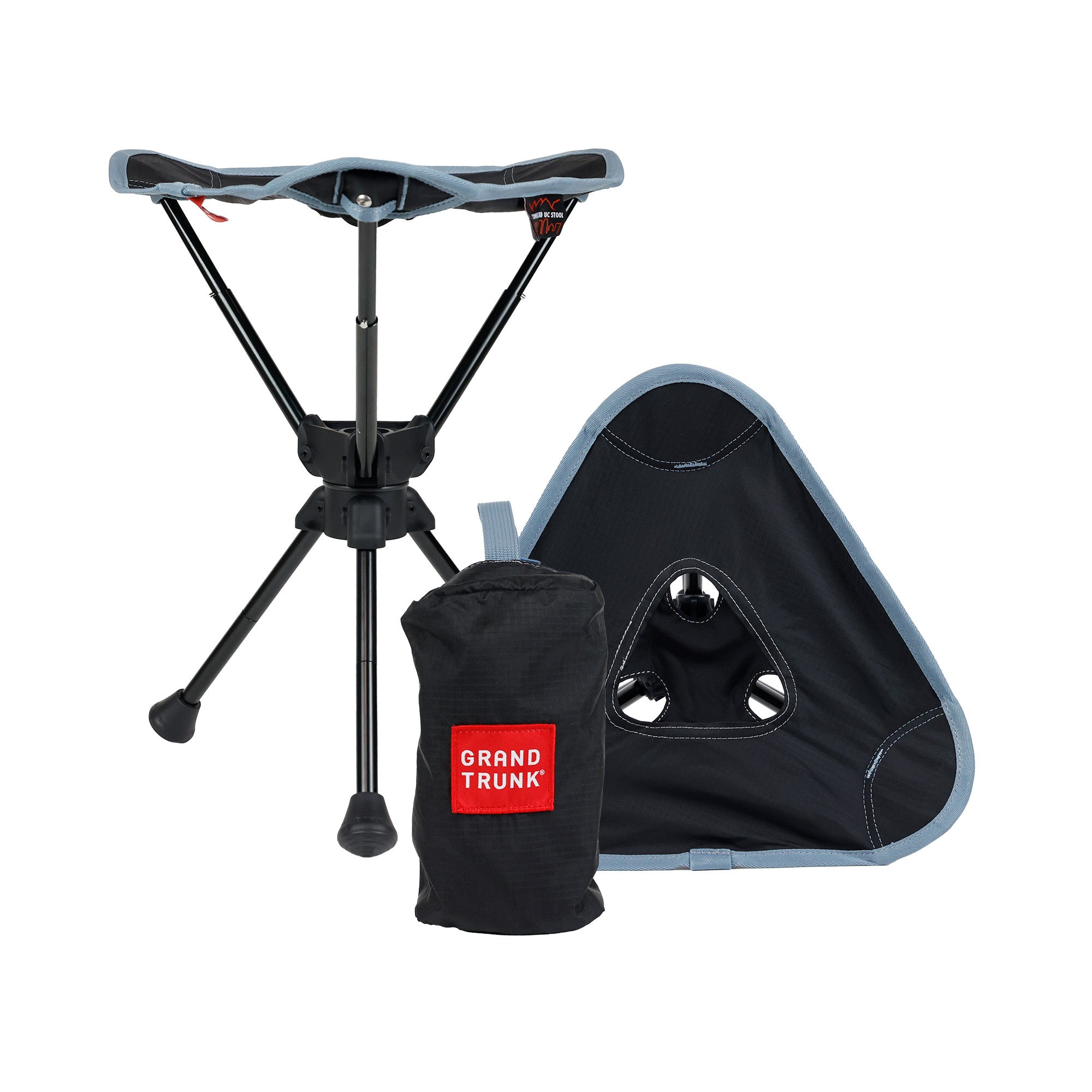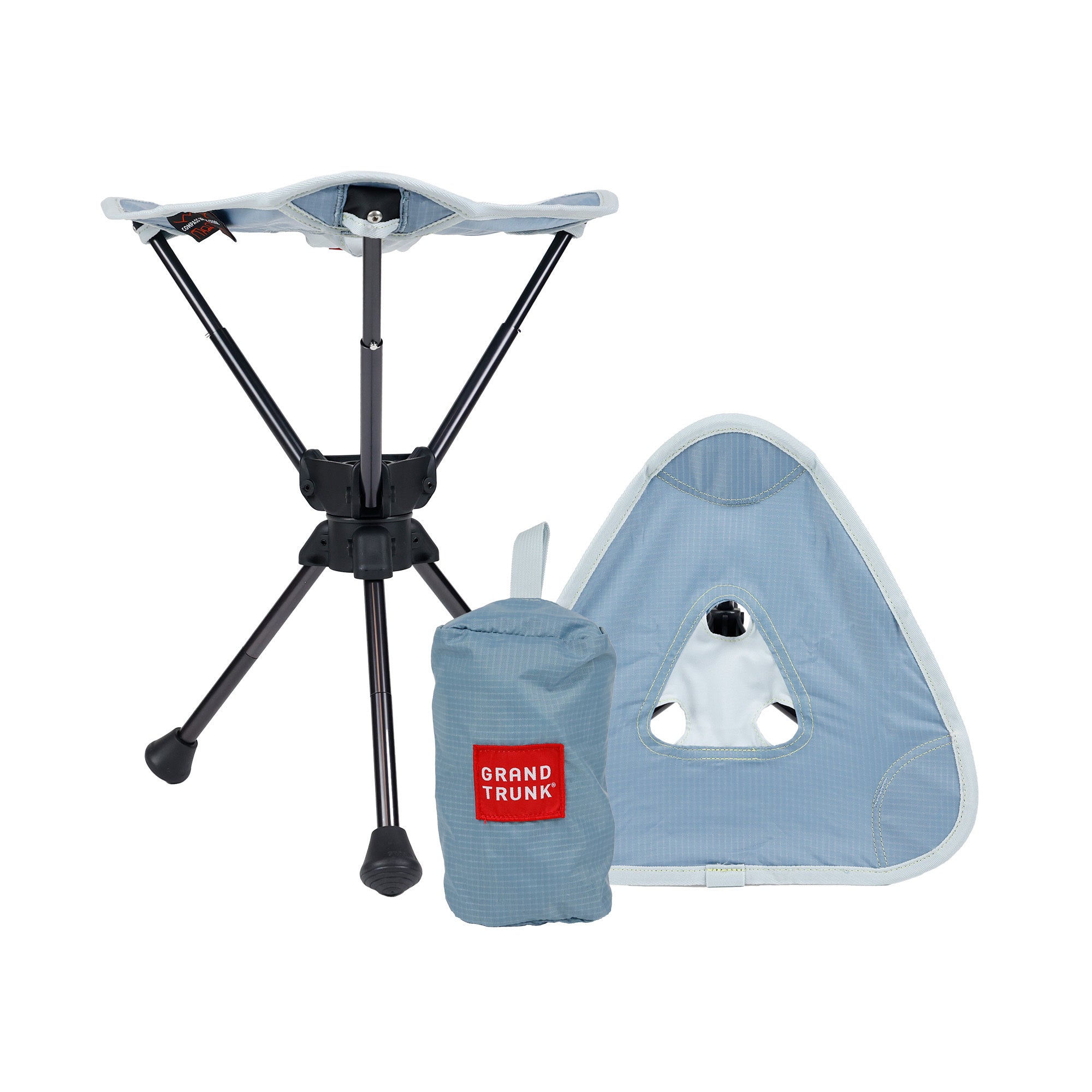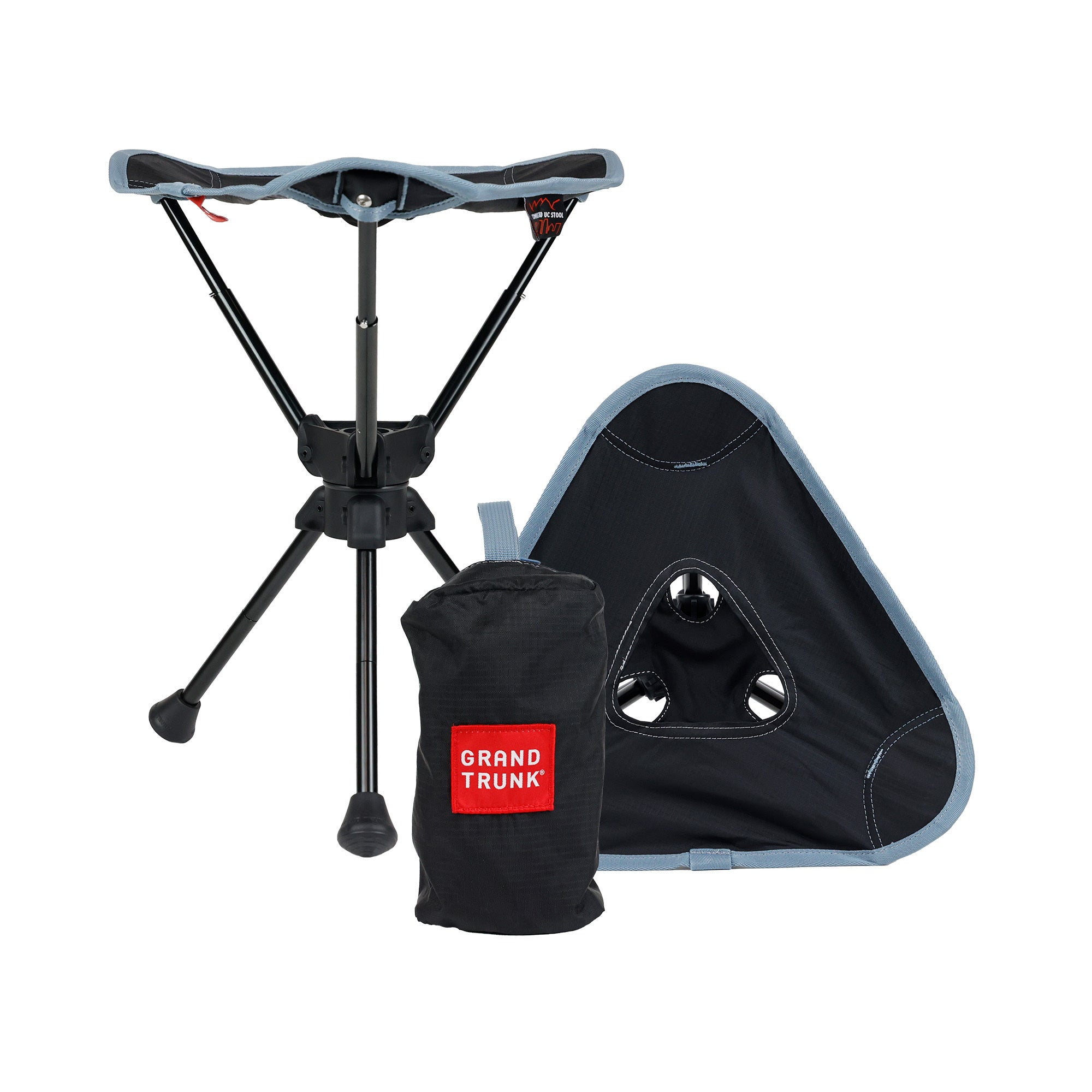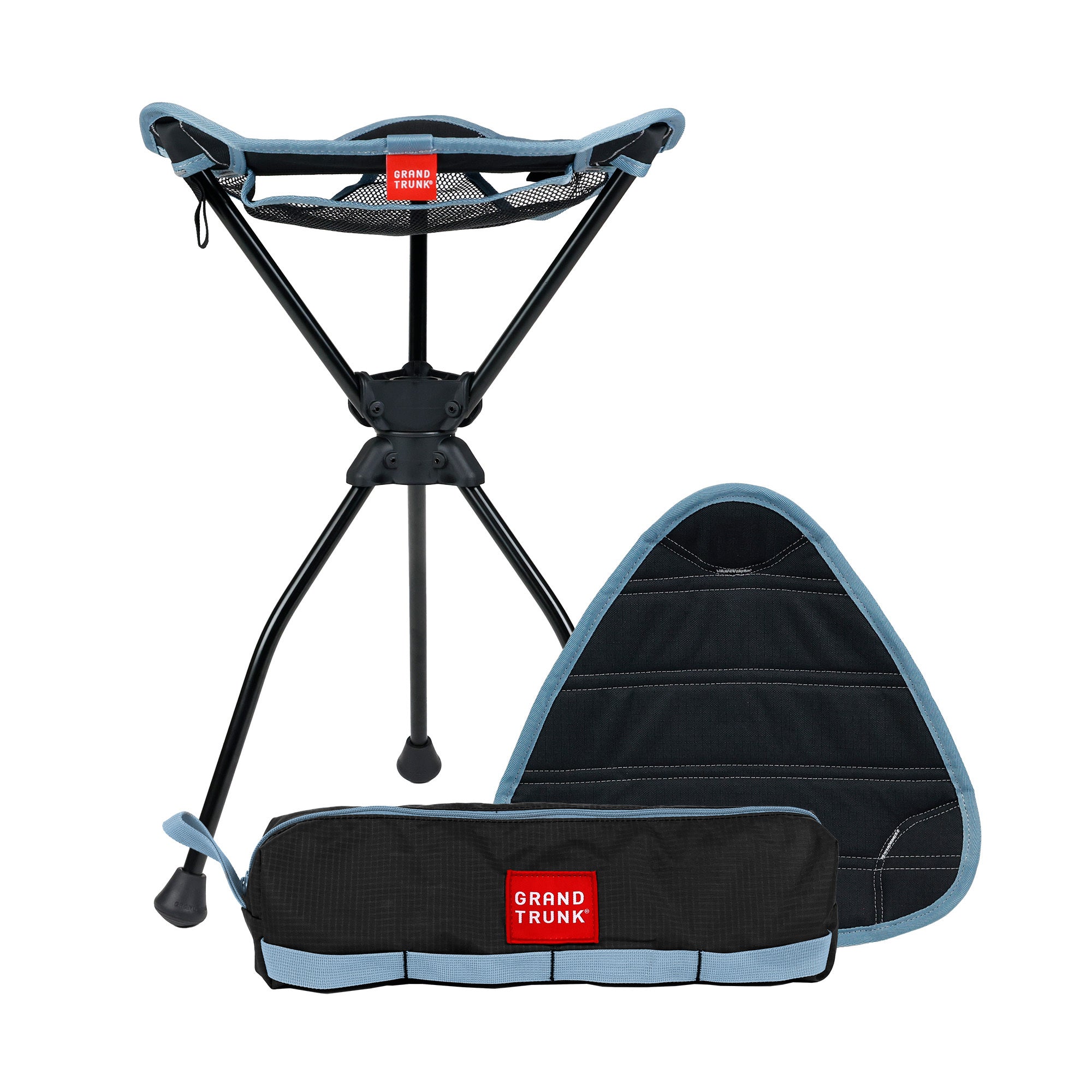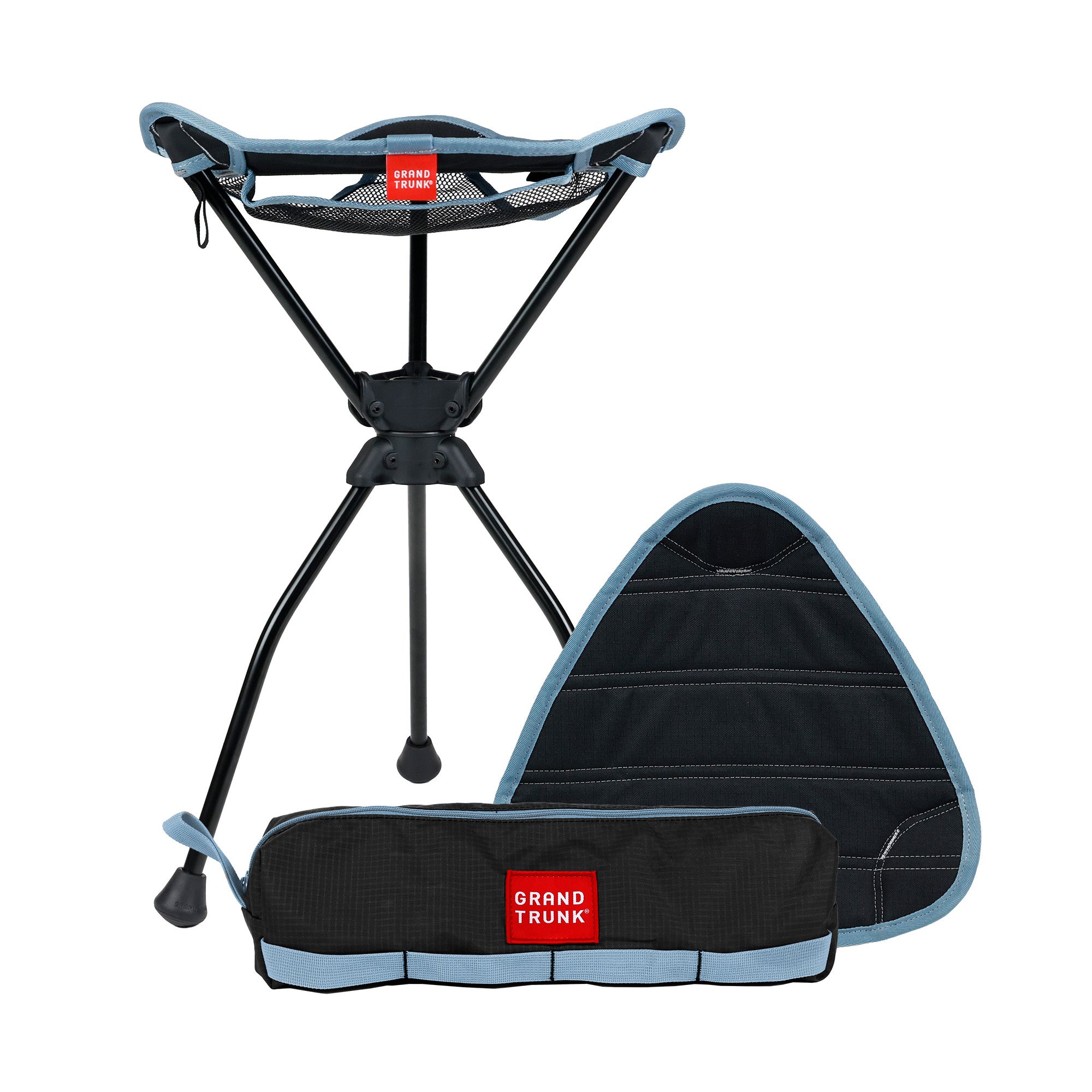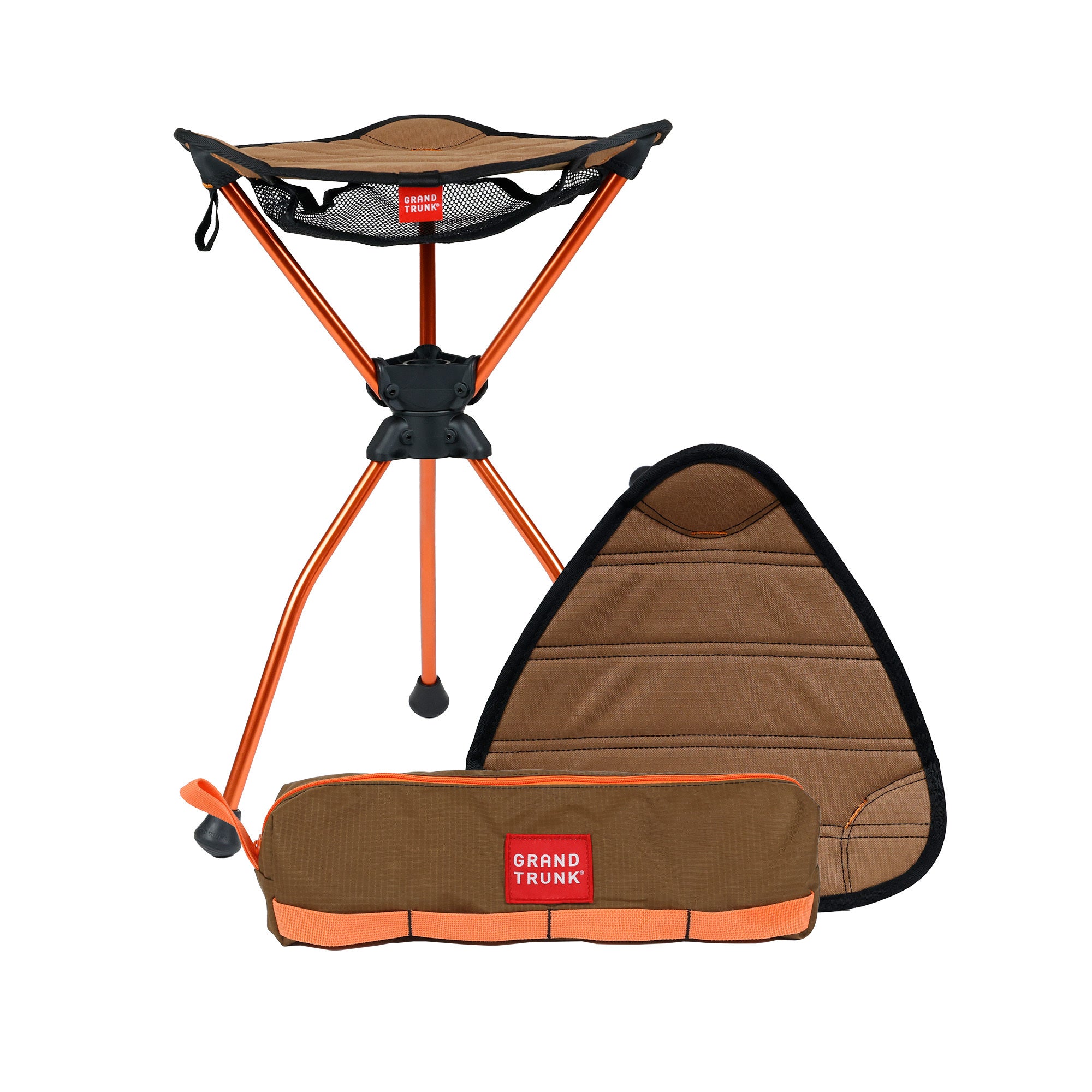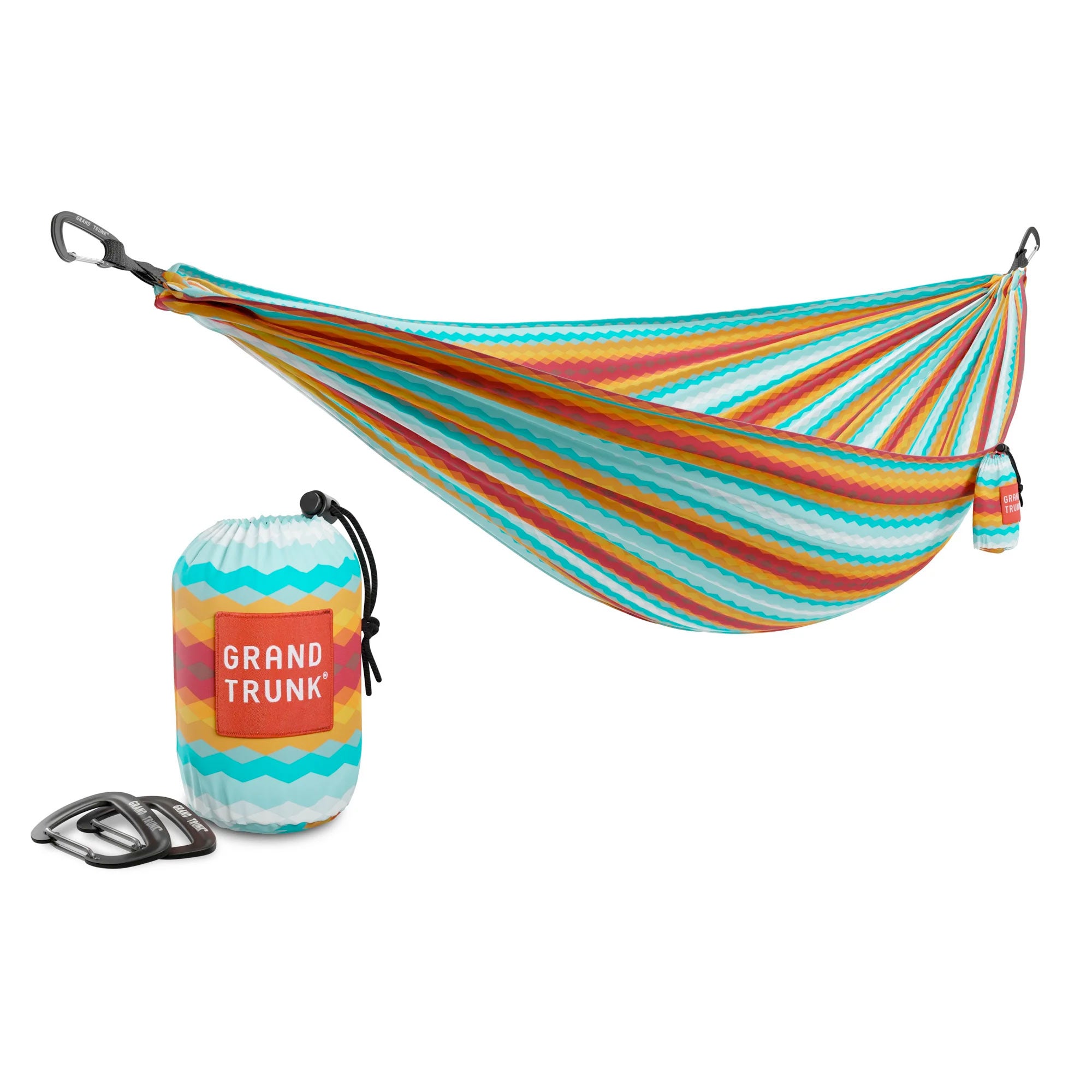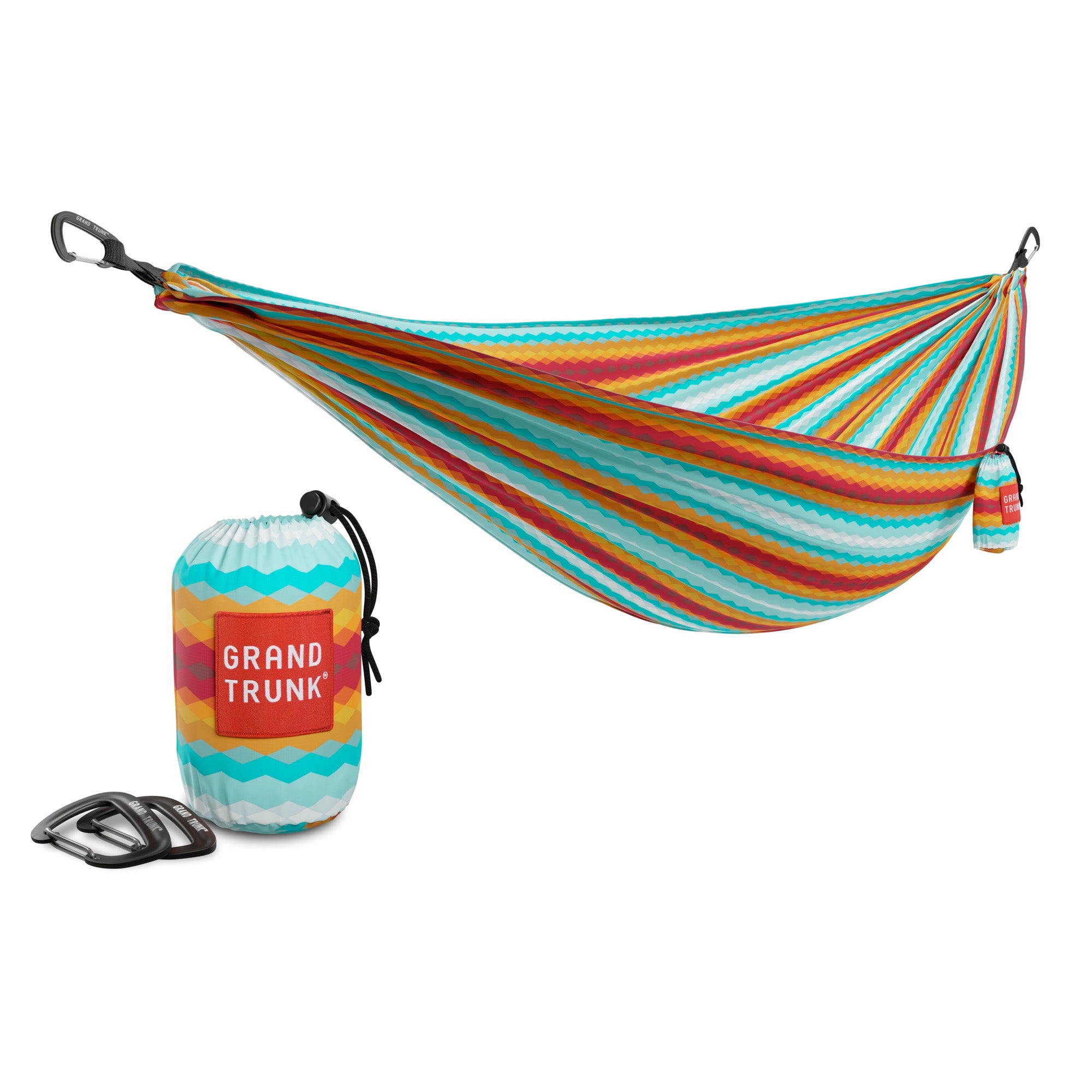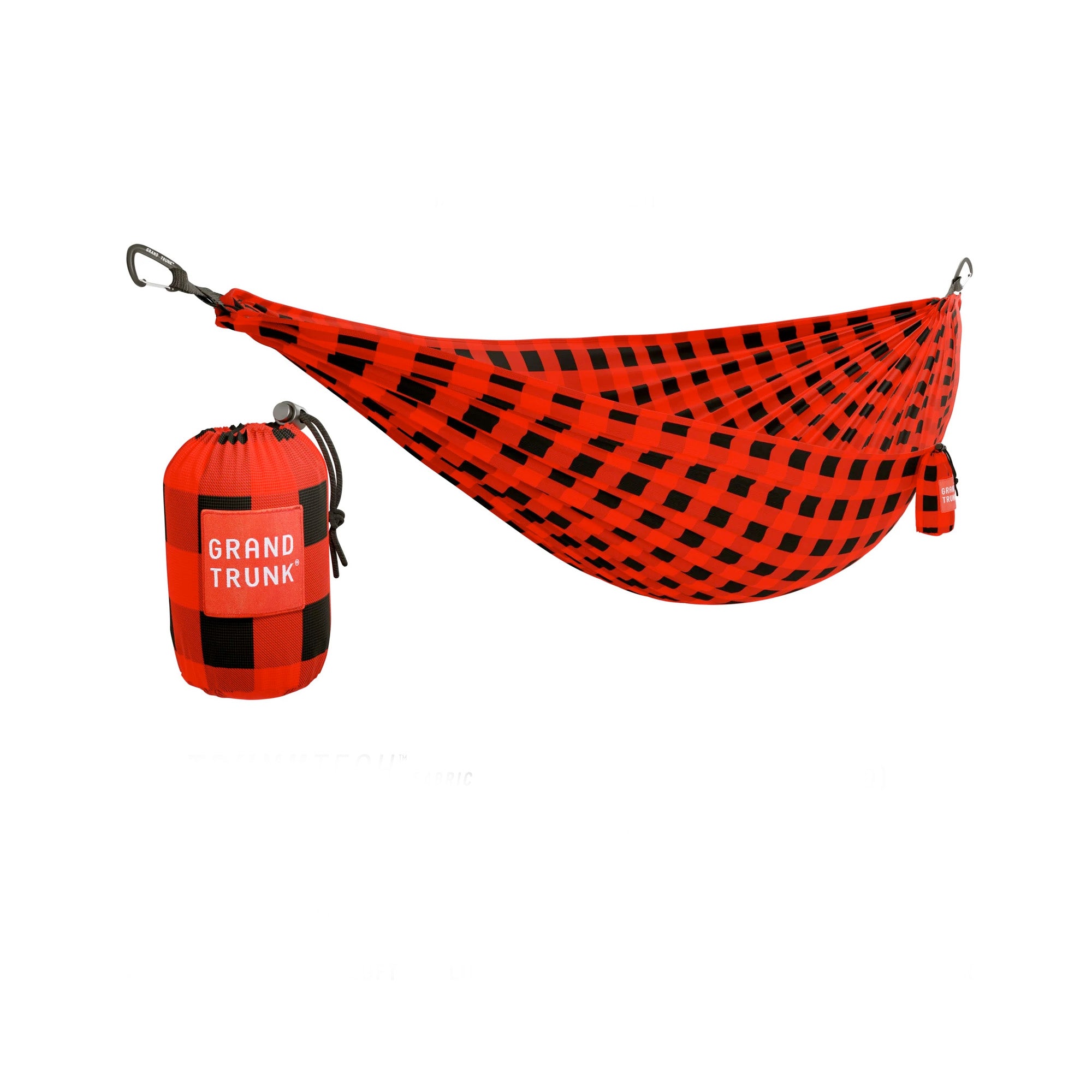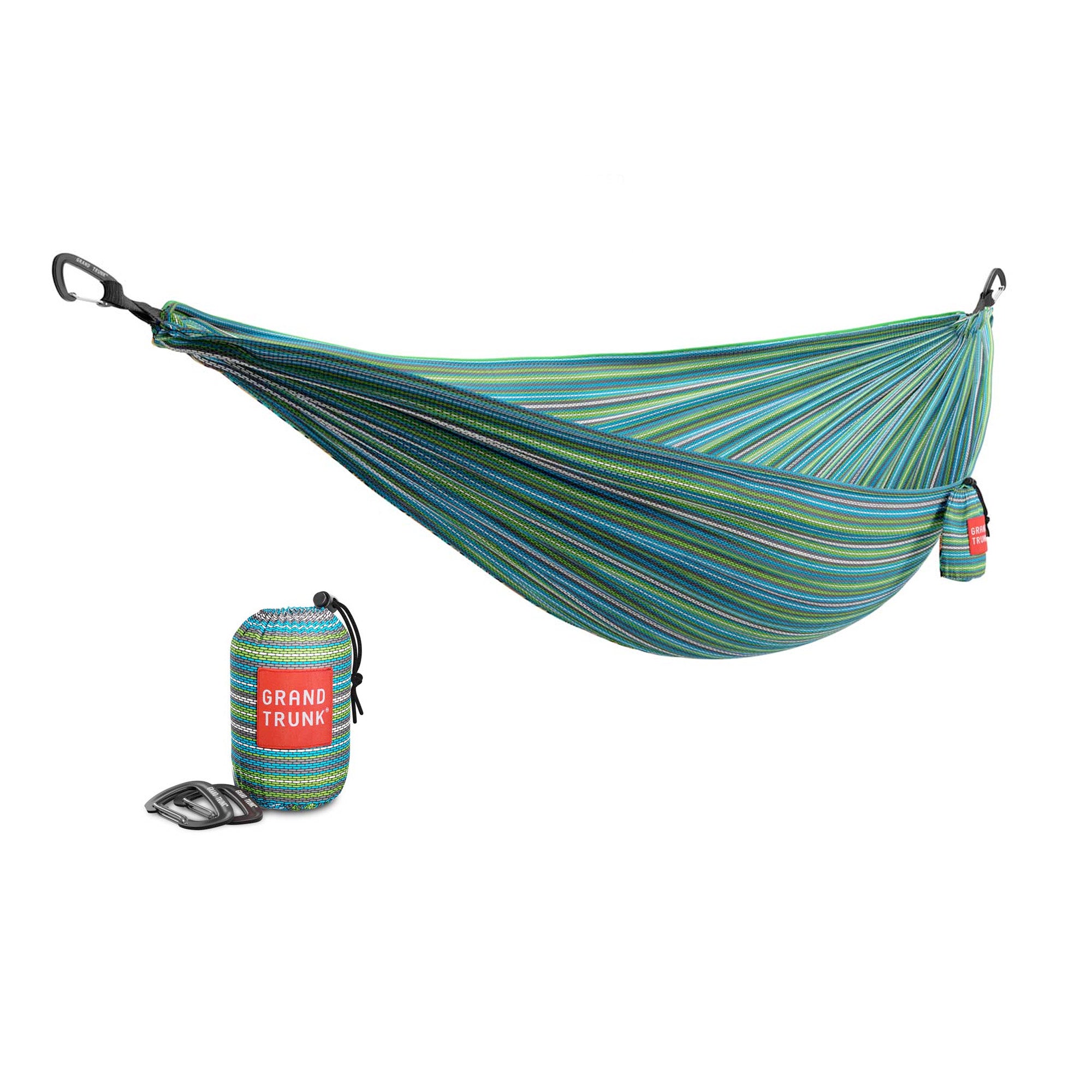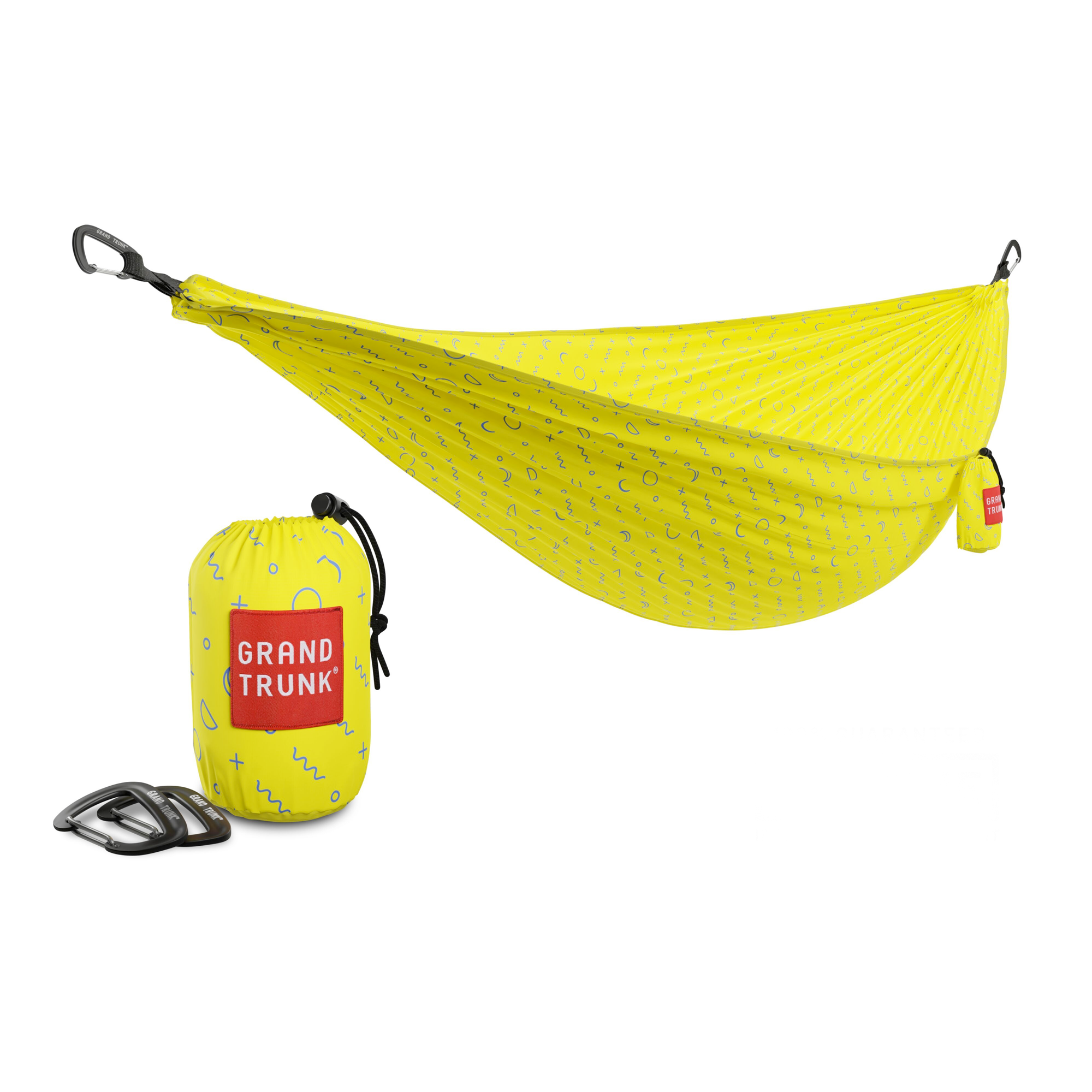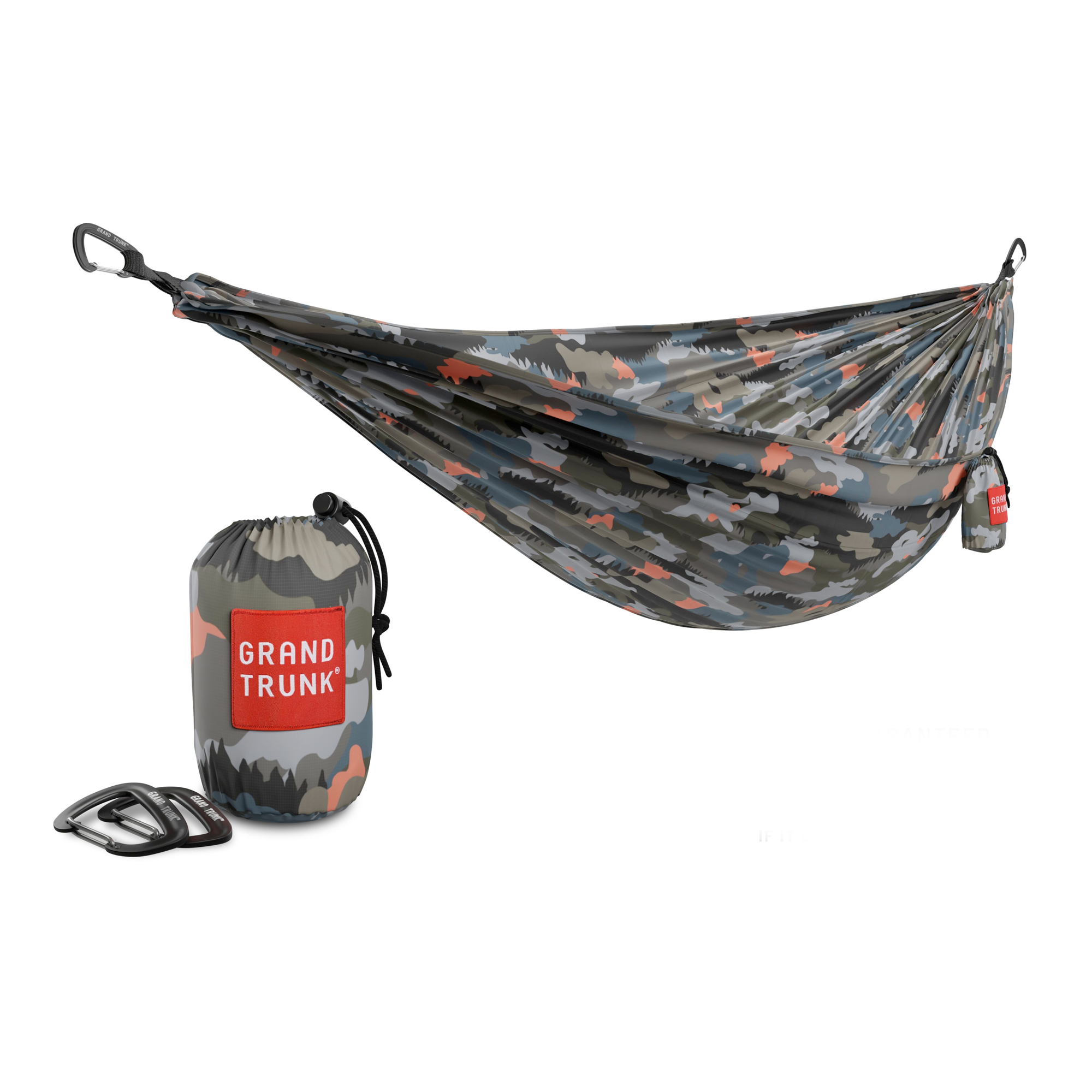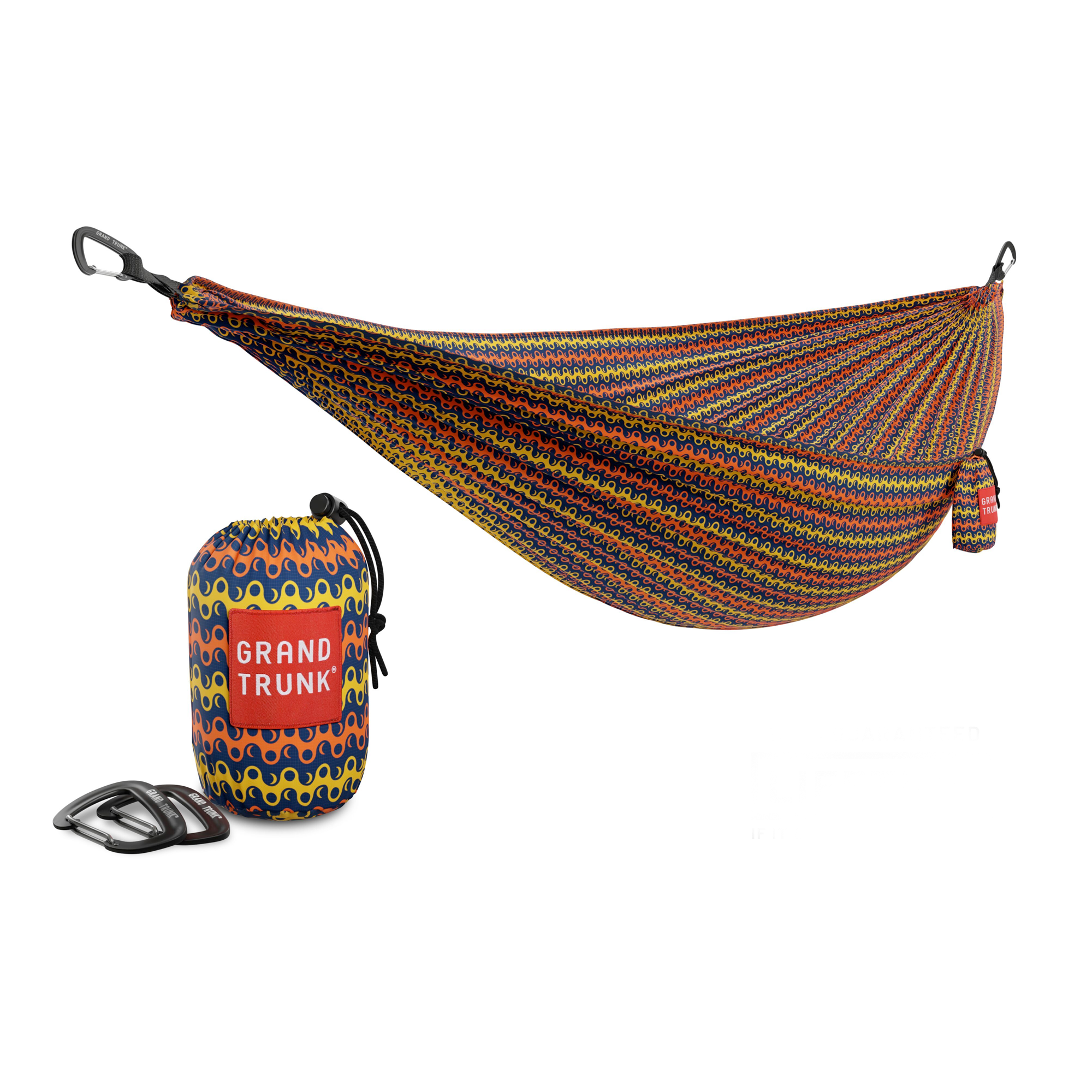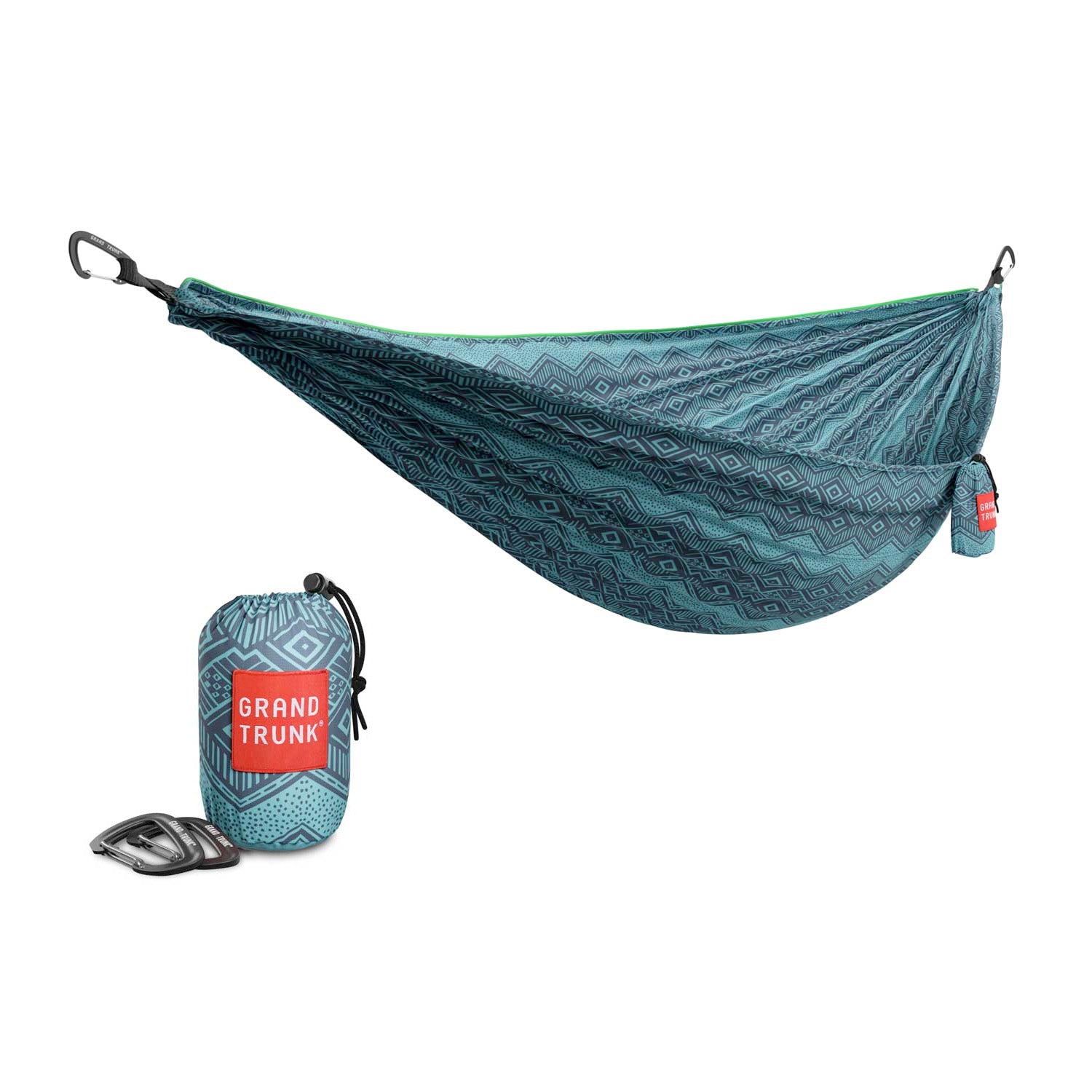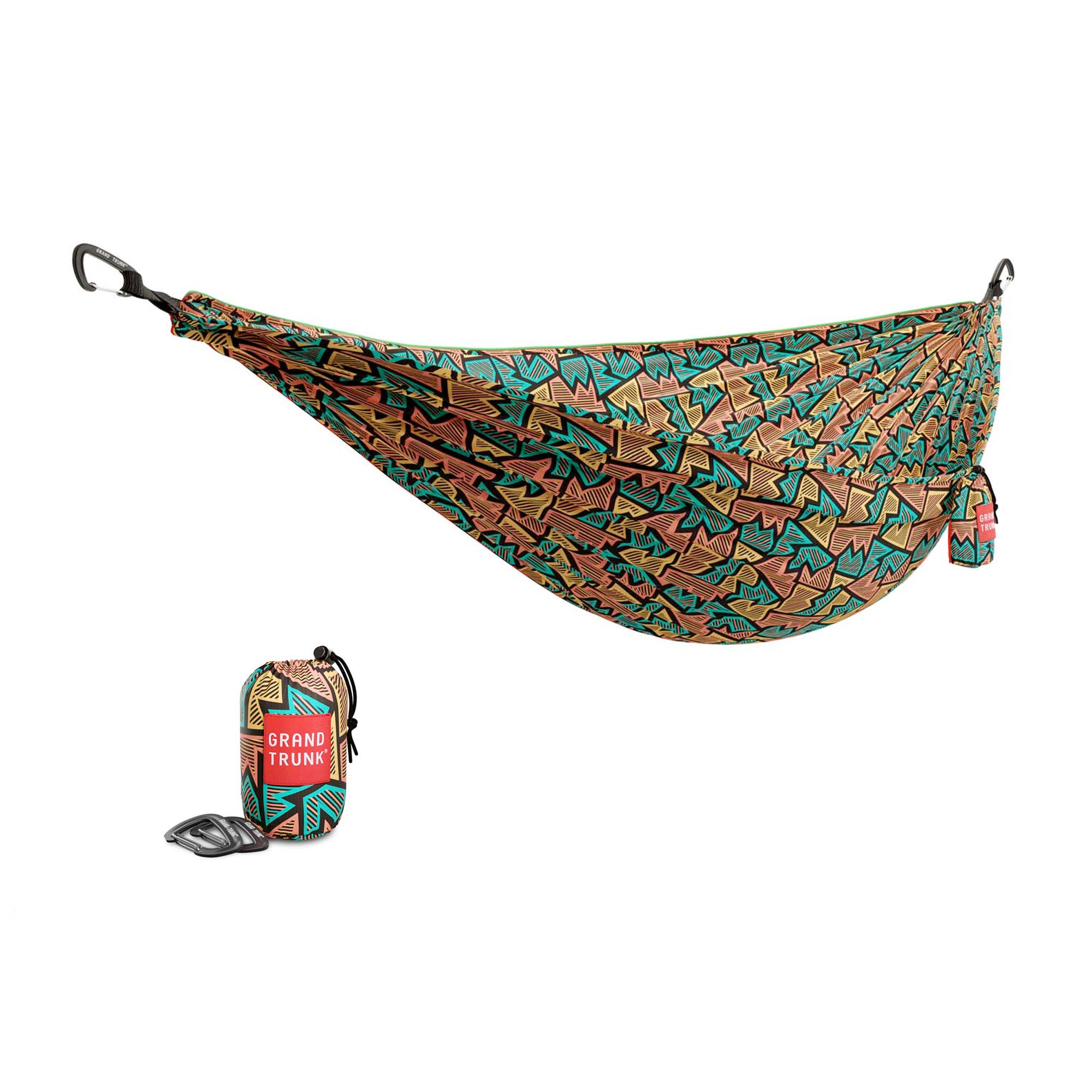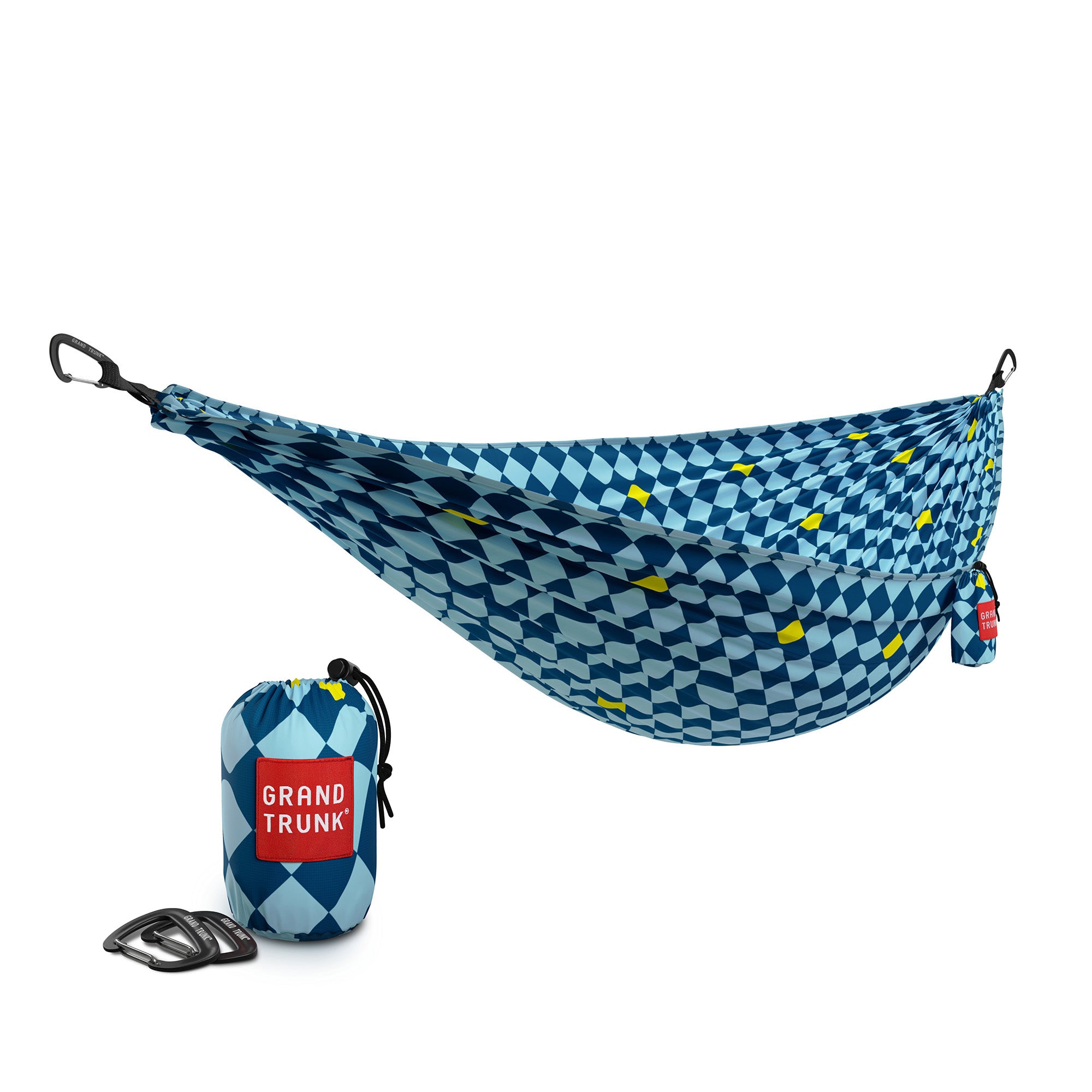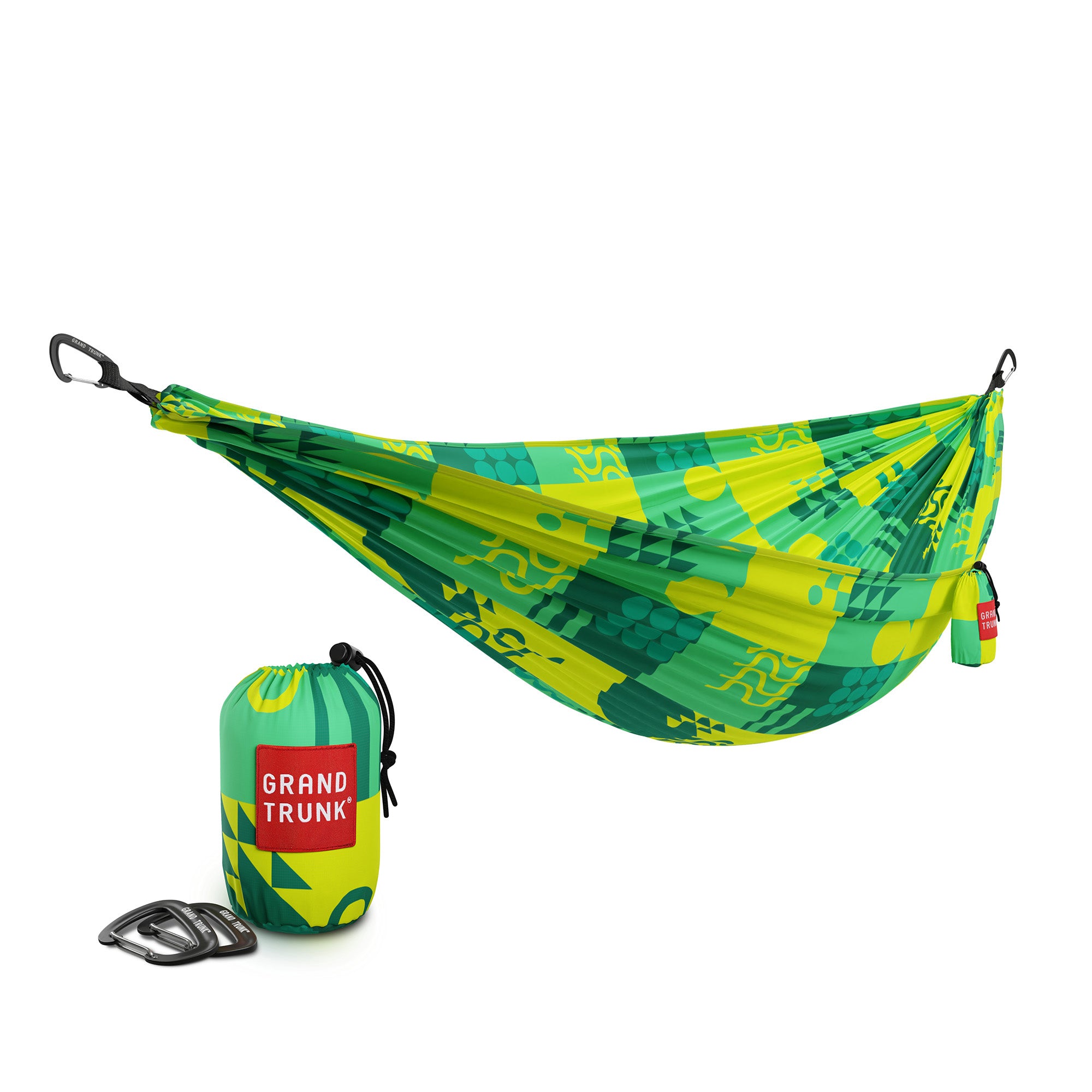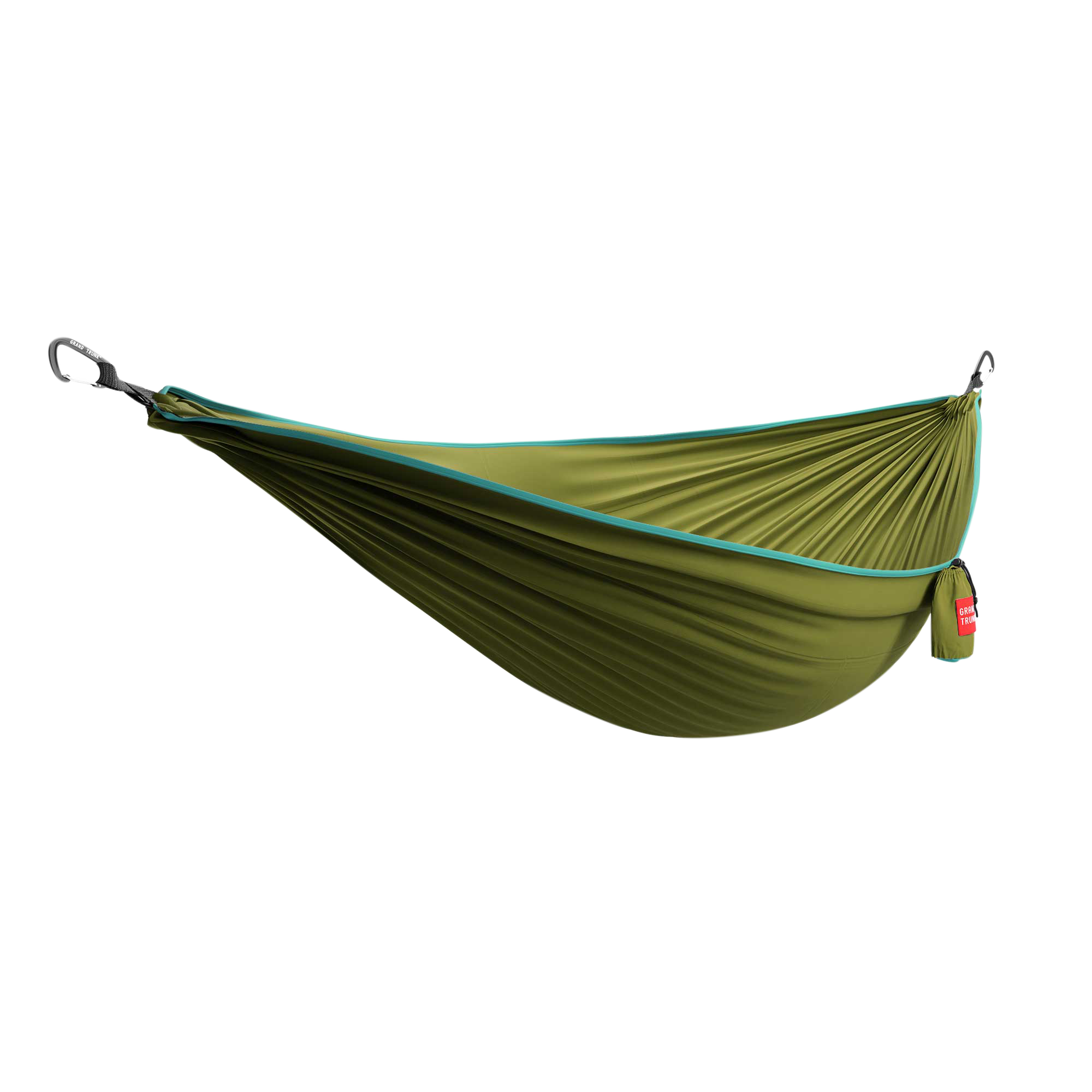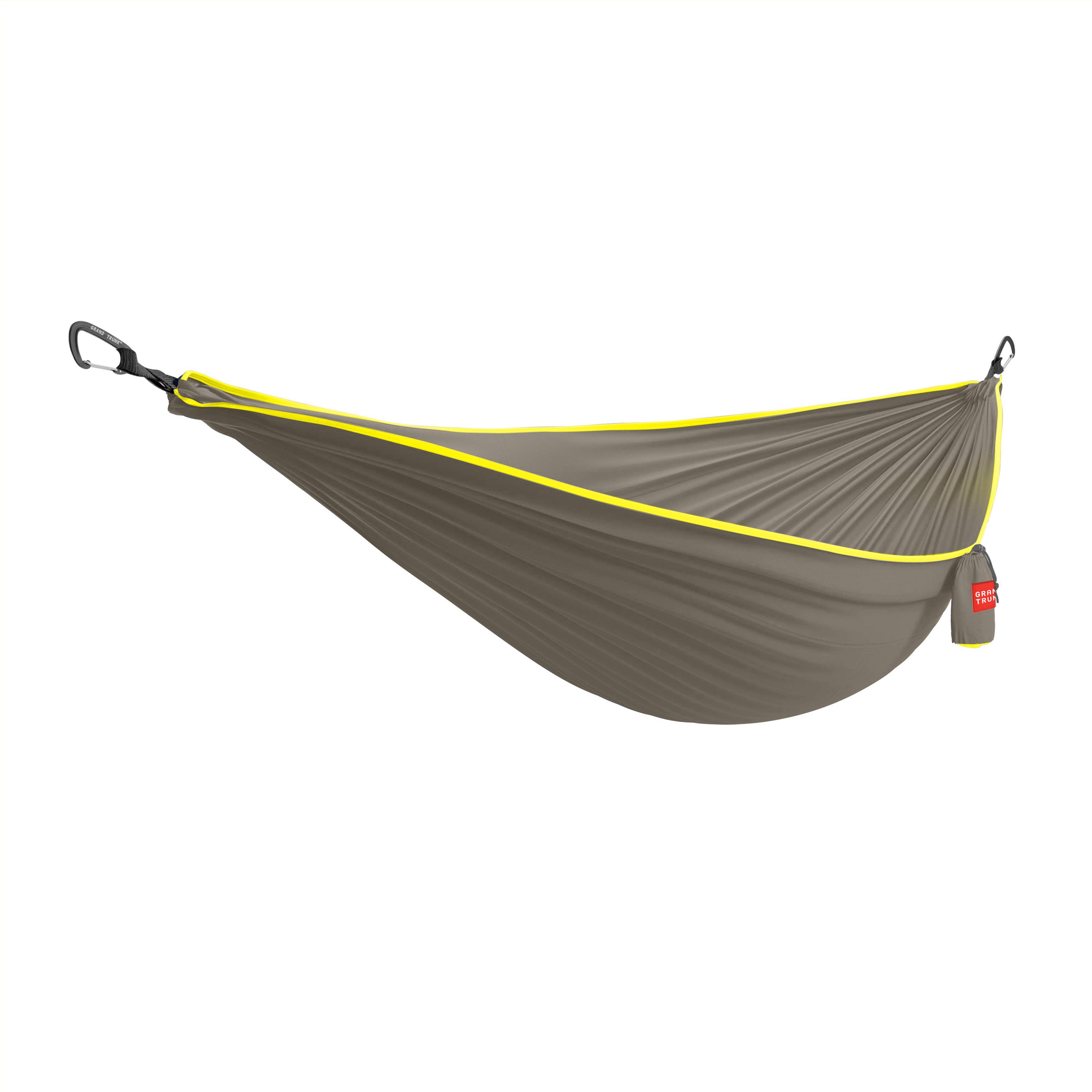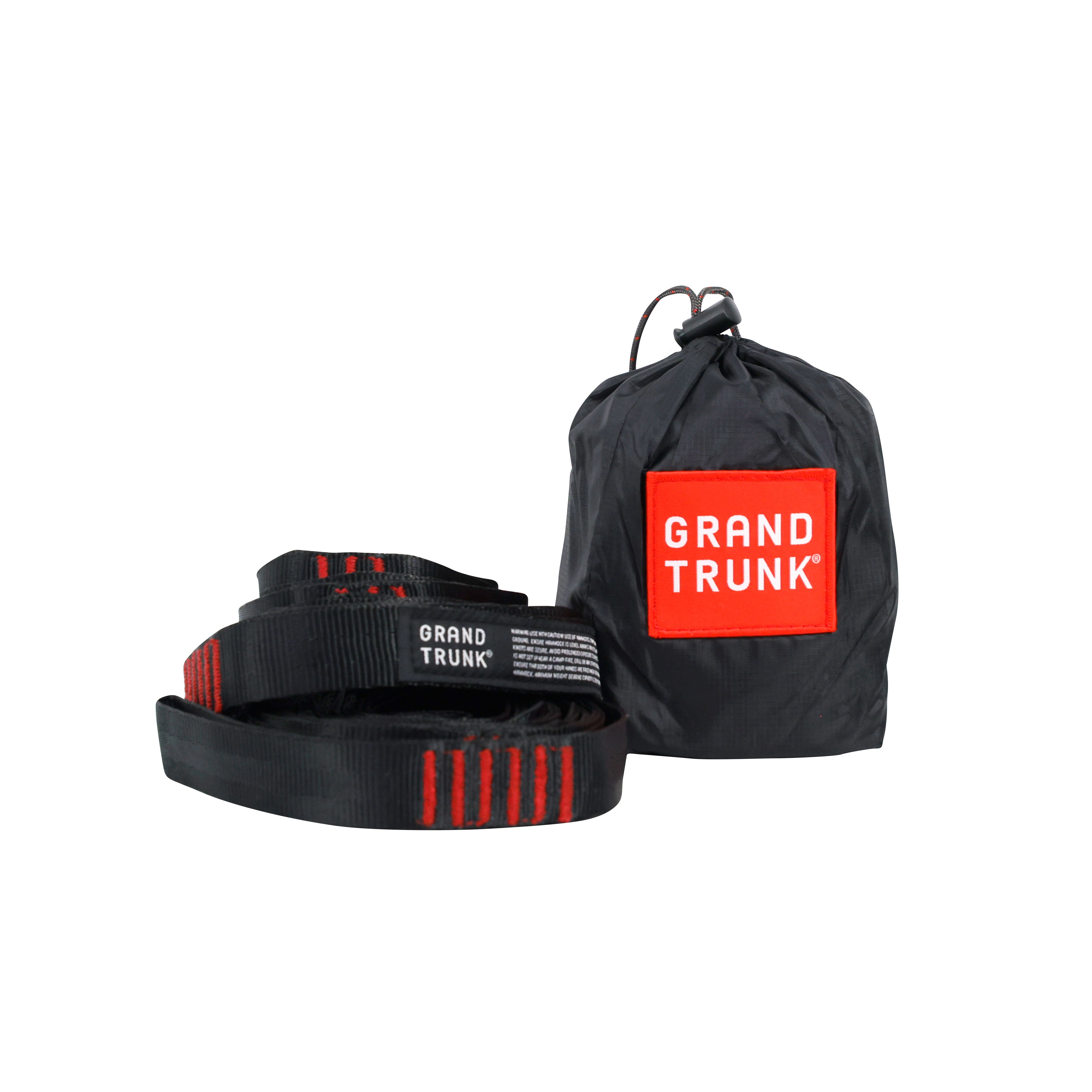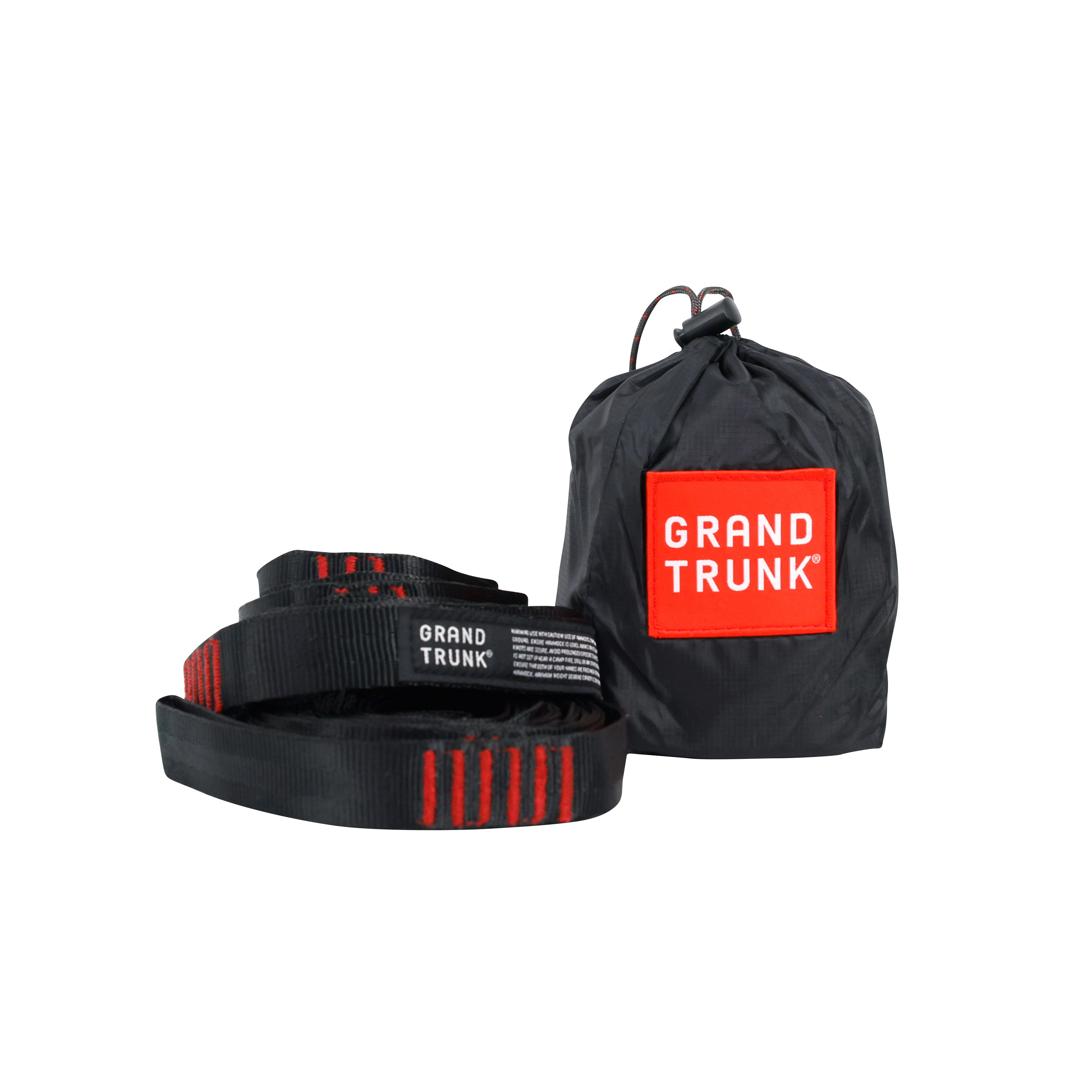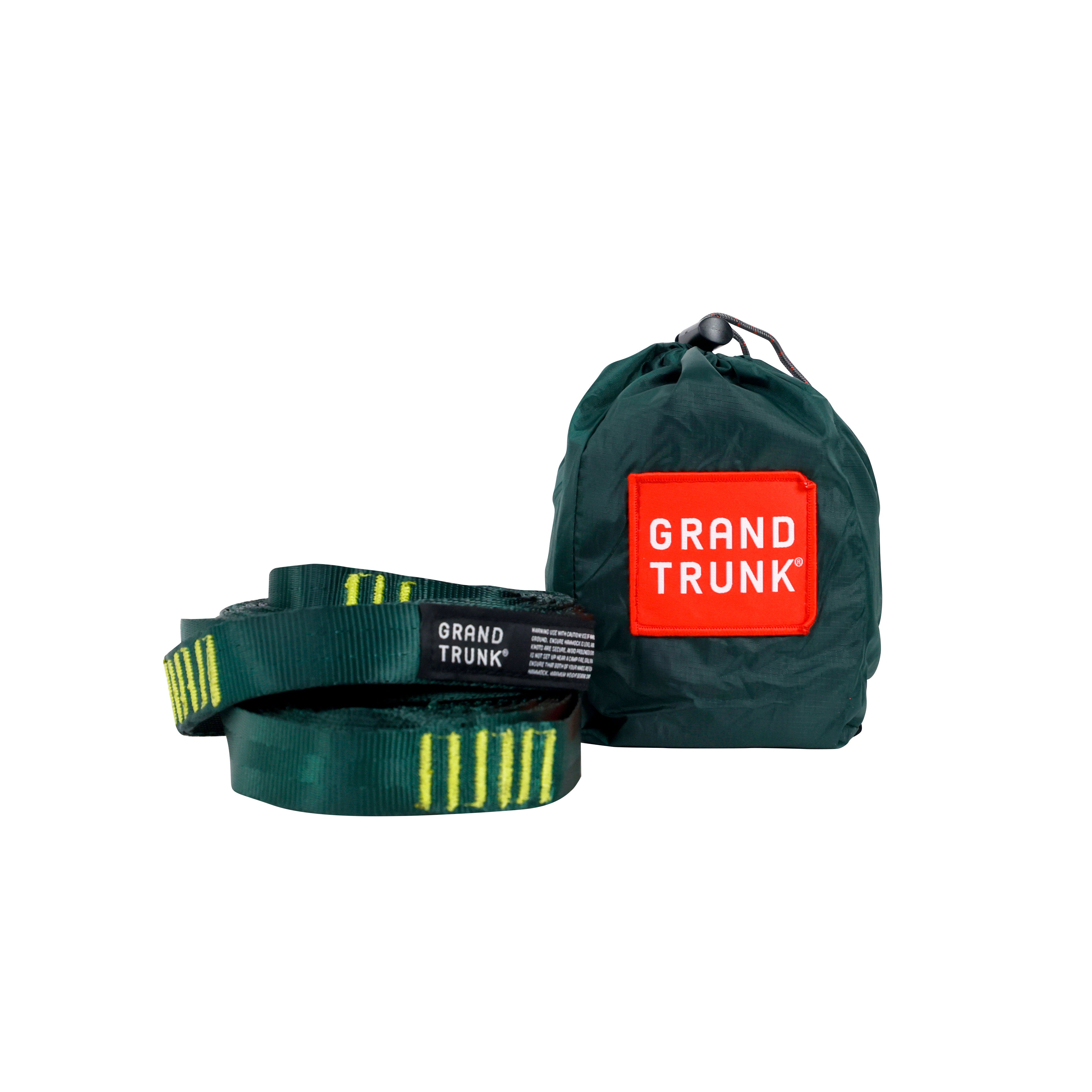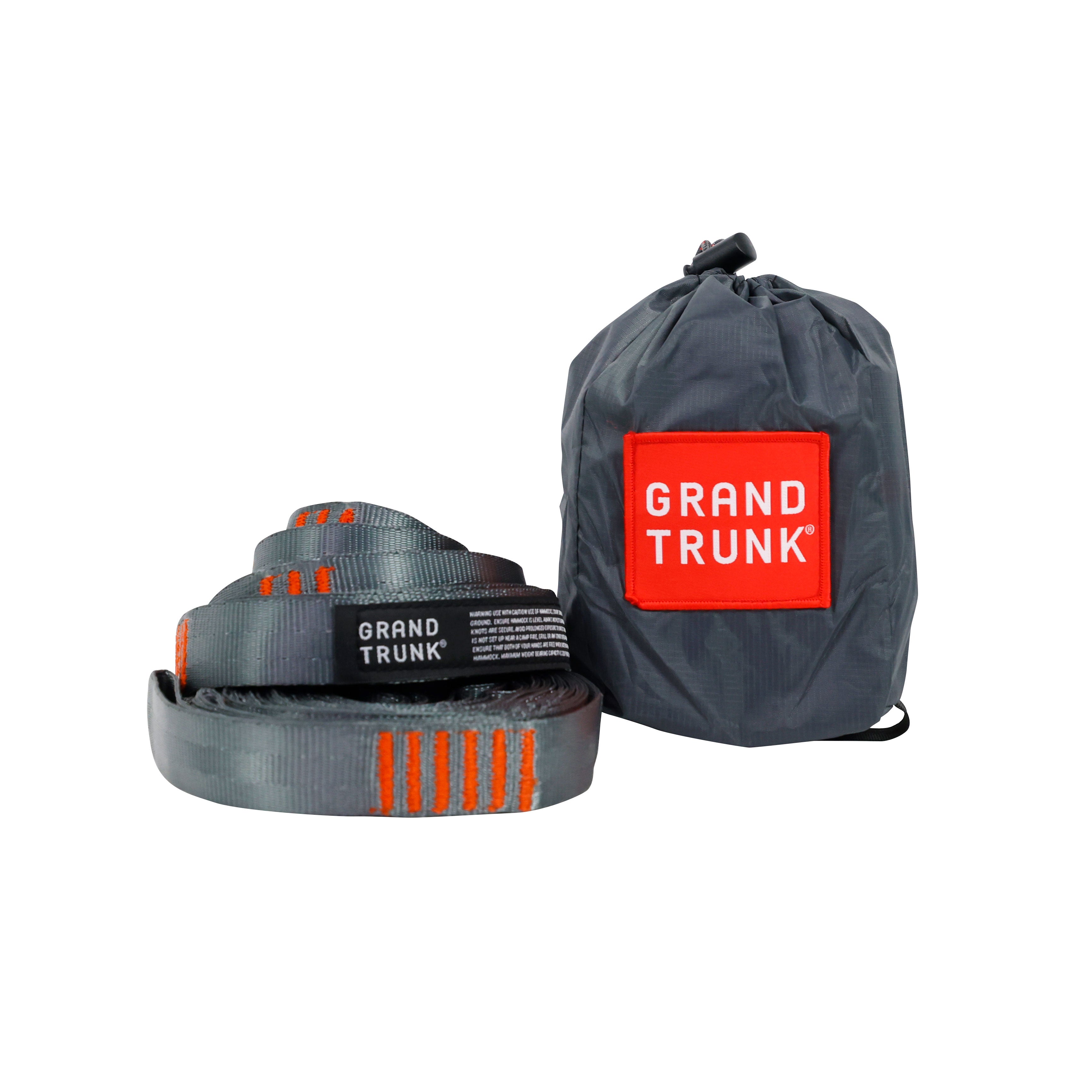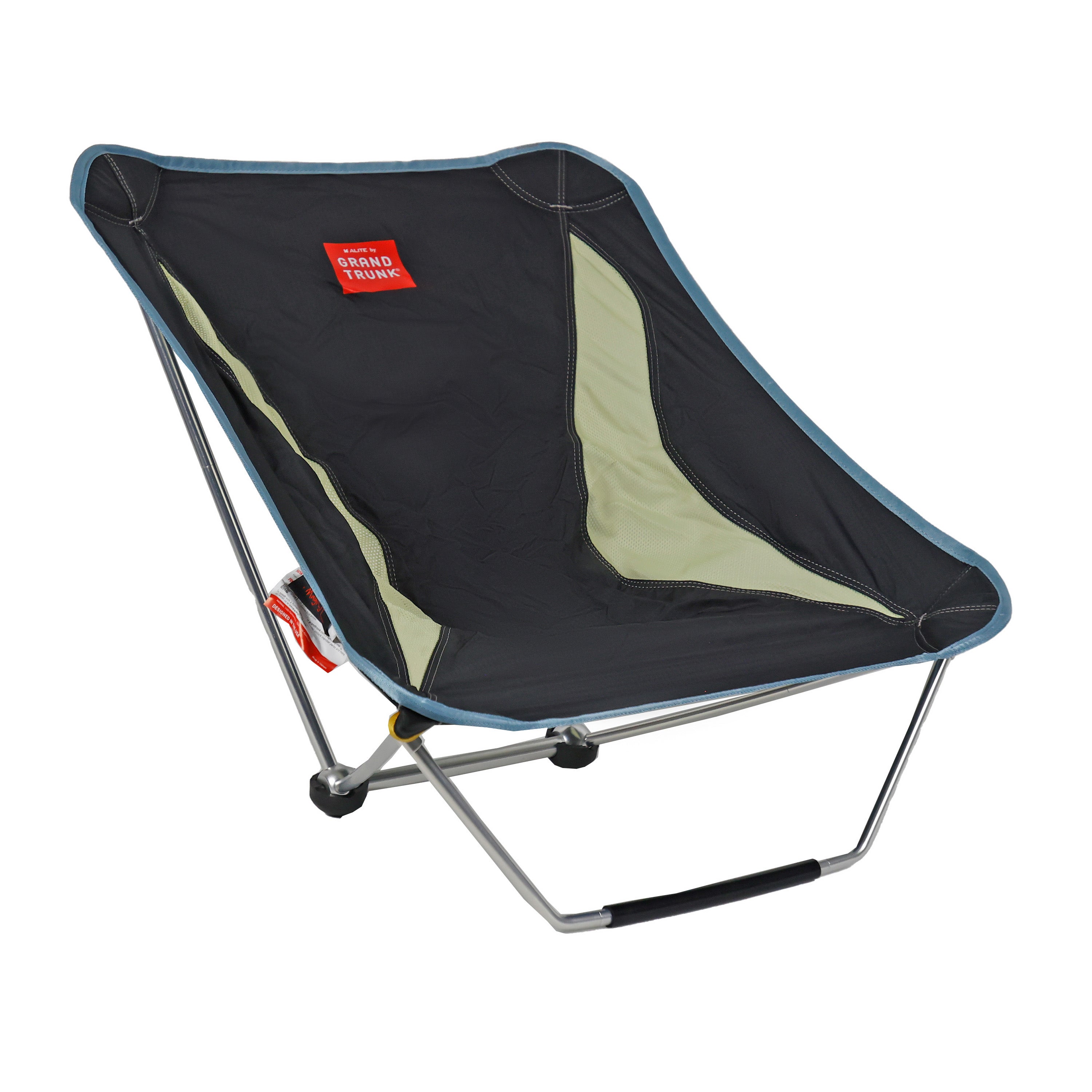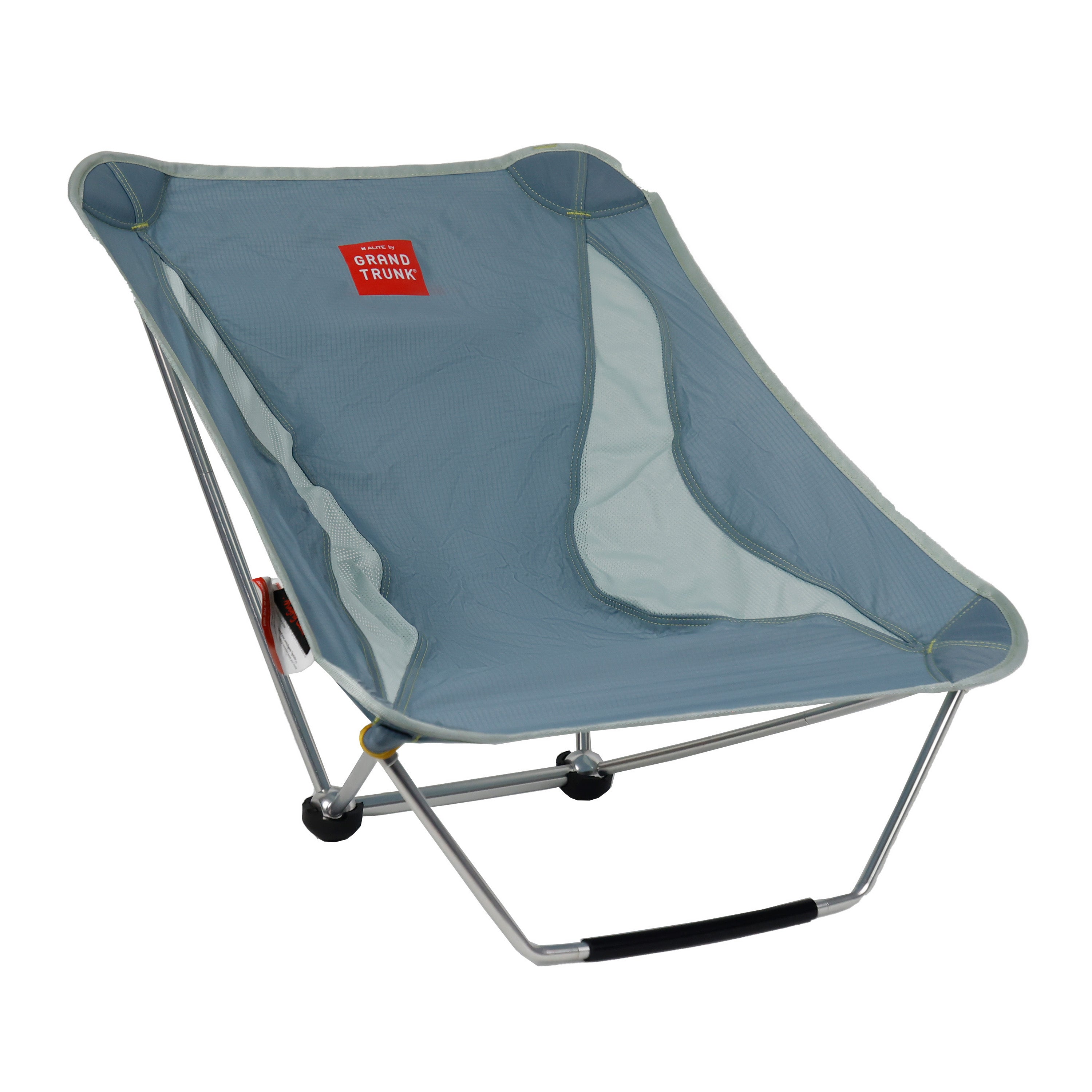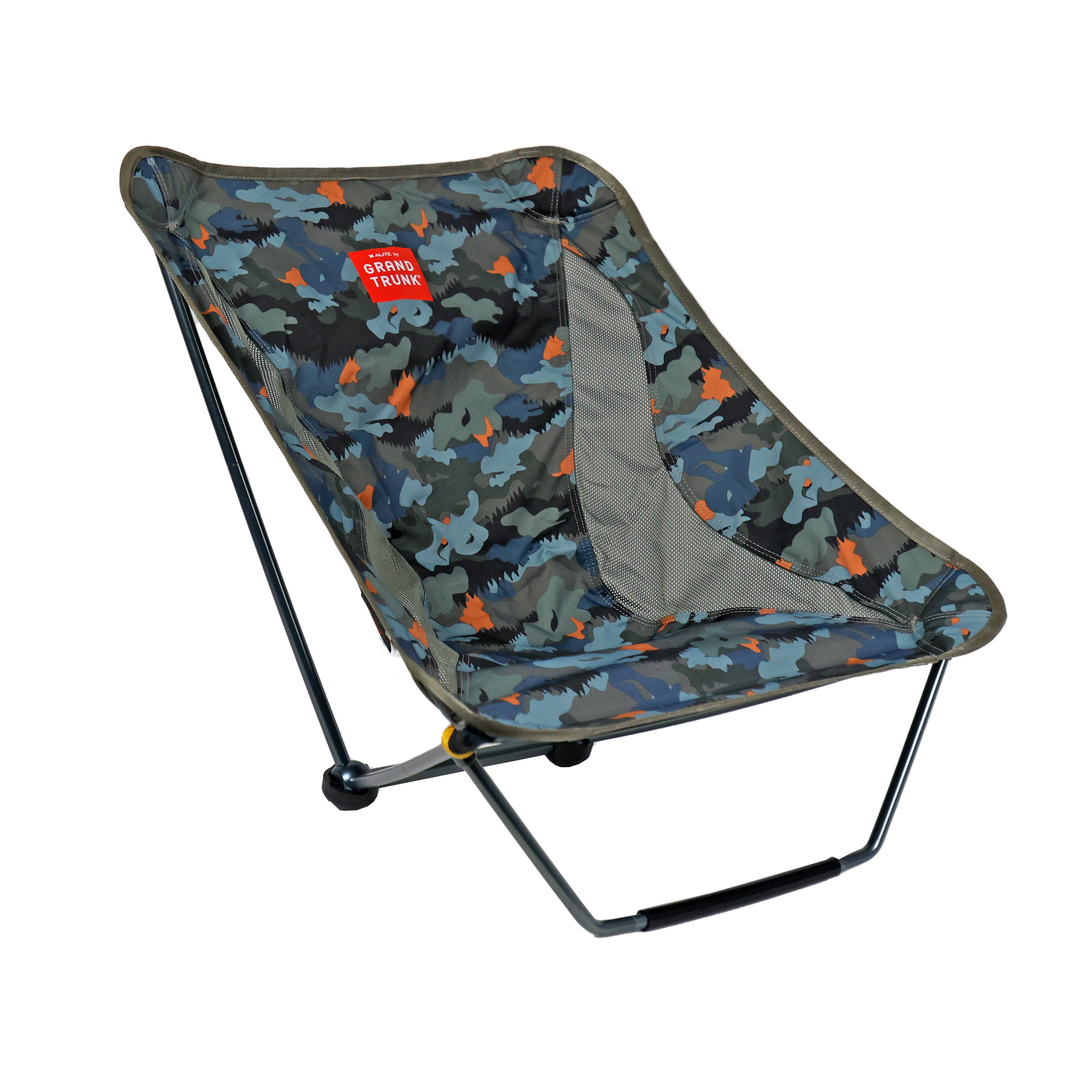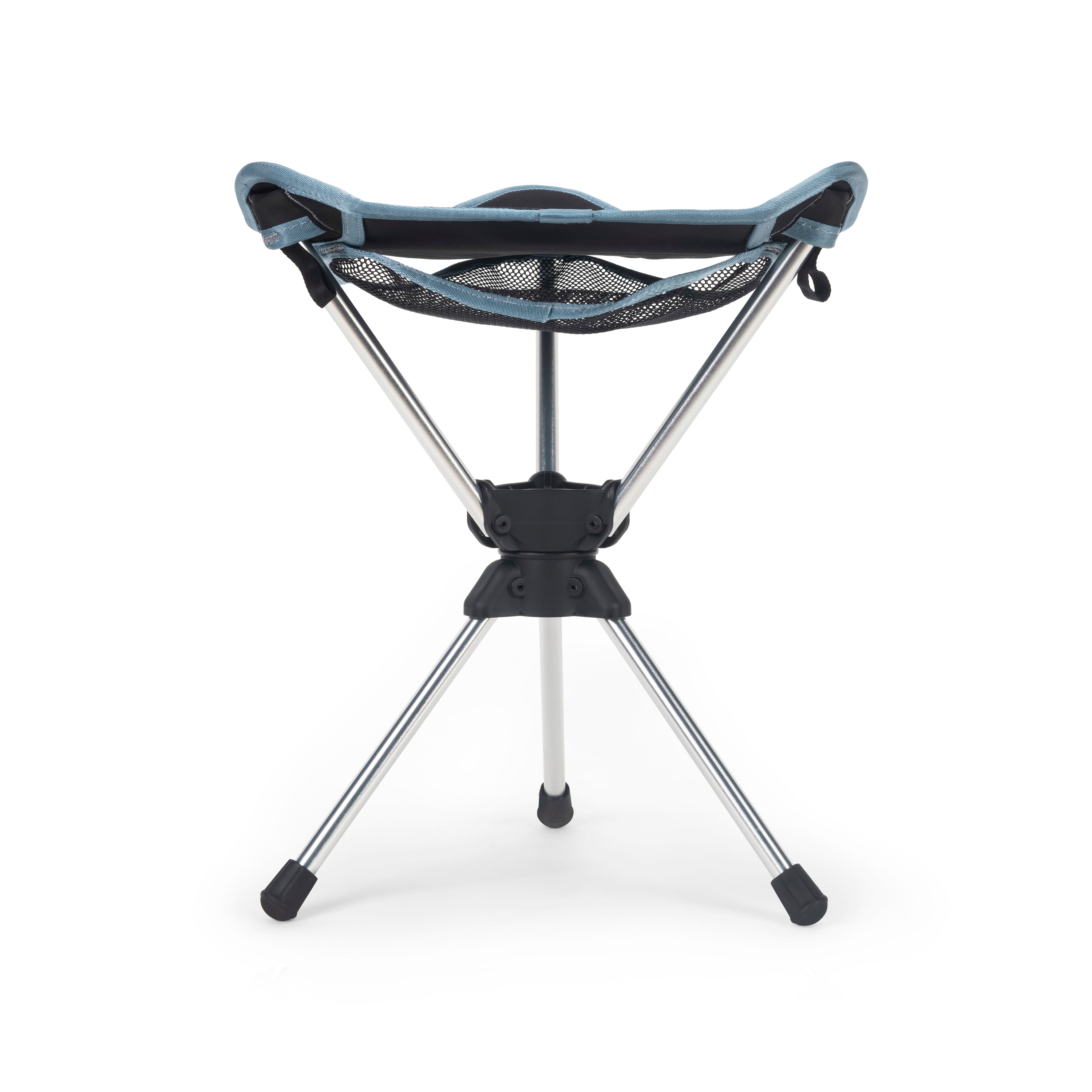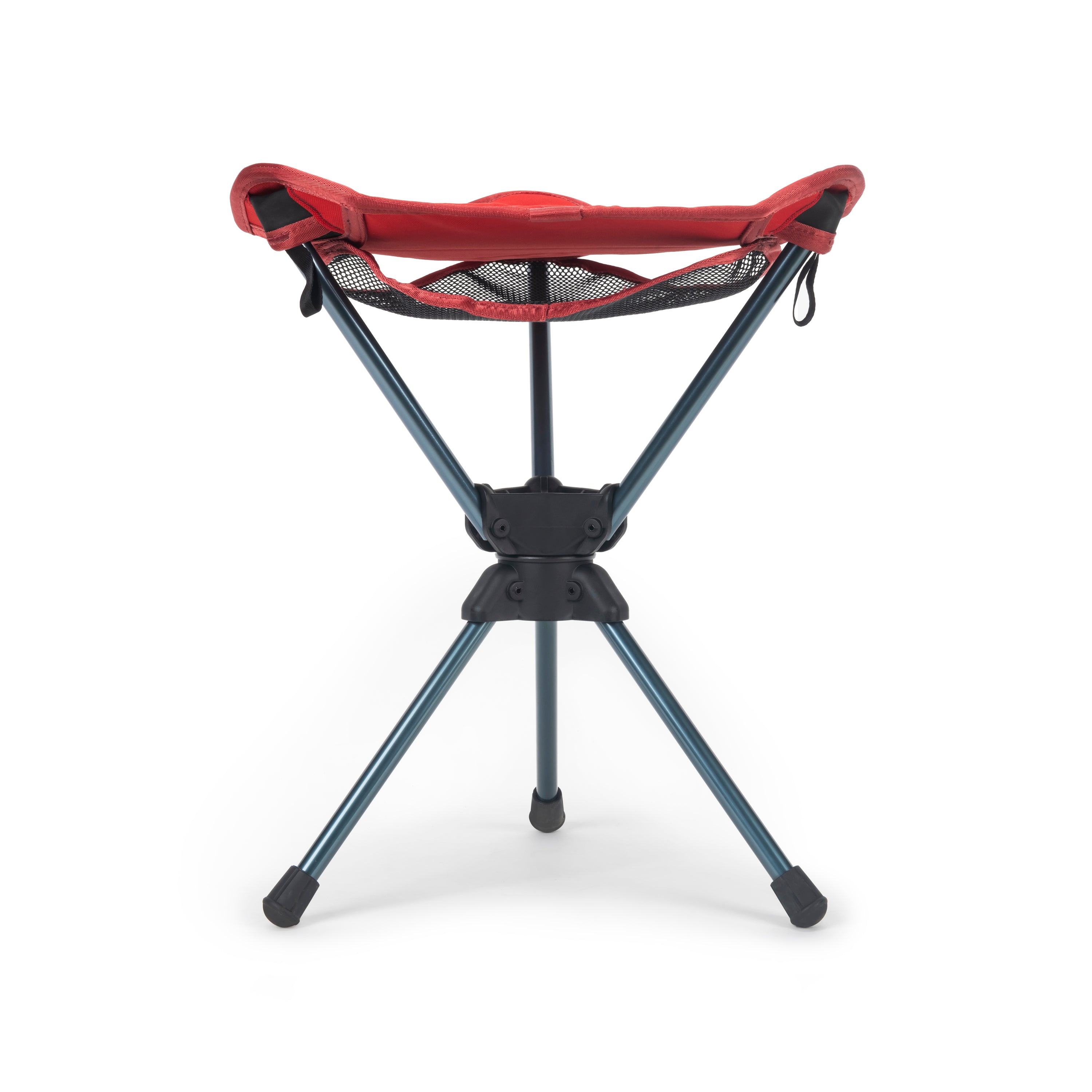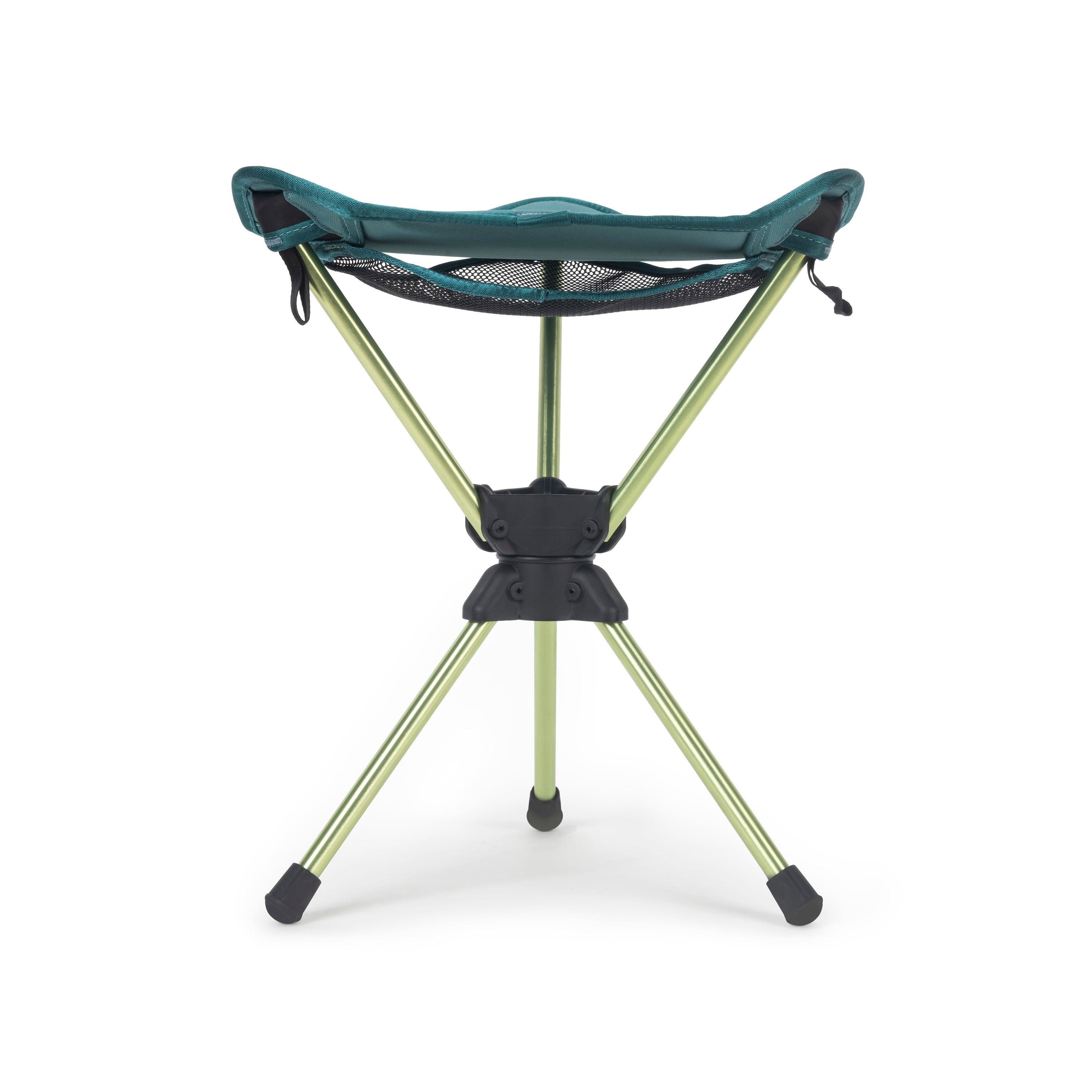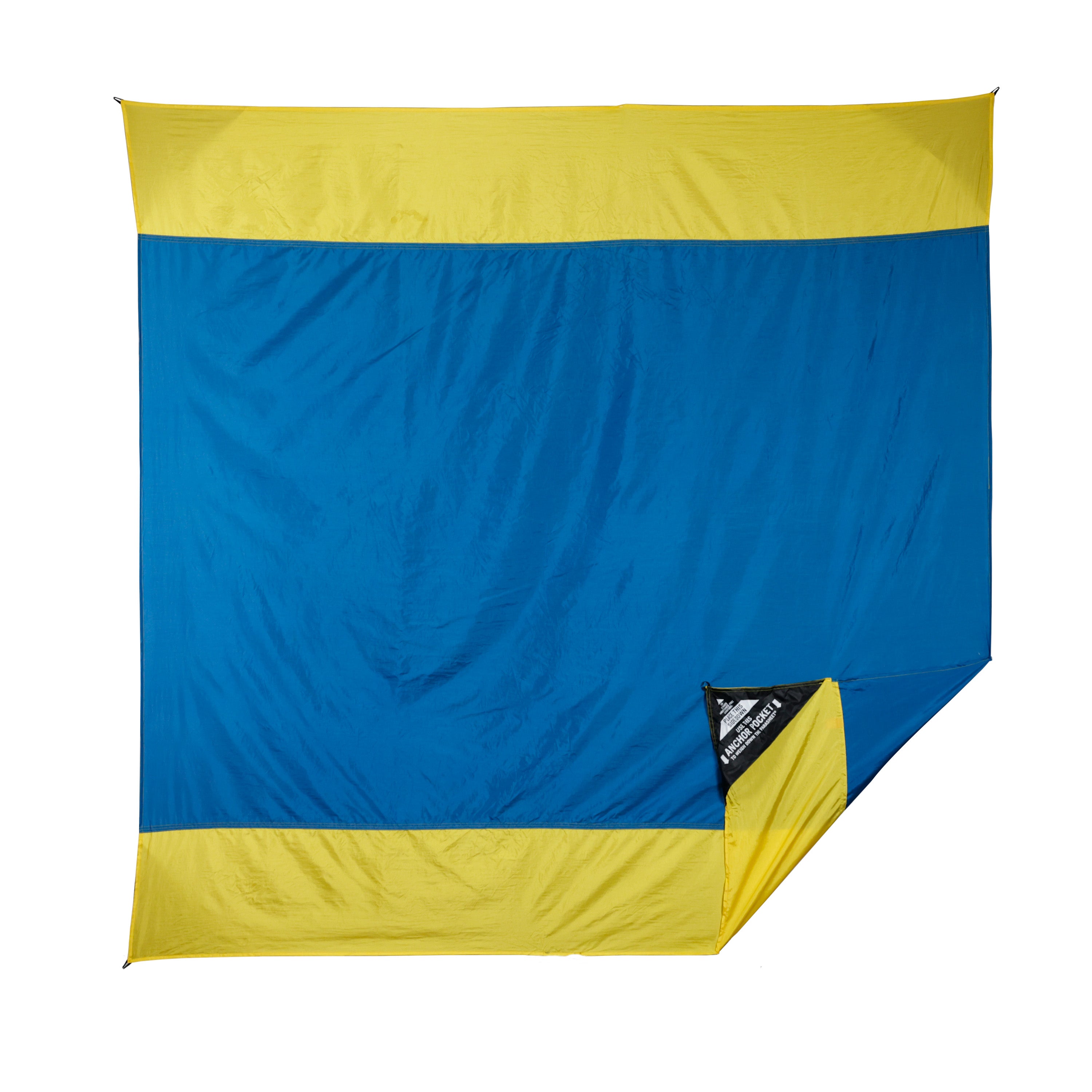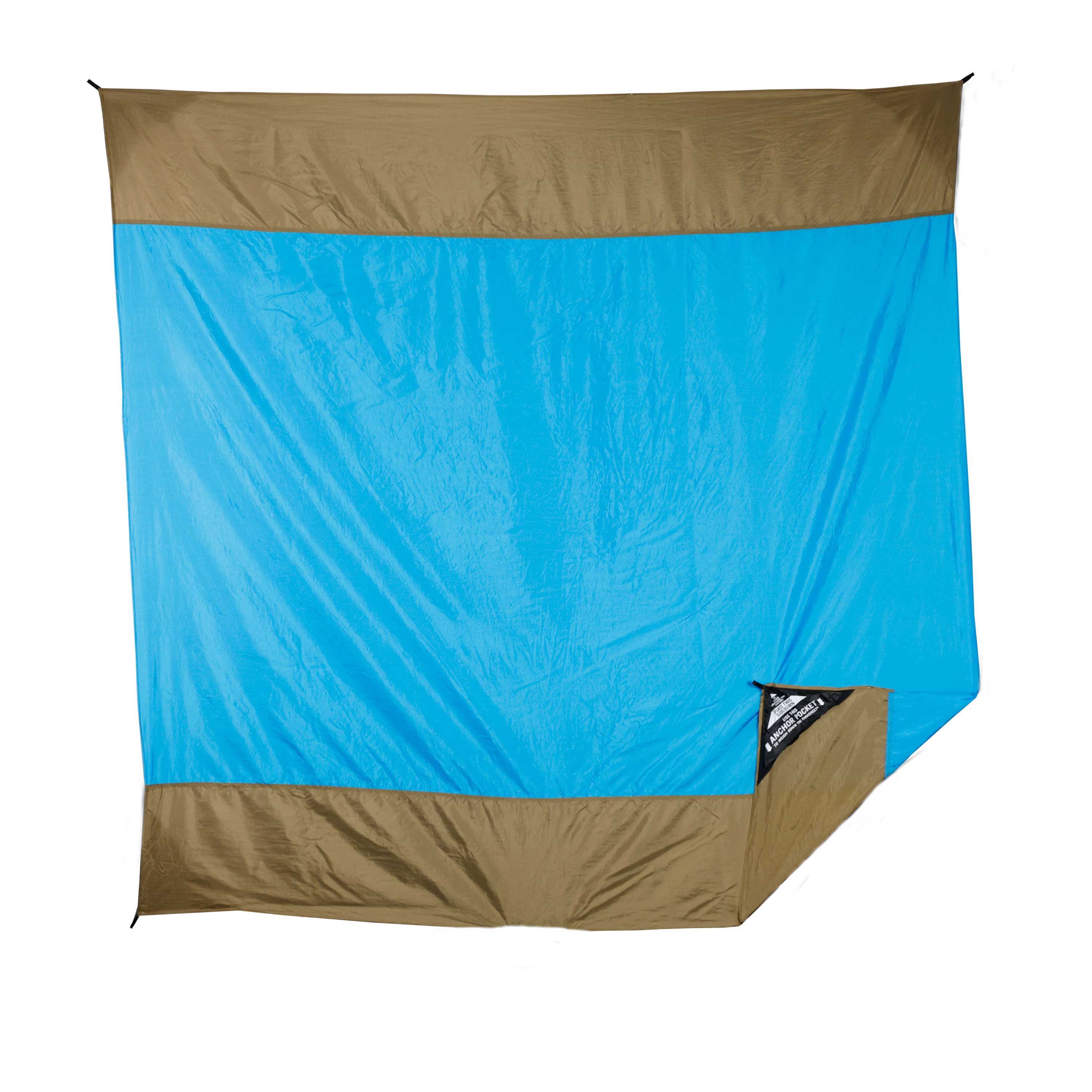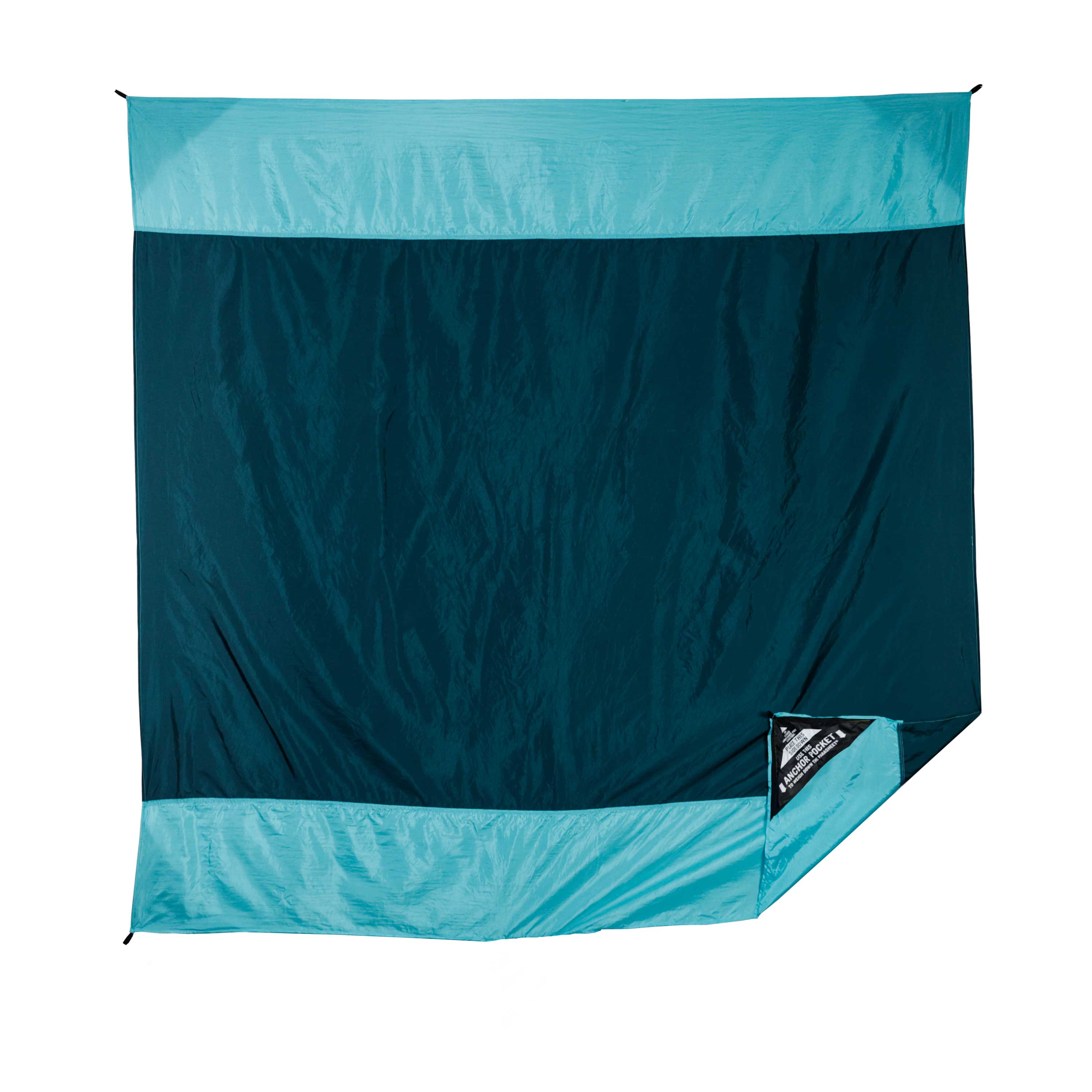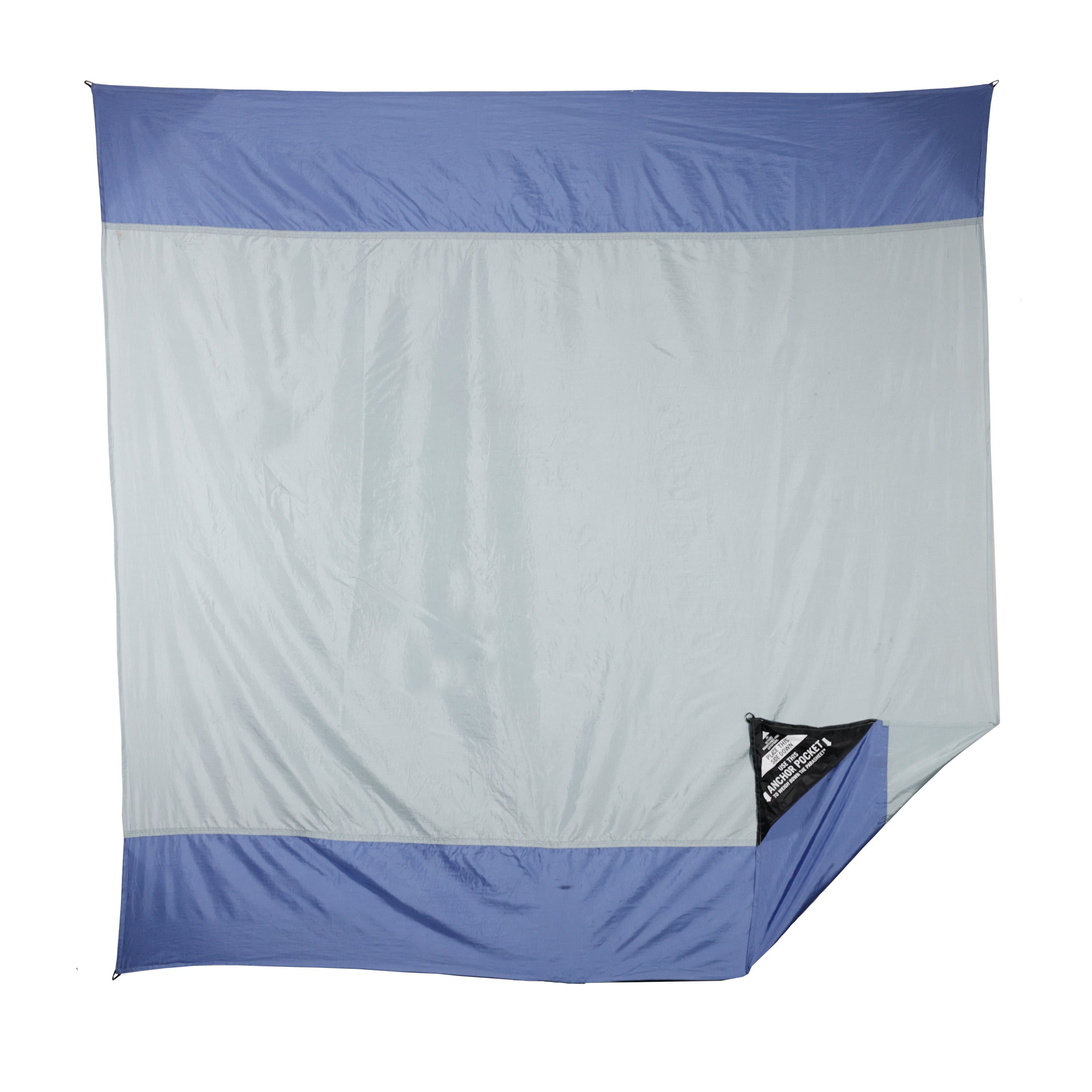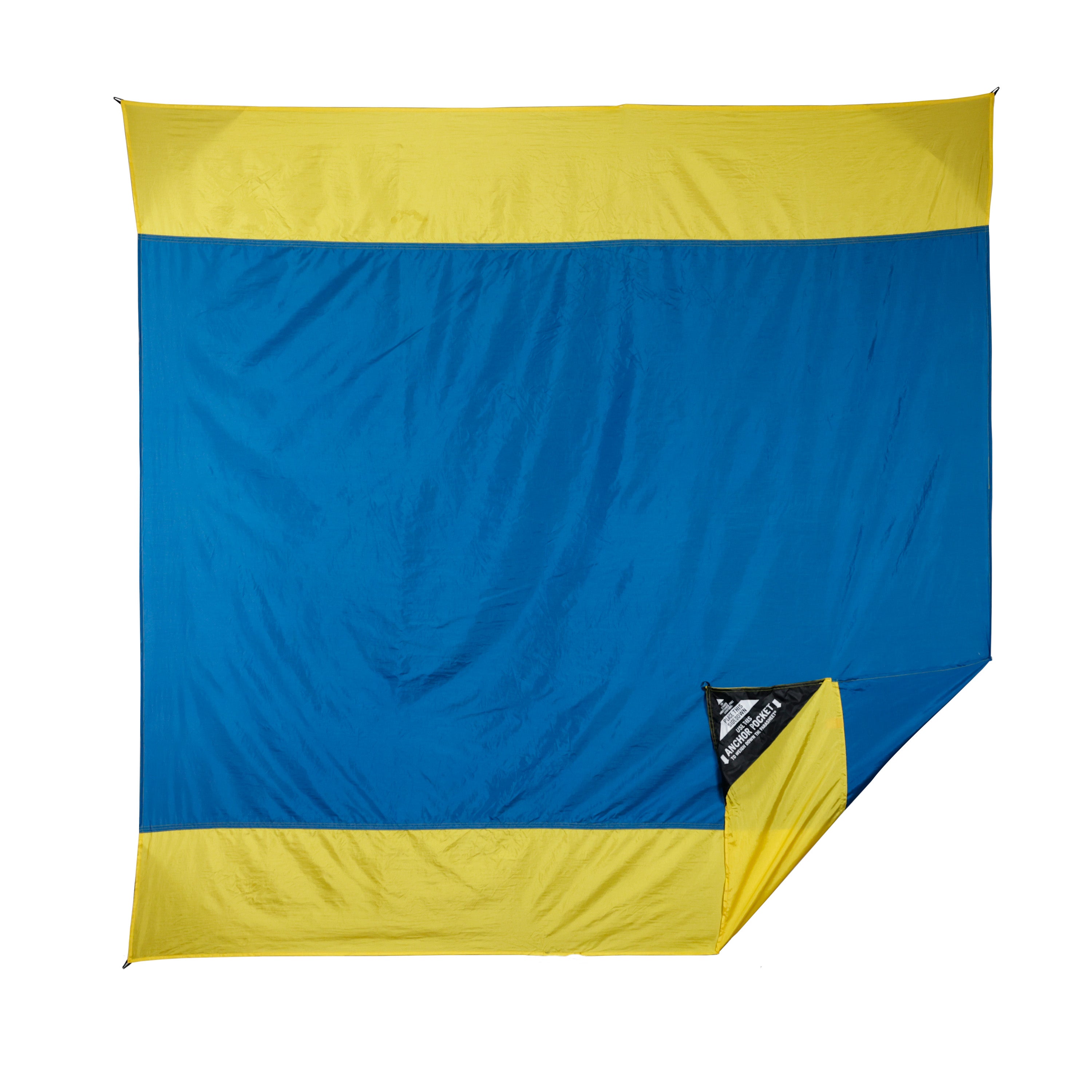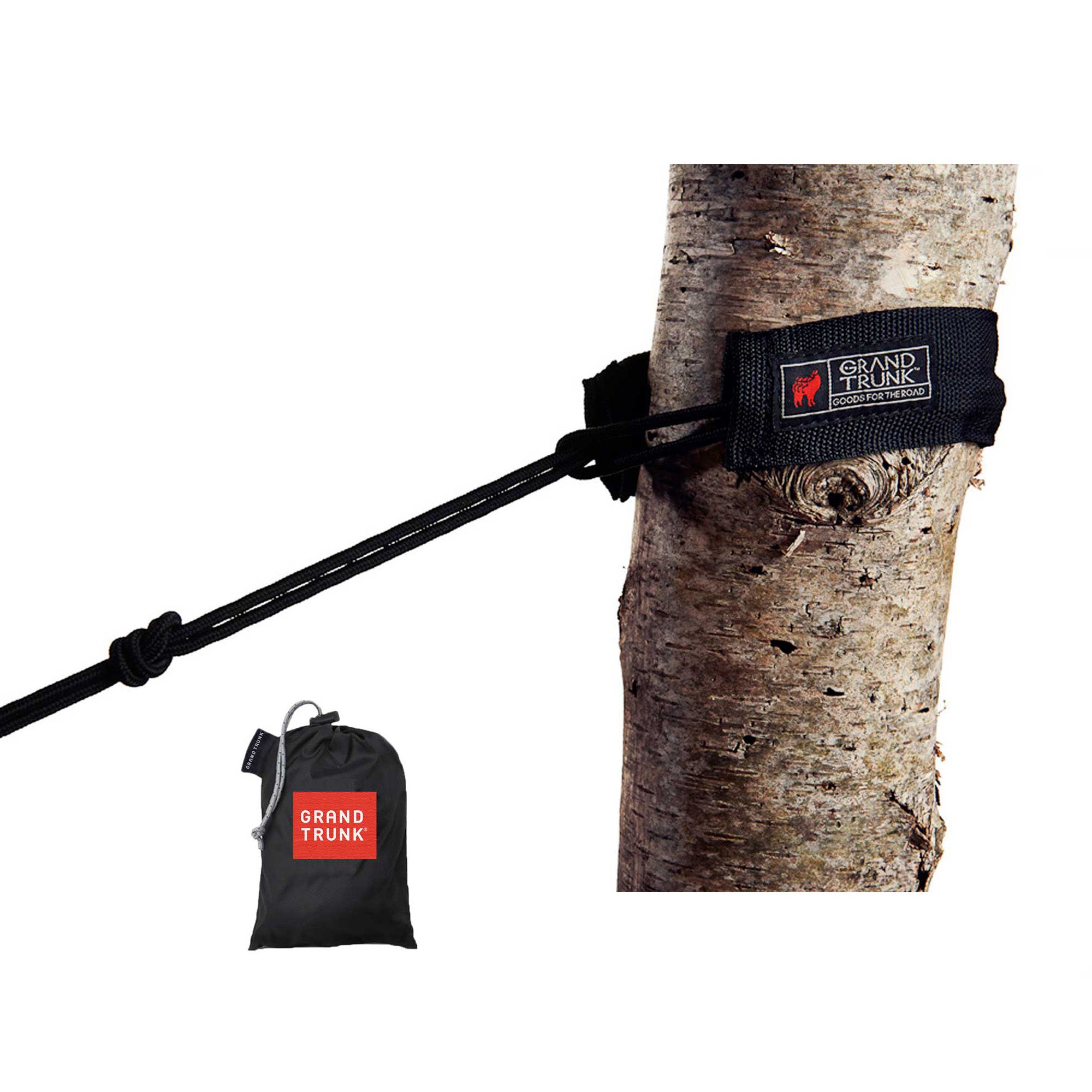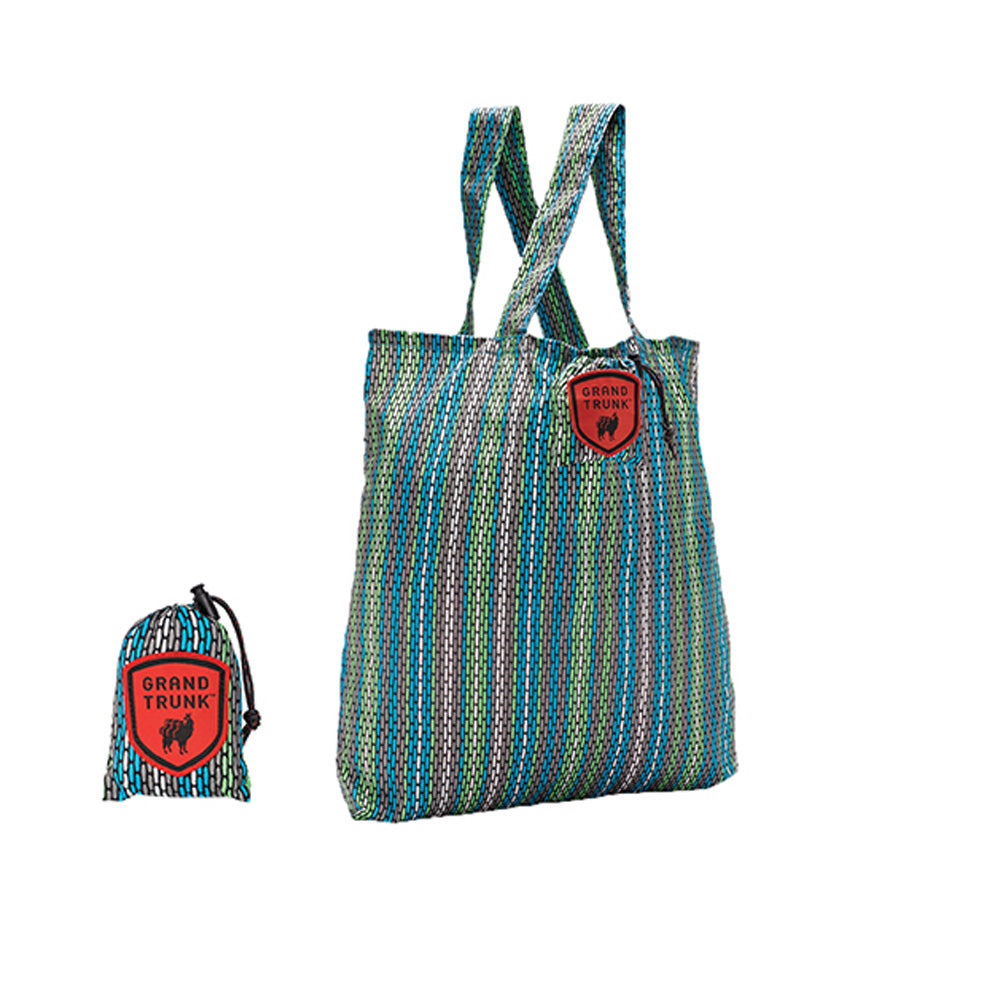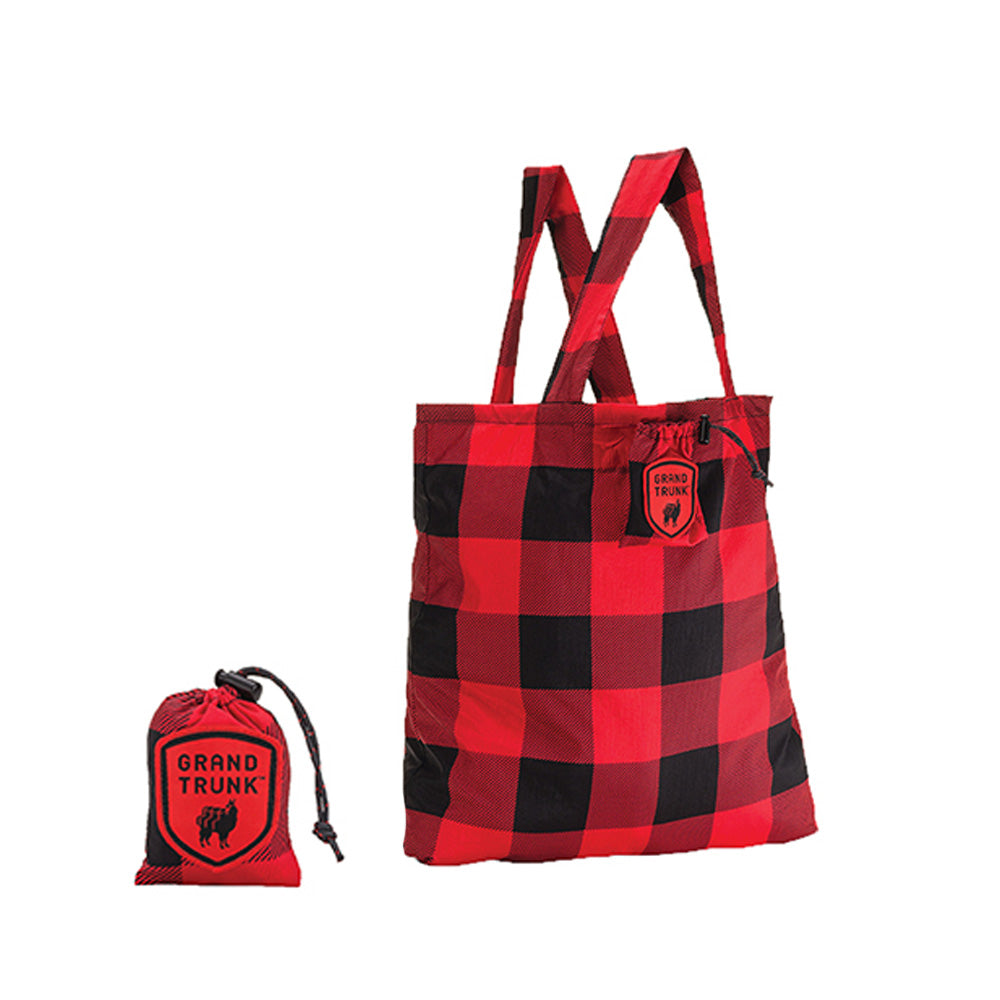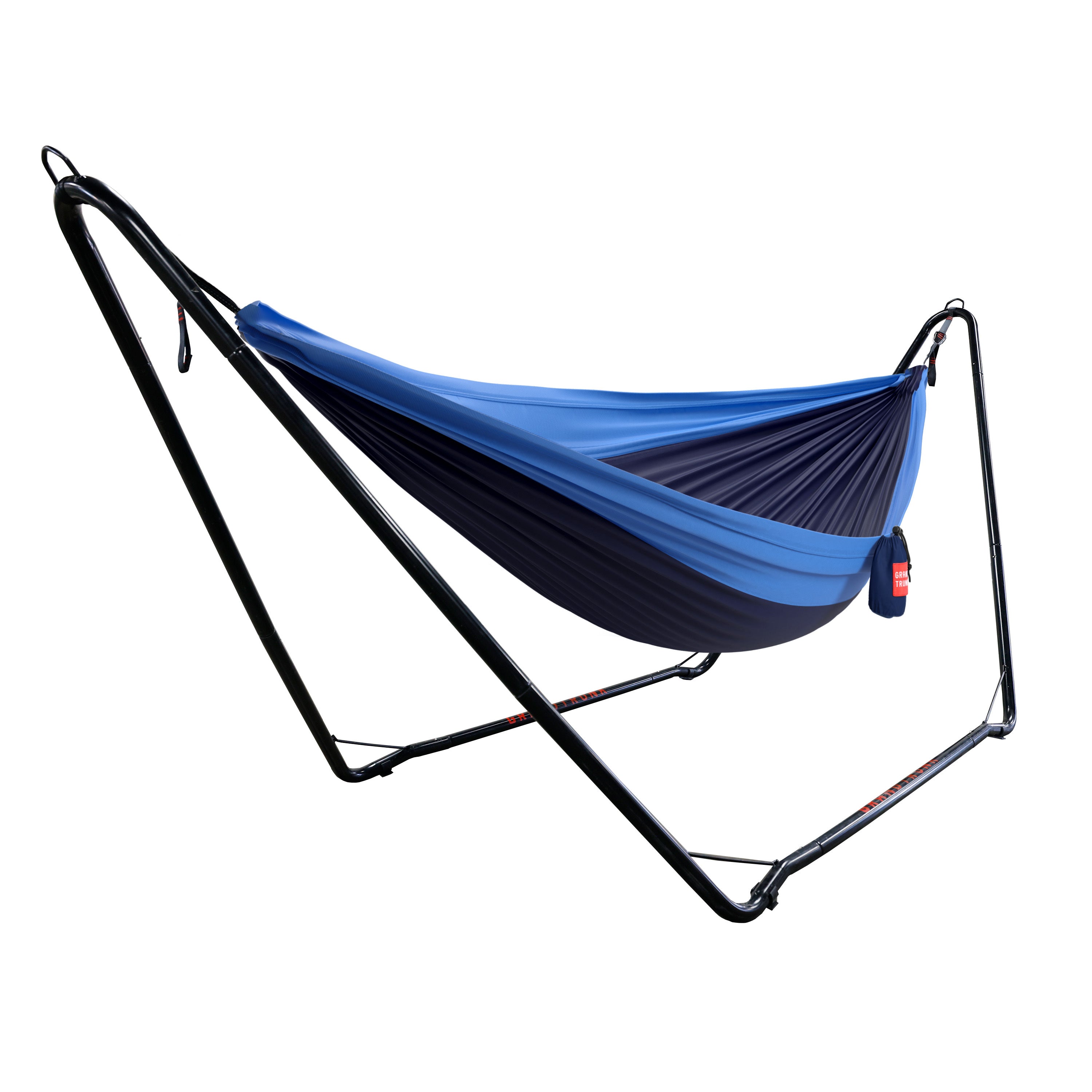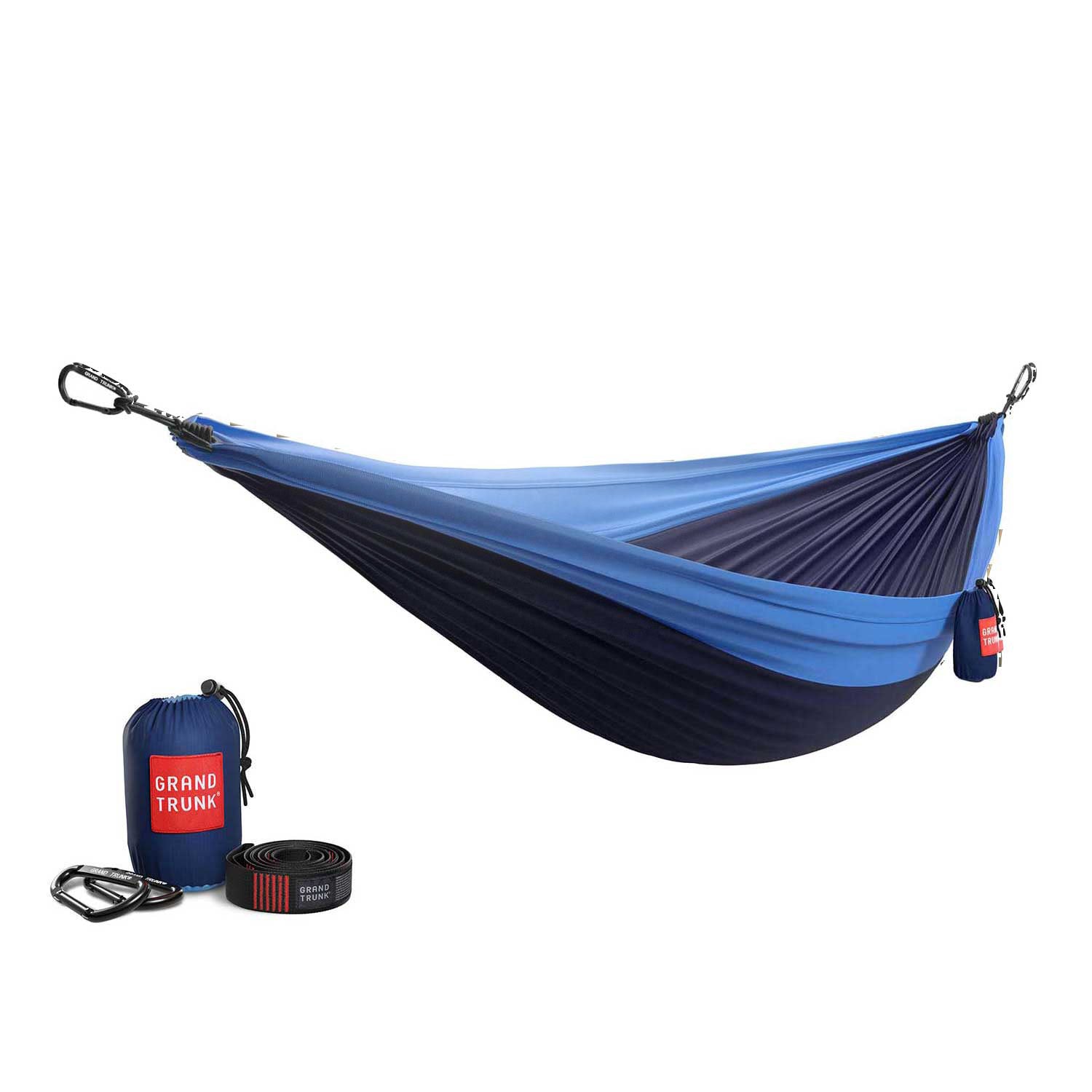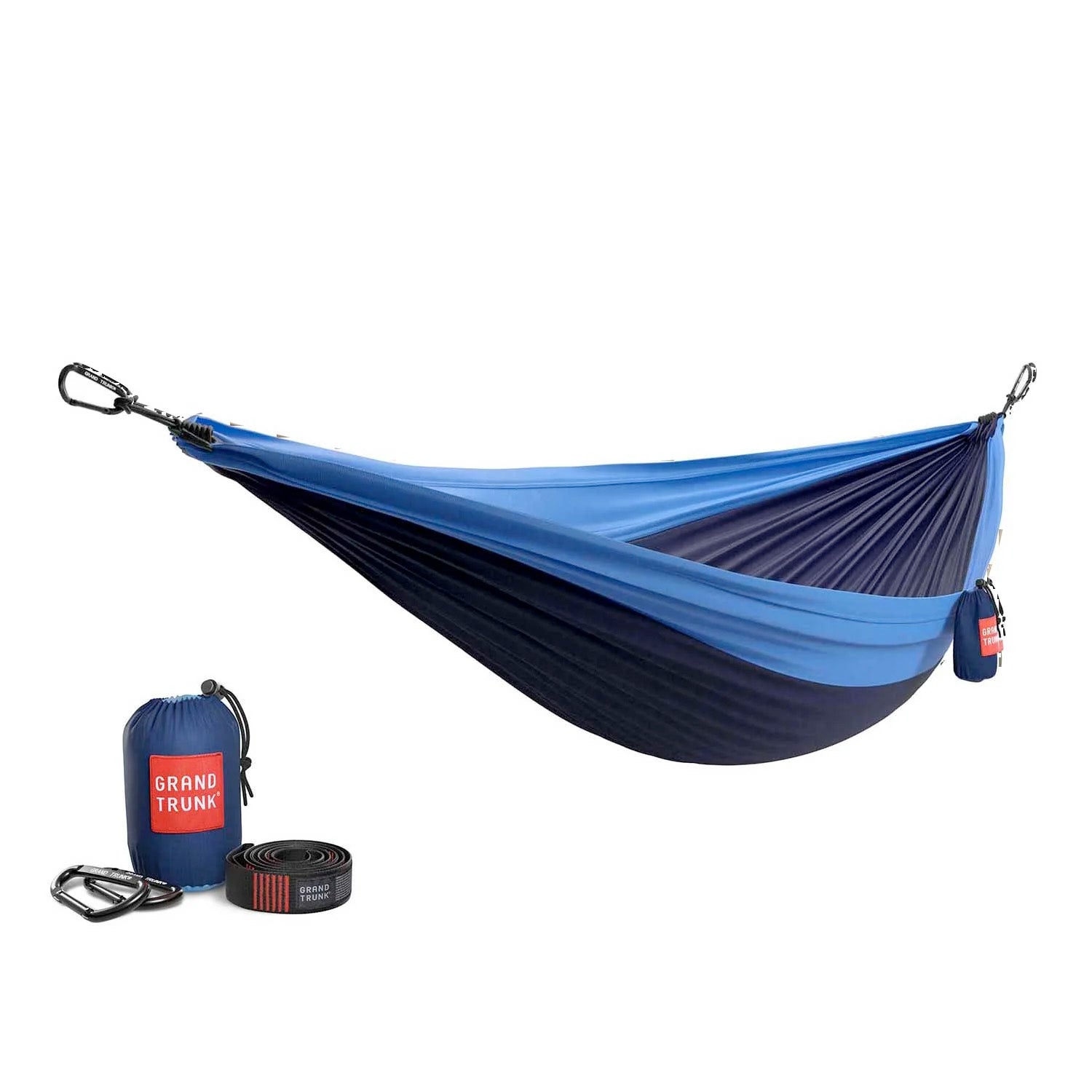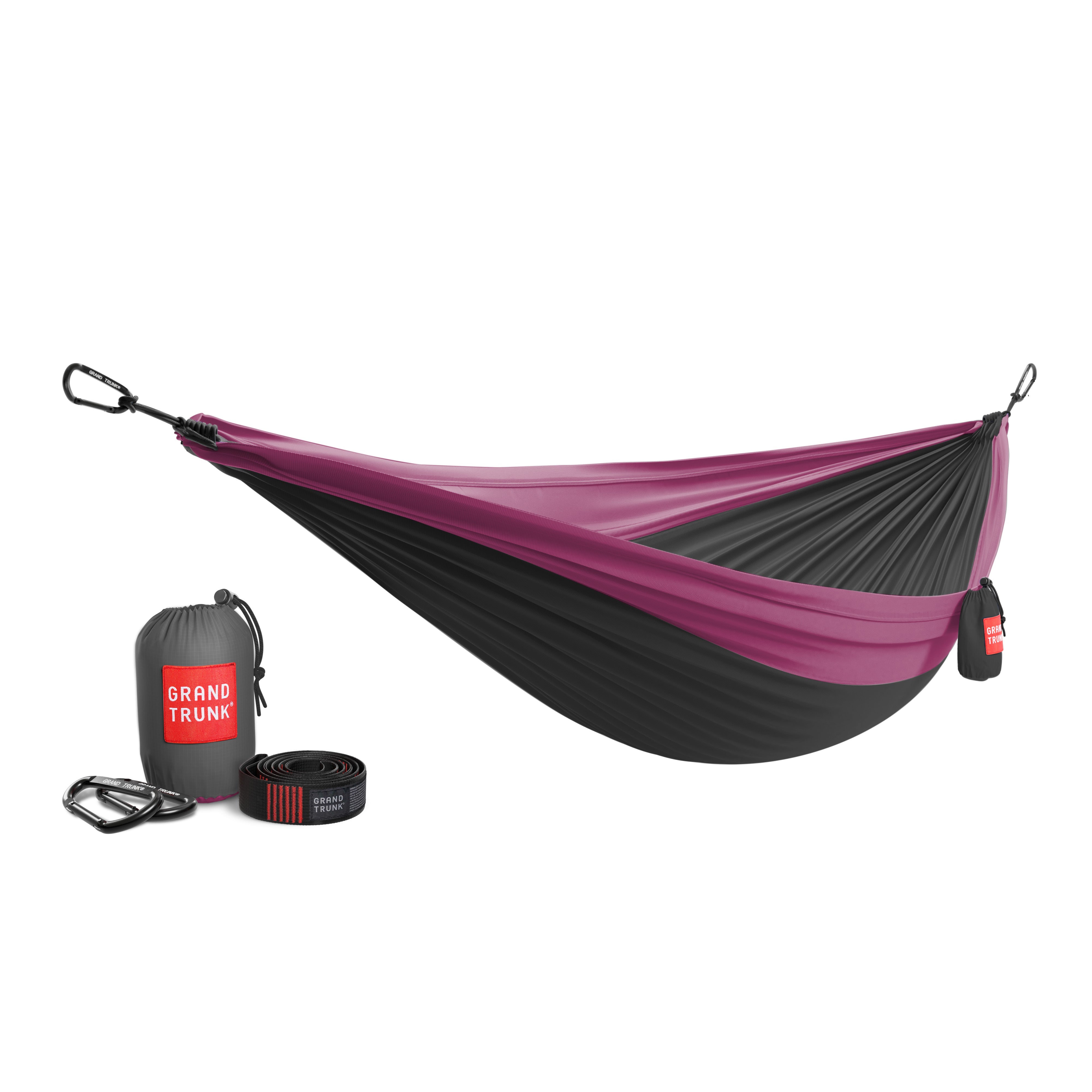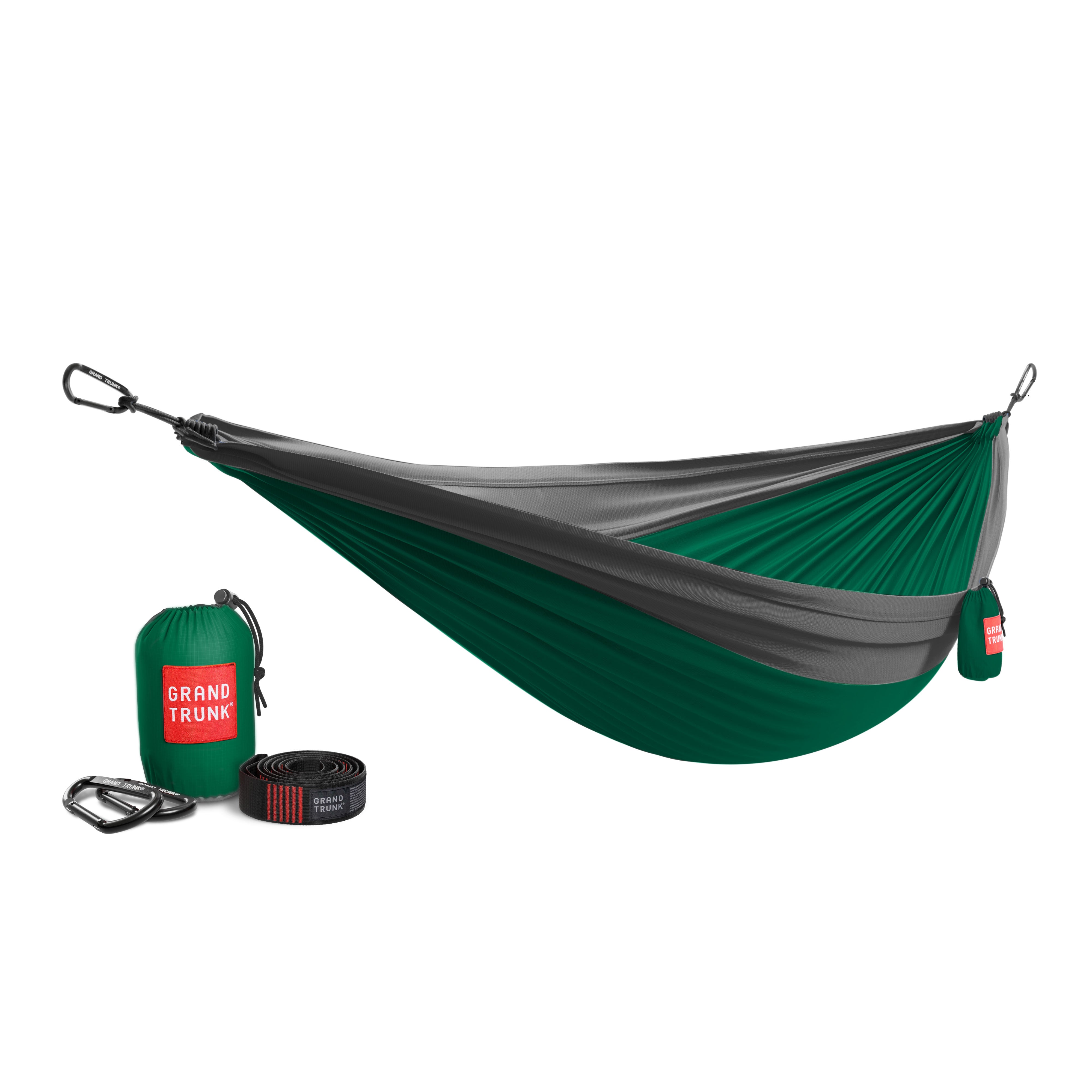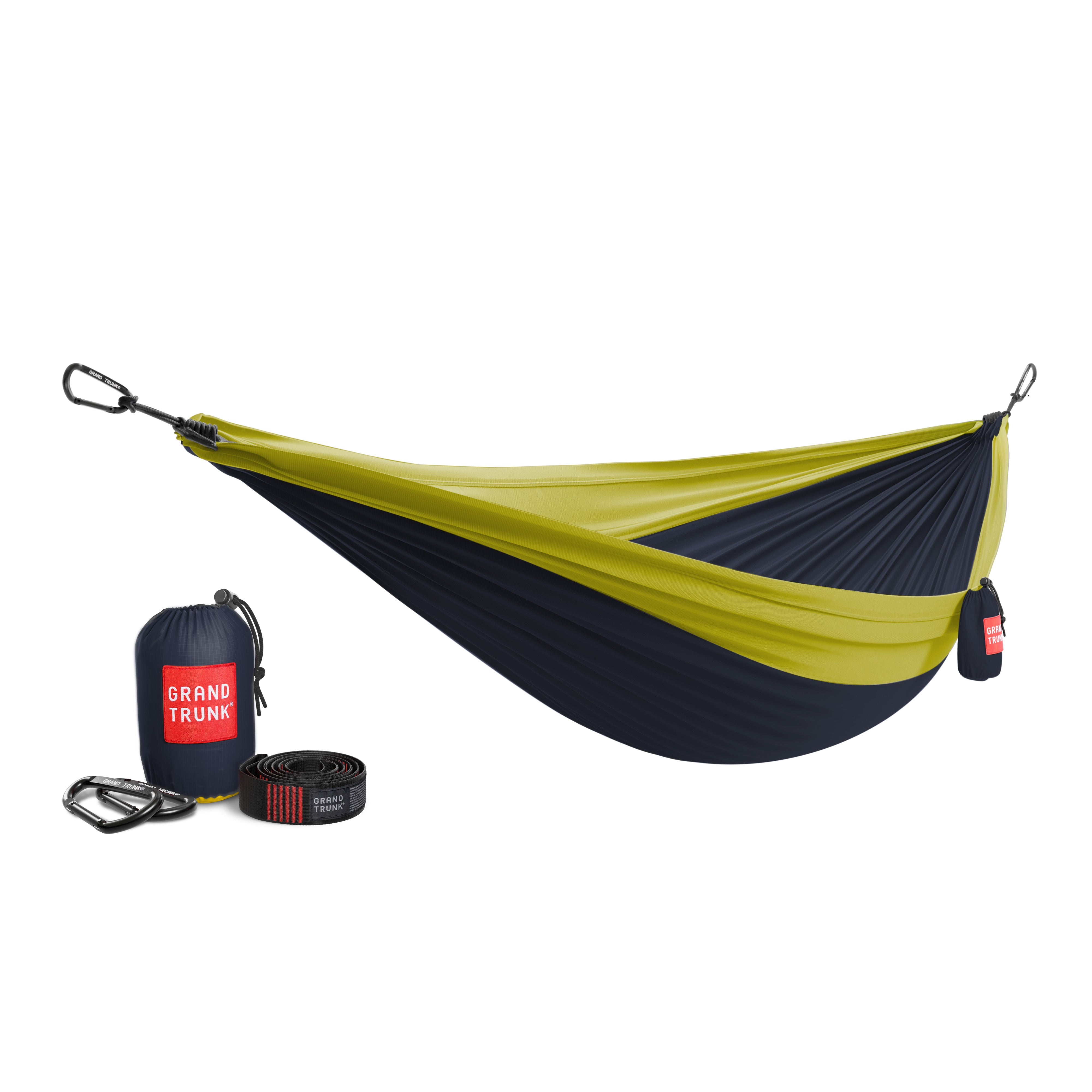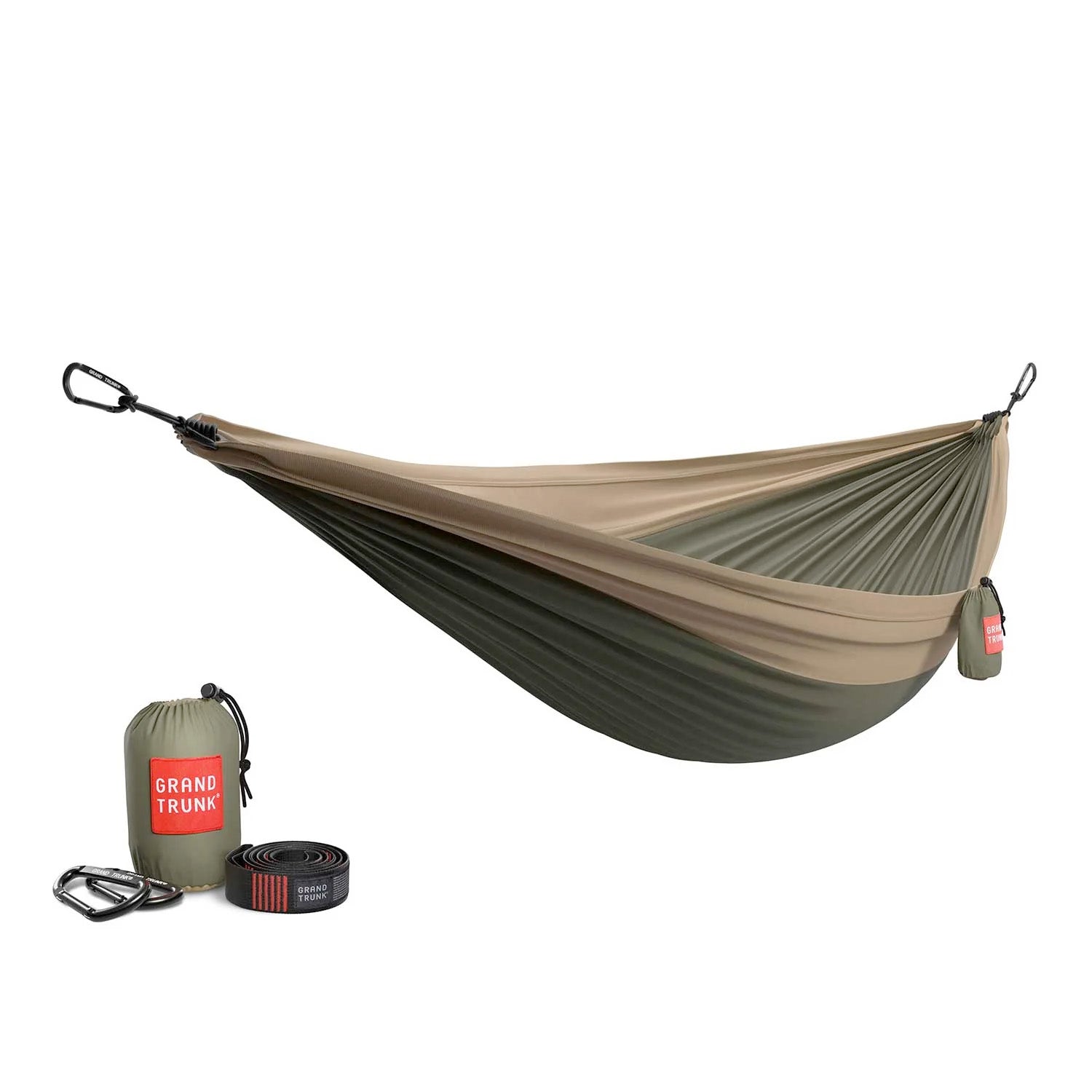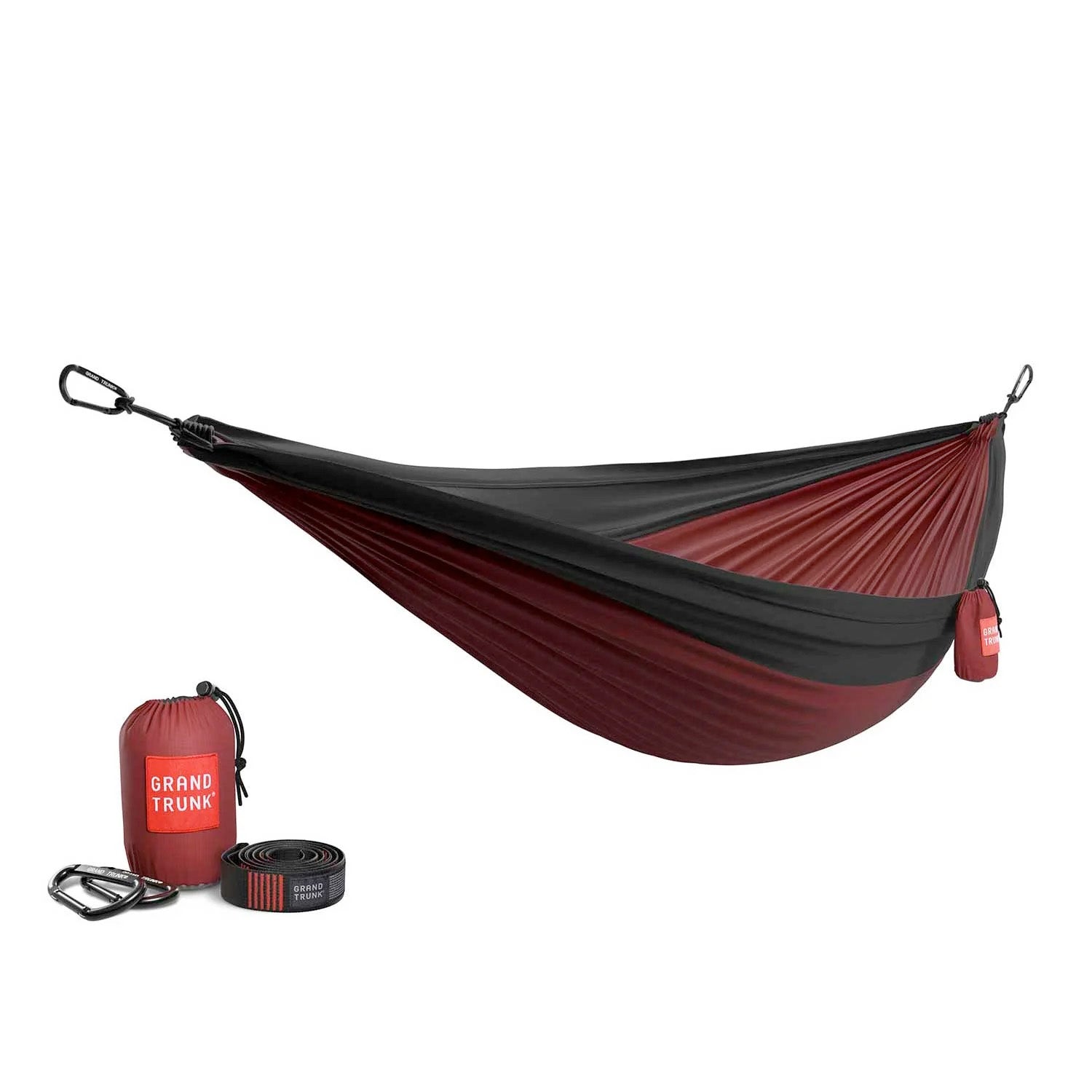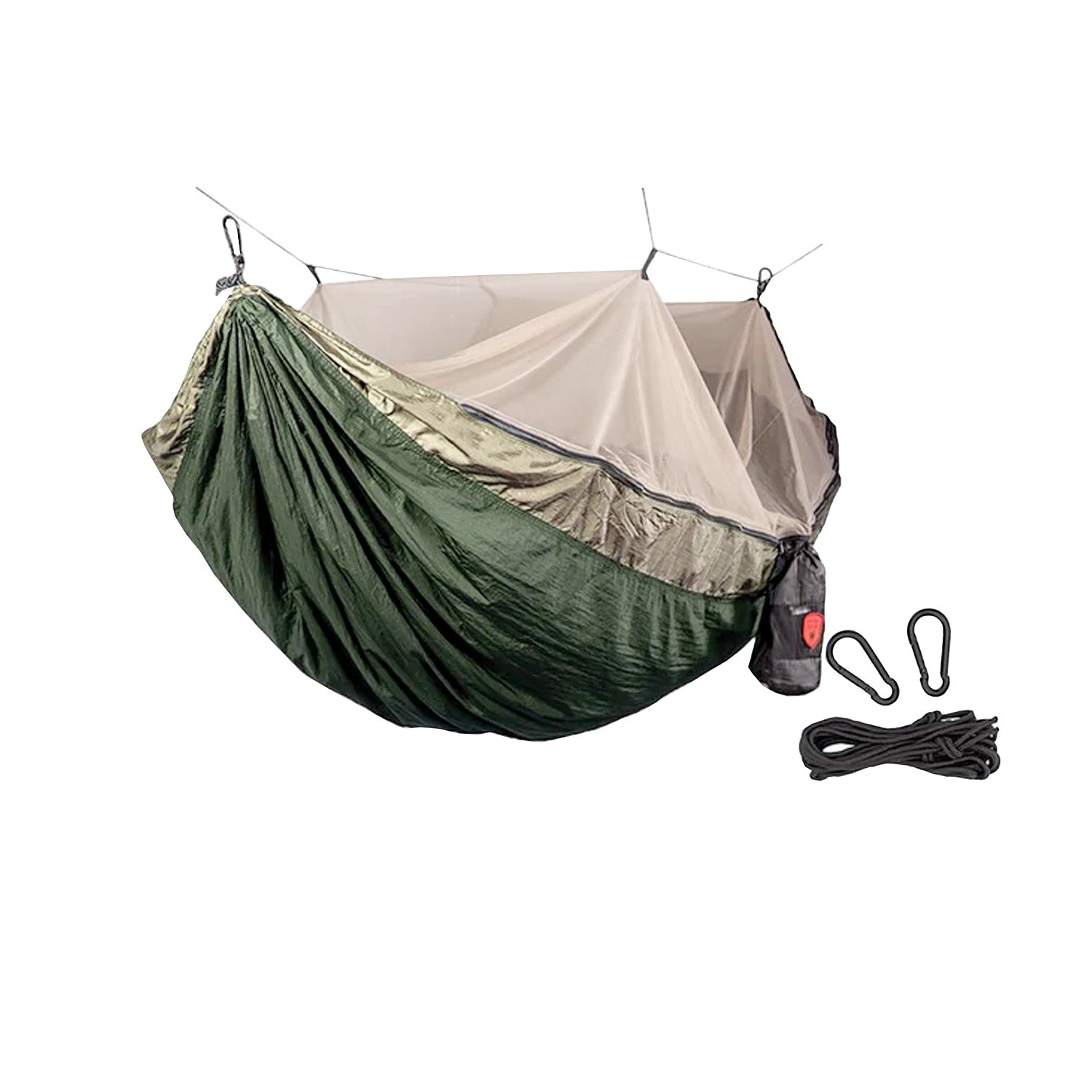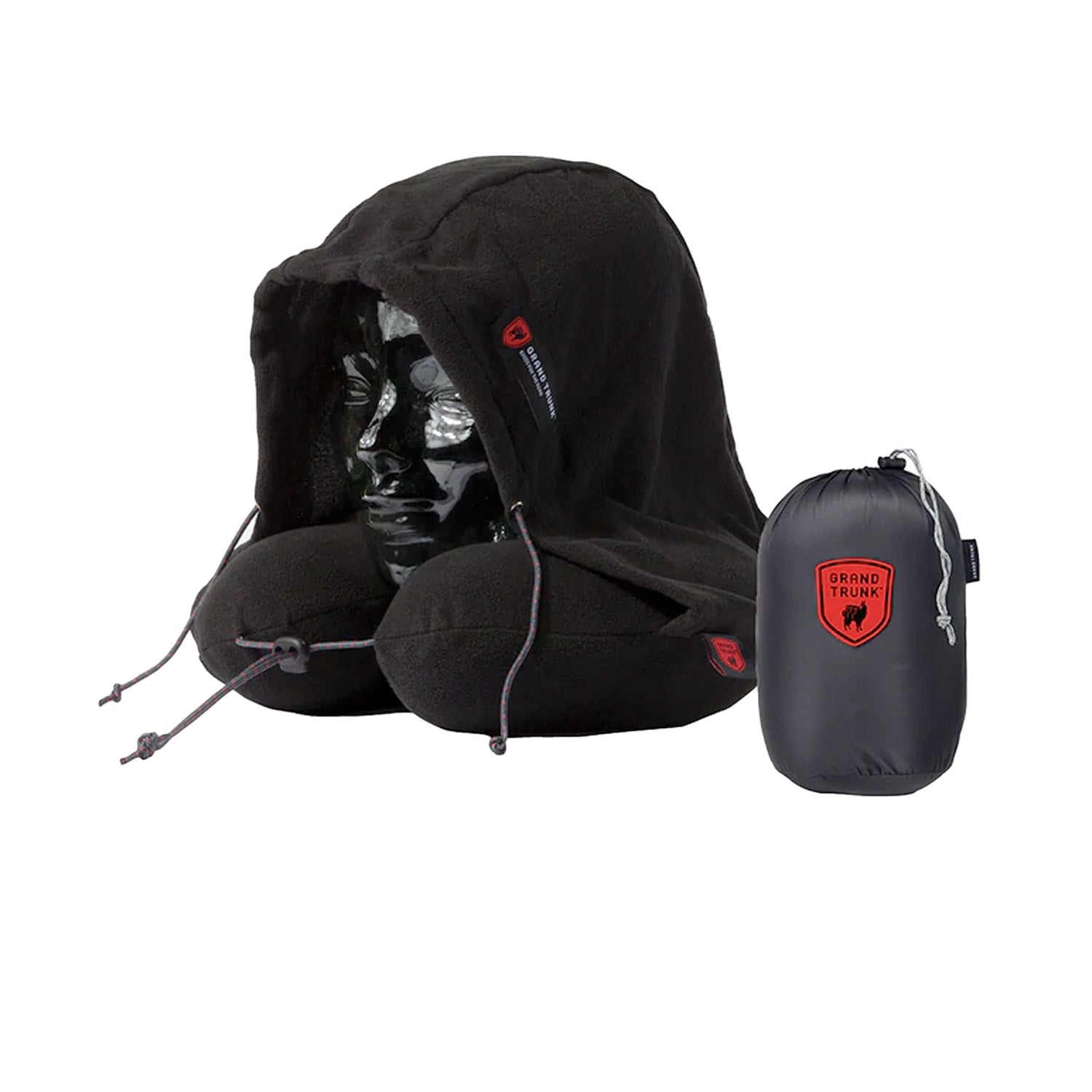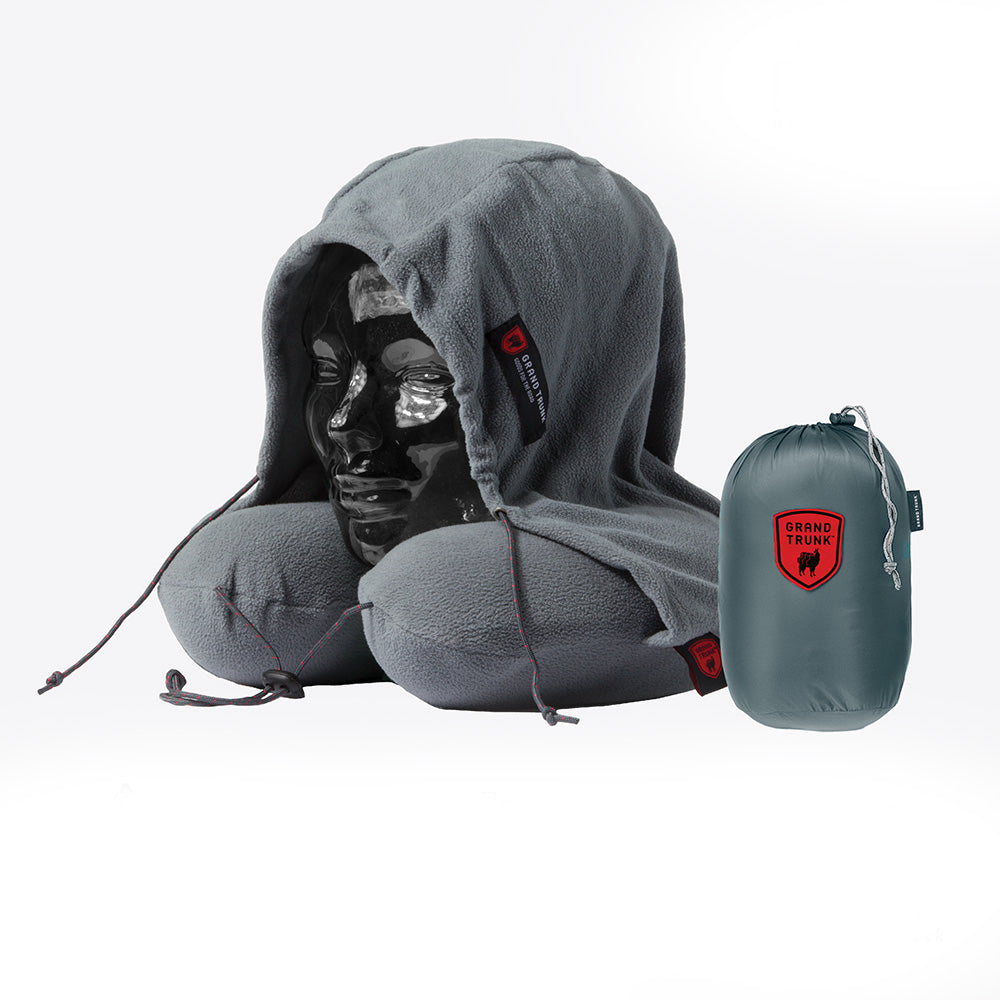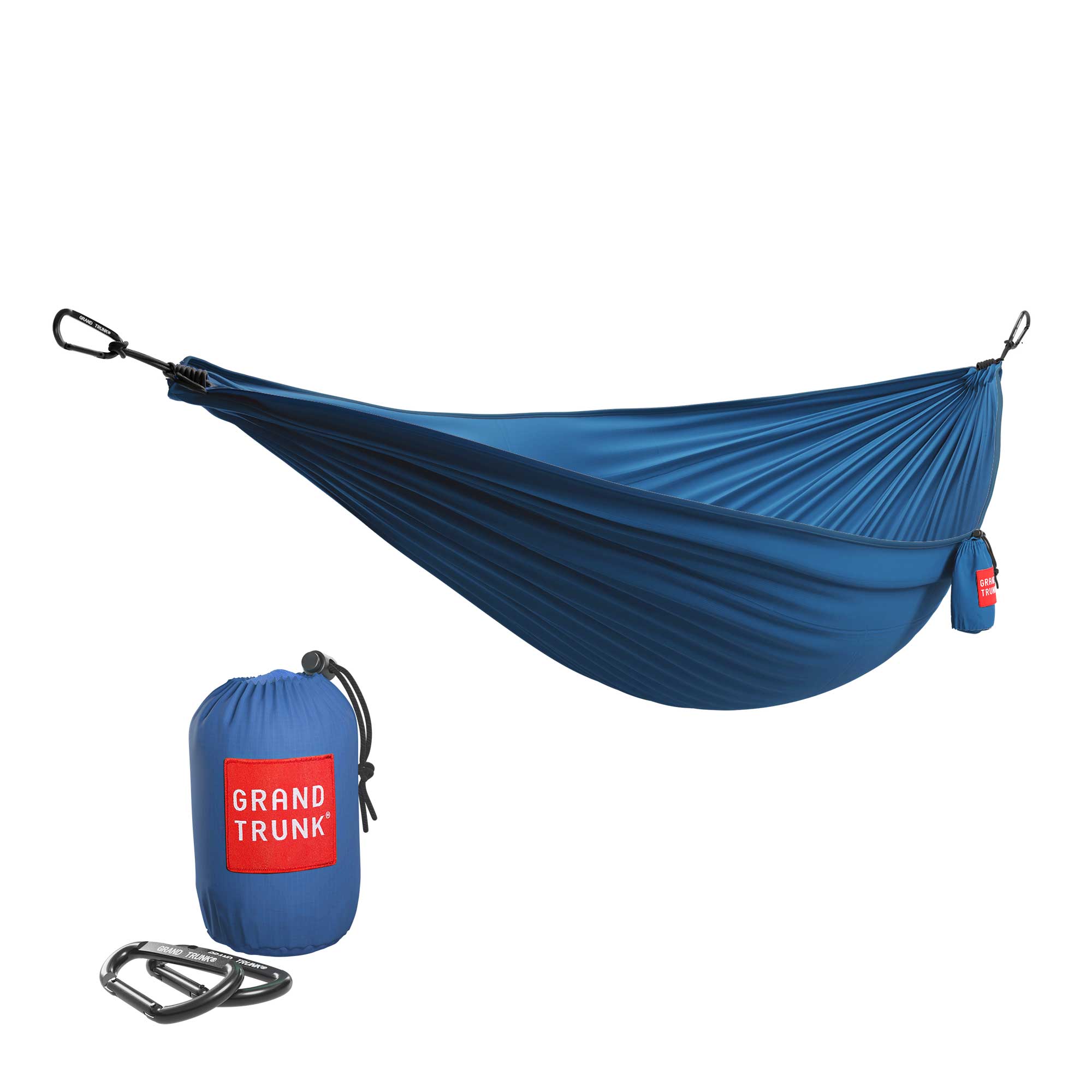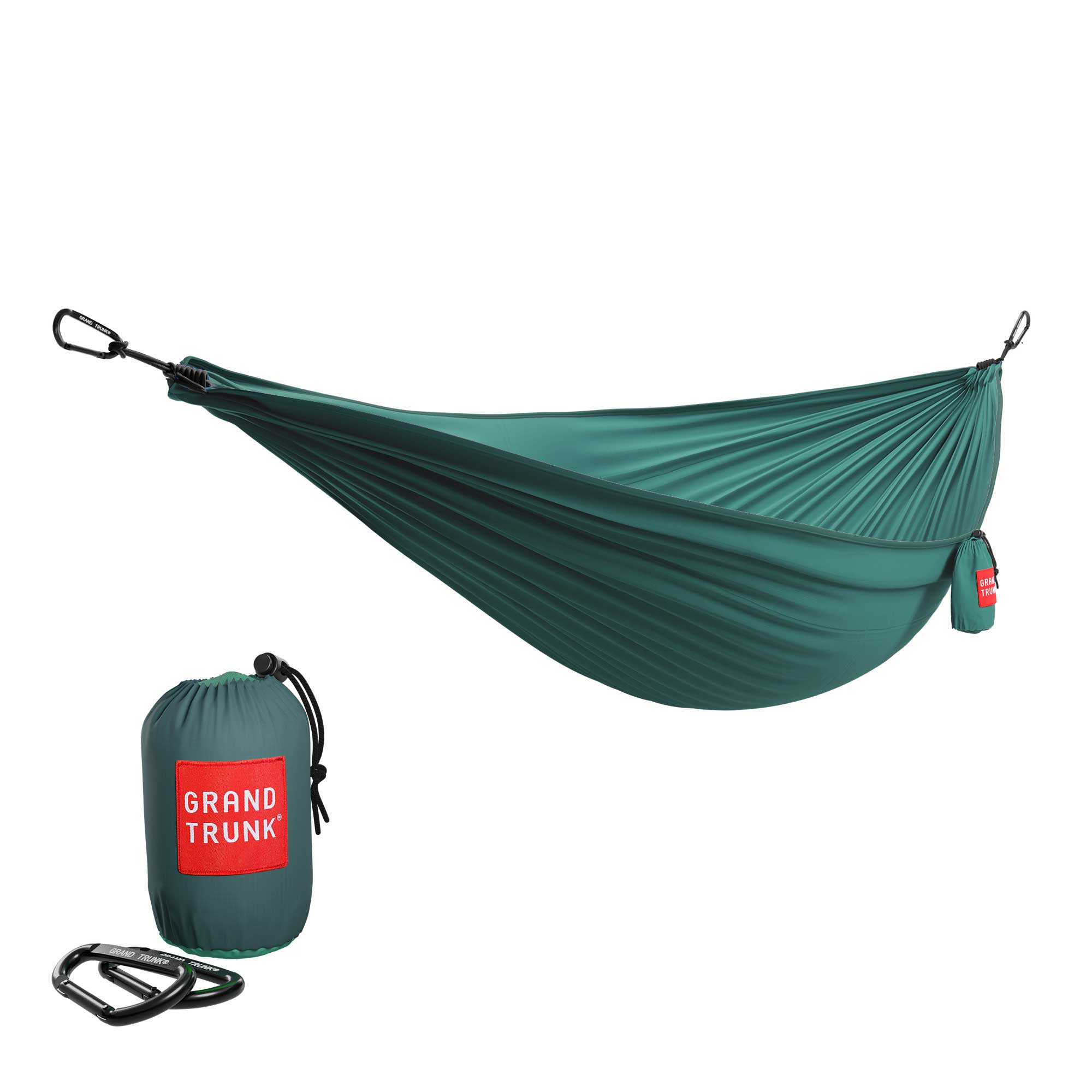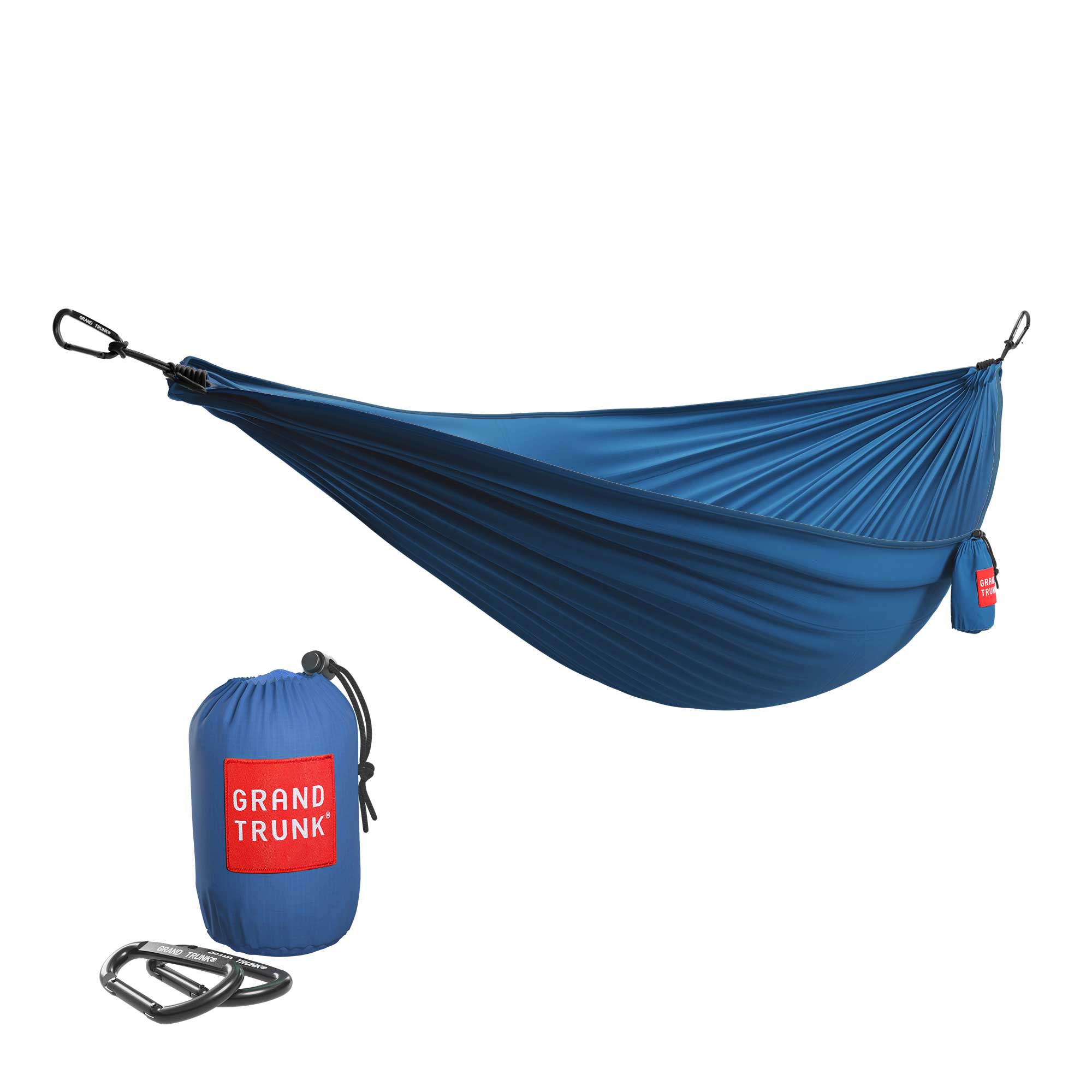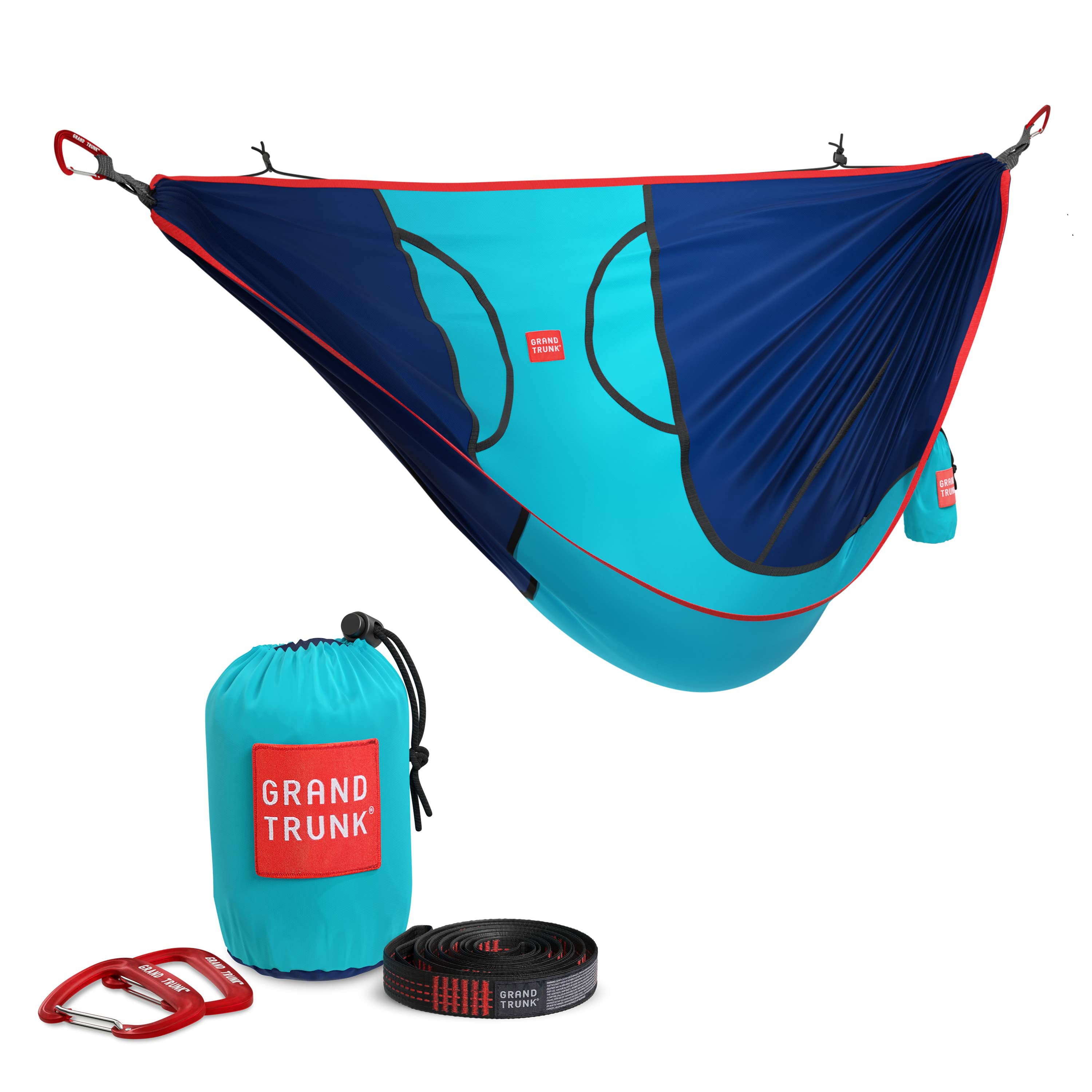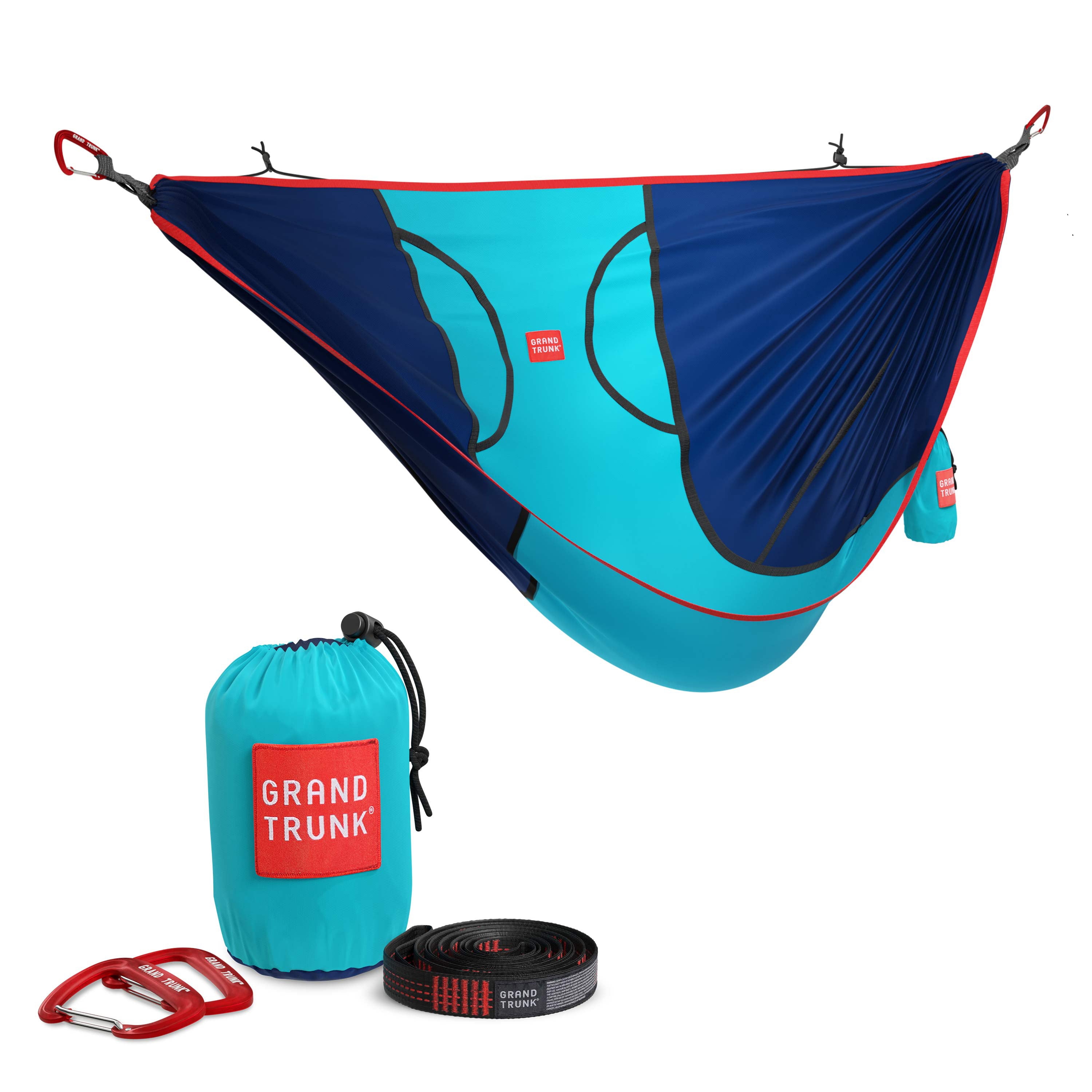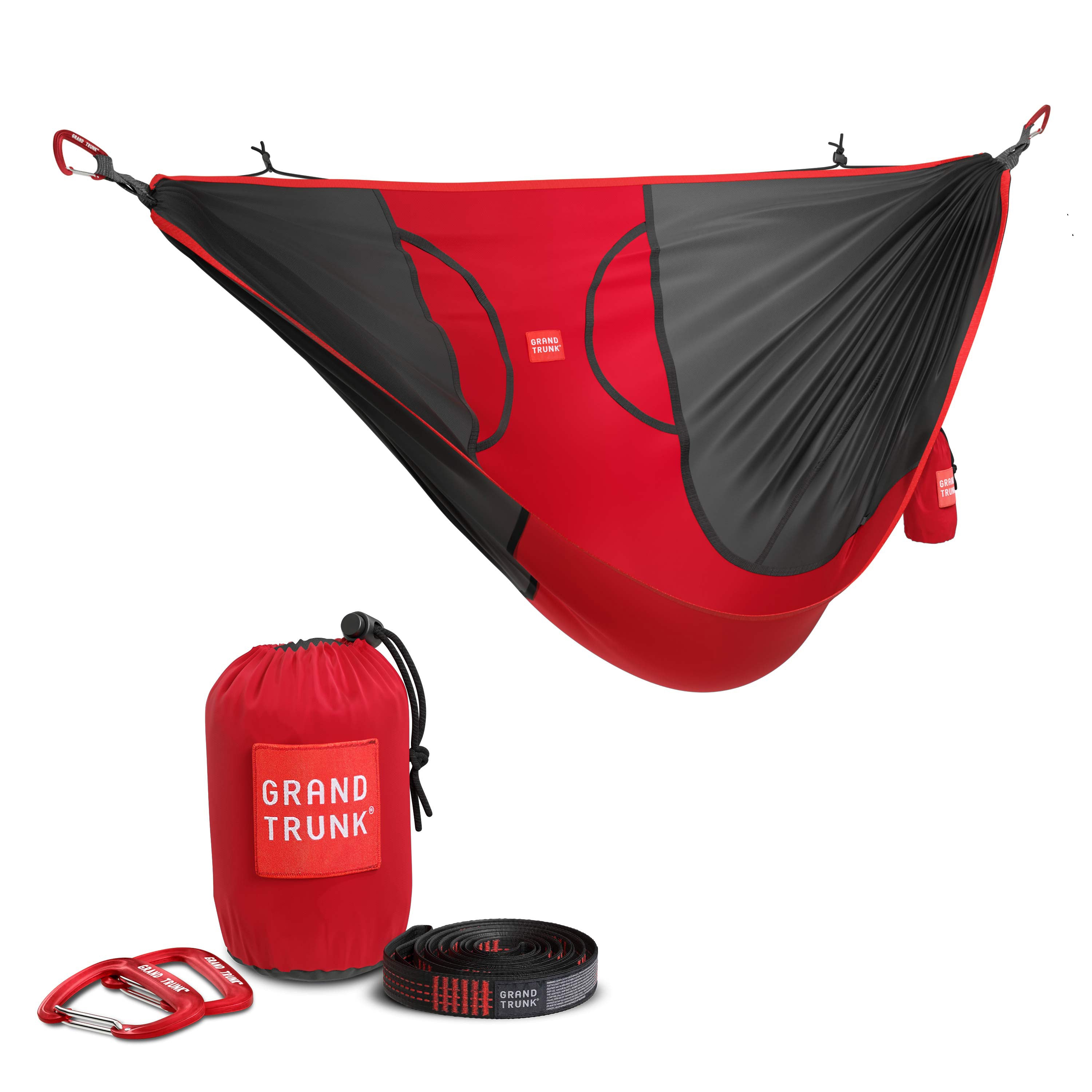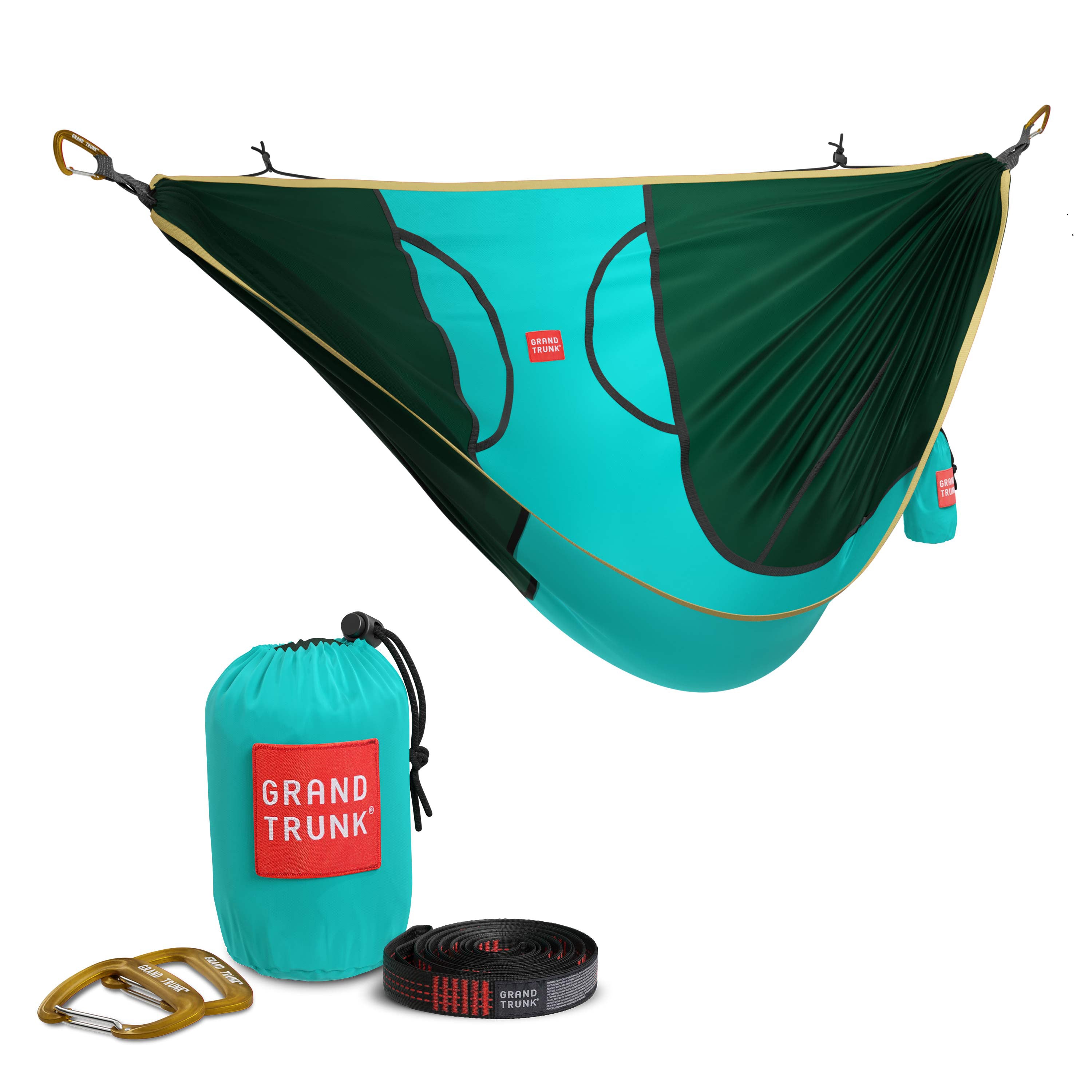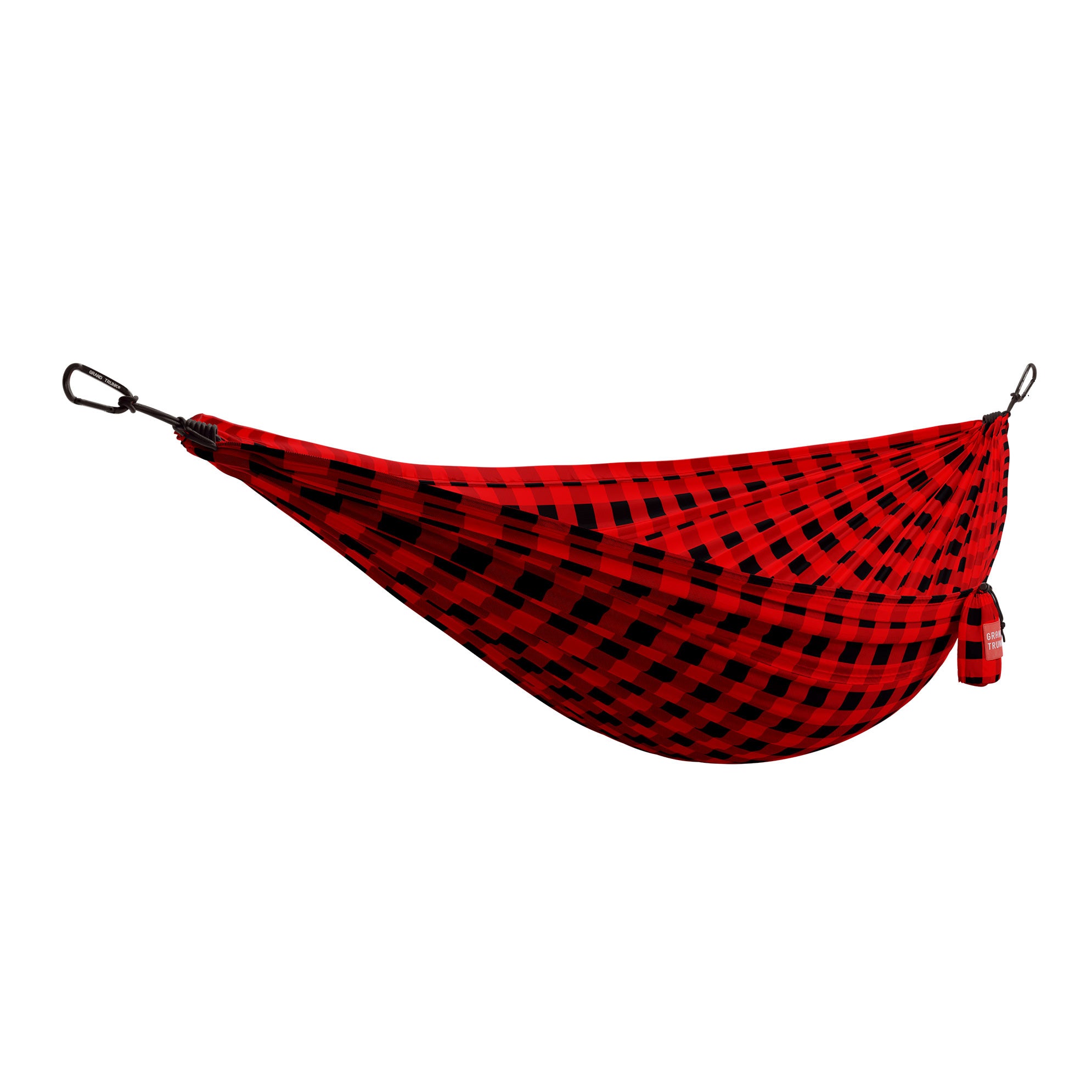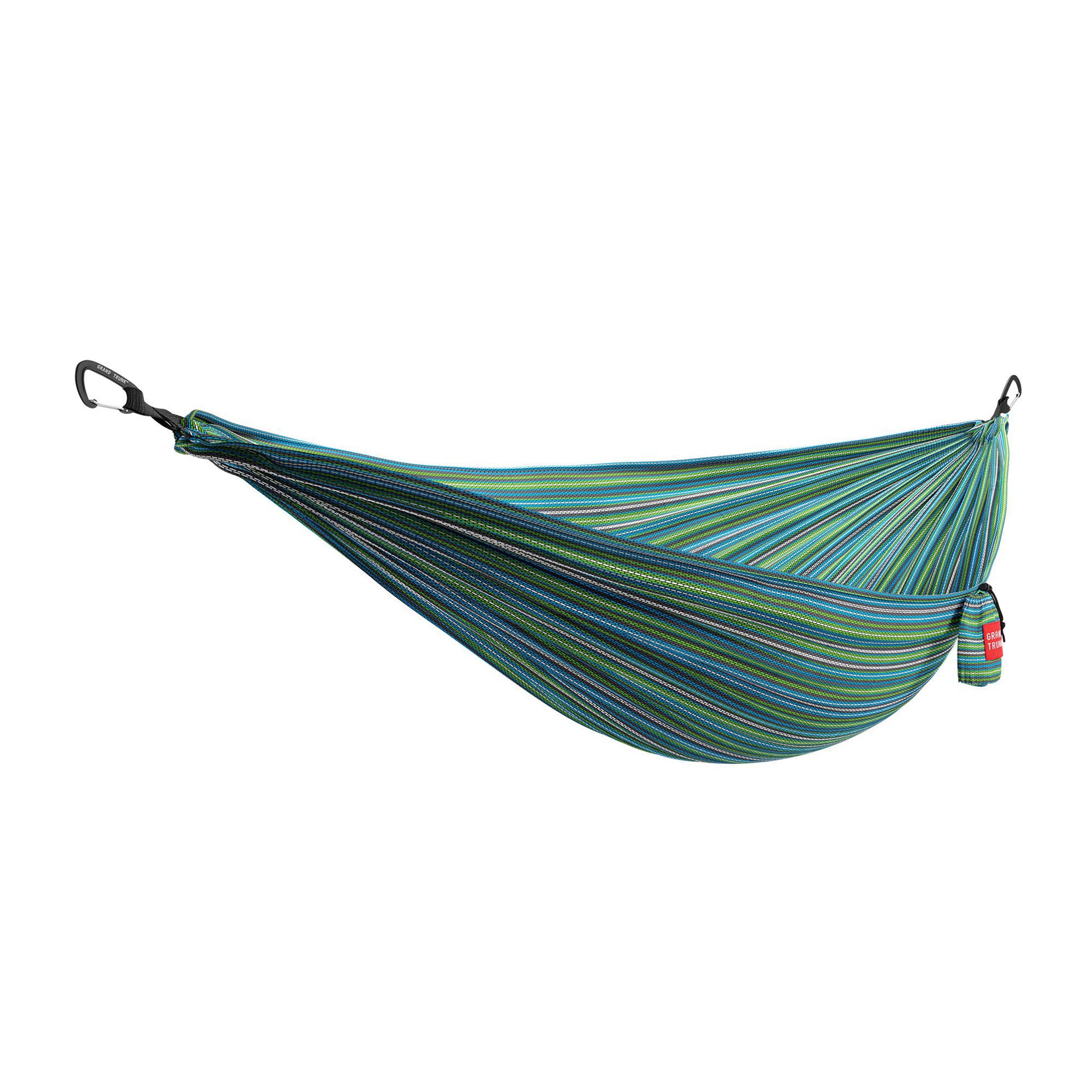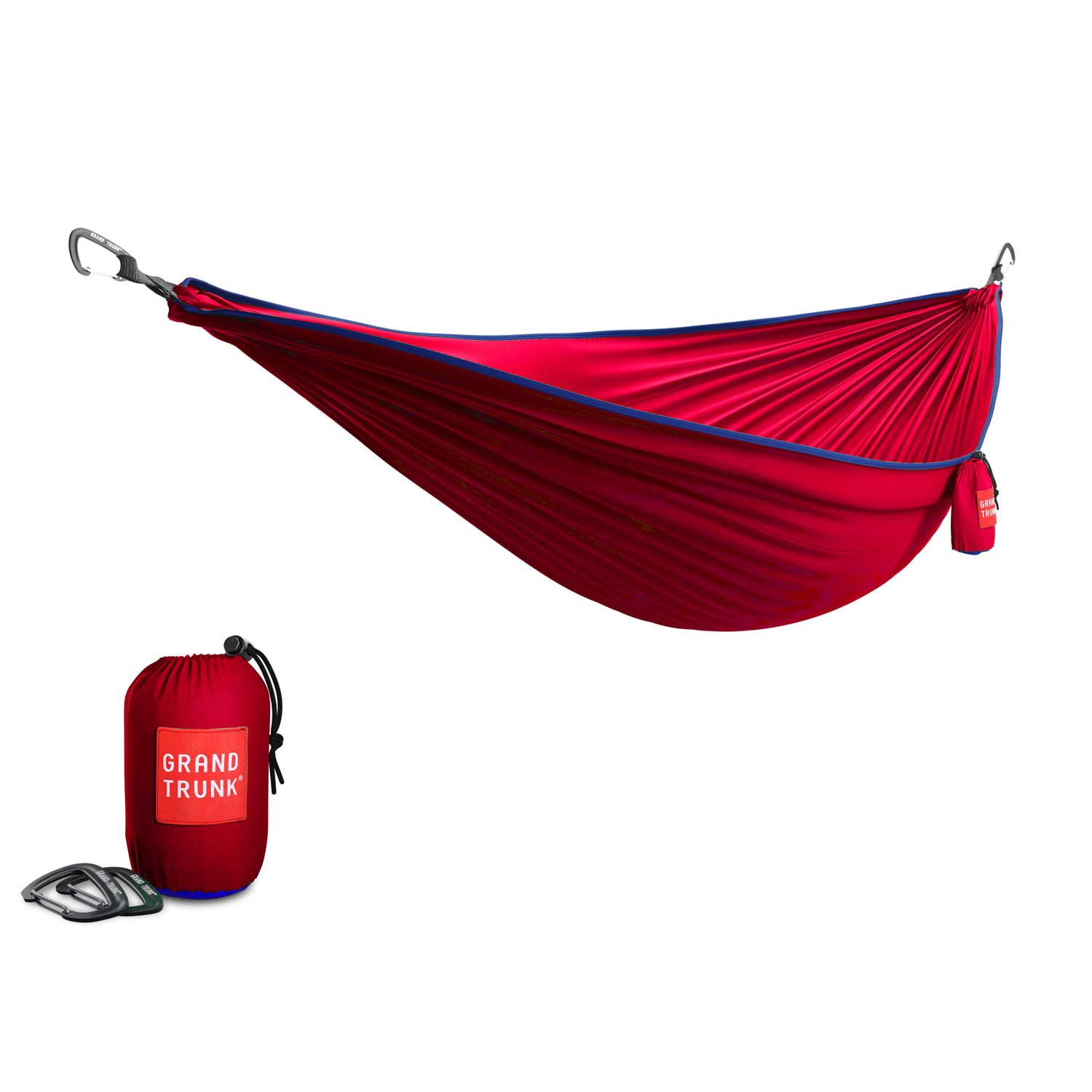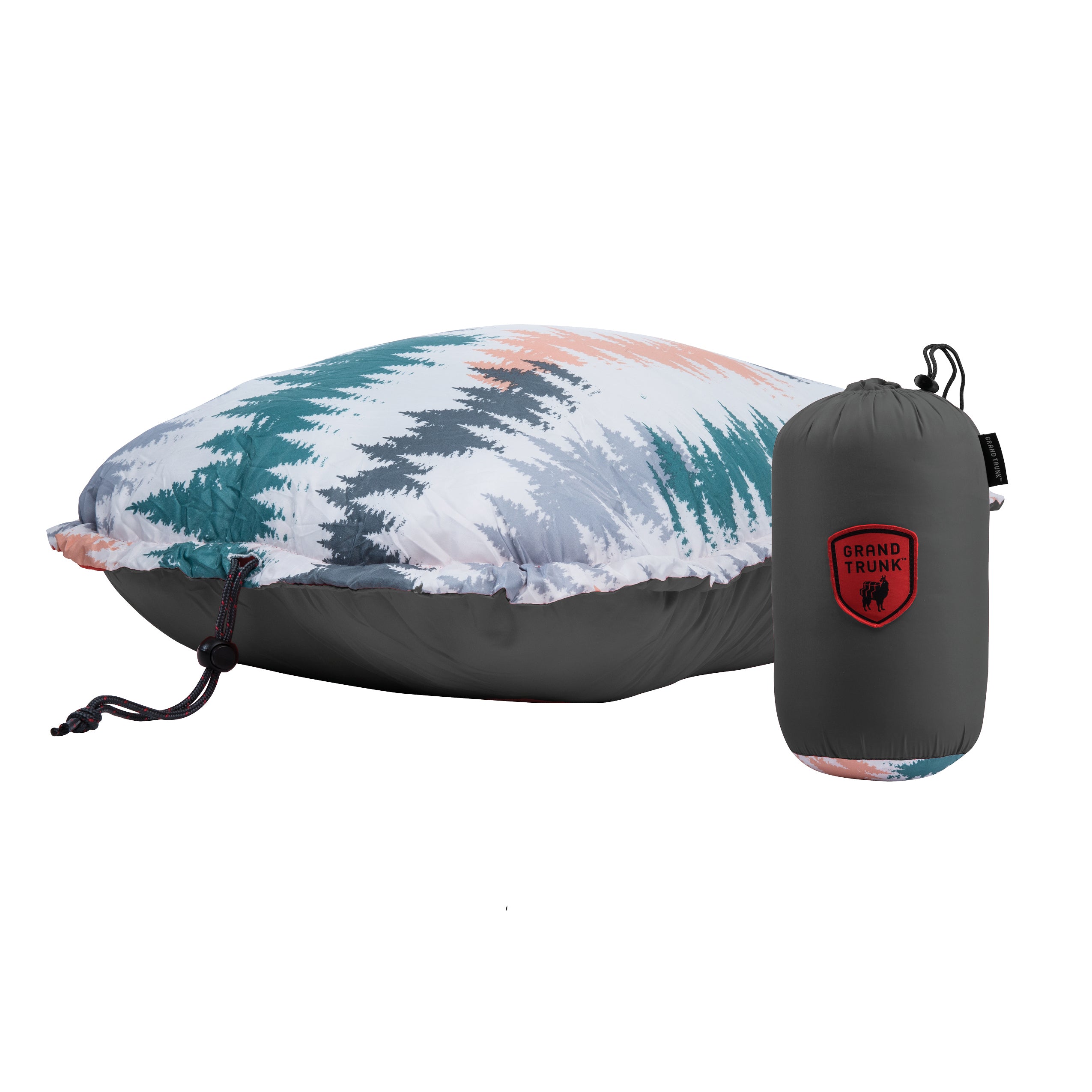Written by: Royce Fonseca & Axle Ethington
IG: @casunshine0508 & @axlethington & @chaile2111
Fire Safety
All the recent wildfires on the West Coast, whether natural or man made, have had a major impact on us all. Air quality has plummeted, with some areas having extremely low to almost no visibility. Displaced residents have lost their homes and several others, their lives. Our forests are being destroyed causing our wildlife to flee to safer places. Some are fleeing to urban areas, which can be extremely dangerous for them and us. As explorers of nature, it's so hard to see all these beautiful places we have visited go up in smoke. We decided to seek out some advice from our friends who are experts on fire safety and share their tips with you. Hopefully you not only find their information helpful, but you also share this information with others!
We want people be able to get out and camp with your hammocks. But, when you are hammock camping, we want you to have all the tools to make sure you are not only safely hanging your hammock but also taking care of the beautiful lands around us.
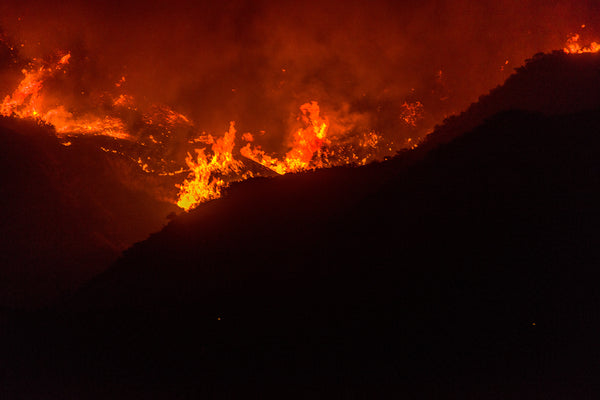
Contributors
Chris Haile
Division Chief Cal Fire
South Division of Operations
Aaron Sitton
Firefighter at Camp Pendleton Fire Department
Former U.S. Forest Service Firefighter
IG: @sitnsleep1
Jed Nannery
Wild-land Firefighter
Volunteer Firefighter in his rural Fire Protection District
Avid backpacker.
Hiking Tips
Just a week ago Axle had a friend send him a video of them coming back from their hike to find a wildfire on the trail. This isn't something you would worry about going out for a day hike much less prepare for. In the news recently they said over 100 hikers in Oregon alone where out hiking when the wildfires started and had to be rescued. It's better to be prepared than to be stuck out there without any knowledge. Chris and Aaron have provided some great advice for us to follow while hiking:
Chris –
First and foremost, anytime you're hiking you should check with Cal Fire if you're in California, or the Forest Service if you're hiking in other states for any active fires in your hiking area. Stop in at a fire station and ask about the fire situation. Even if the station isn't close to your hike, the stations will know about any fires that are currently active.
While hiking it pays to stop and give a 360 degree look from a good vantage point of the area. Look for any smoke near you. If you see smoke, stop frequently and observe what it's doing and where it's seems to be heading. If it's increasing and heading your way, now is the time to leave the area. Try and find a large open area that is free from trees and brush, it would be a better place than the middle of the forest. If you find yourself cut off and you have a way to communicate with the outside world, call 911 and give them a Lat/Lon of where you are.

Aaron -
It’s always good to have some sort of GPS device on you if you are out hiking so you know your location. If you don’t have one, smart phones have apps or even compass features that will give your elevation, latitude and longitude coordinates even without cell service. If you don't have cell service you can still dial 911, cell phone companies have an agreement that if someone dials 911 it will go to the closest cell tower regardless if it’s a different service provider. As always if you are out hiking you should bring survival equipment and tools that will help you if encountering a wild land fire.
Campfire Safety
We all know nothing tastes better than s’mores over a campfire, right! Campfires bring out the best stories, delicious treats, and warmth on a brisk morning in the woods. But we all need to remember campfire safety. It's that moment when you think the fire is out and you leave when something terrible can happen in an instant. Chris, Jed and Aaron have some important tips we all need to follow when building and putting out a campfire.
Chris -
Abandoned camp fires are one of the most frequent ways that wild fires start. Your fire should be in a fire ring with good clearance from any vegetation, where it can't escape. When leaving, be certain to extinguish your fire fully with water, stirring the ashes and water together. Ashes can retain heat for a long period of time. One way to tell that your fire is safe to leave is when you place your hand in the ashes, you feel no heat. Remember, you are responsible if your camp fire escapes your control or causes a fire after you leave.
Jed -
My partner and I recently completed a 75 mile section of the Pacific Crest Trail in Washington State. Some of the variables we had to consider when determining if we could have a campfire along the trail were;
* Proximity to a lake
* Which side of the mountains we were on (east vs. west)
* What elevation we were at
* The State wide burn ban status
In addition, if it was legal to have a fire, we had to consider if it wise to have a fire considering our immediate surroundings and our ability to extinguish the fire when we were through.
Please remember if your campfire does get out of control, call 911 immediately. We would much rather show up to a small fire that is easily brought back under control with one fire truck and a few firefighters than a raging wildfire that requires a statewide response with hundreds or even thousands of trucks and firefighters. It happens fast, so act quickly.
Know your Safe Zone!
We all need to have a plan in place whether it’s on a day hike, a family camping trip or in our homes. Aaron has some great advice for what to do if you get caught in an area where there’s a fire…
Aaron -
Here are some tips and advice on what you can do if you get caught near a fire until help arrives. You want to remember that the big things that push a wild fire is the weather (mainly wind), the terrain or (slope), then the type of brush or trees that are on fire and how dry they are. With that being said you want to try and find a place that is safe for you to be at if a fire is coming towards you such as one of these “Safe Zones”…
- a dry lake bed
- established rock cropping
- a wet marsh
- river bottom
- a previously burned area that is all “black”
Try and make sure you are in a large area where the fire can pass by you. You want to avoid being in a saddle of canyon, a drainage or what’s called a chimney. The wind will push the fire through those areas at a fast rate of speed.
If you are at home and a fire is headed towards your house, gather all the things that you cherish and when asked to leave I strongly encourage people to leave and take your pets with you. A lot of times people stay and it then makes it difficult for us in our fire engines to make access on narrow mountain roads when everyone is trying to leave at the last minute. If you live in an area that is prone to wild fires it is good to have a defensible space cleared out. If possible clear out any trees, brush and vegetation within 100 feet around your home. Also, clear out any pine needles from your roof or rain gutters on a regular basis and remove wood piles that are stacked close to your home. Once a firefighter is assigned to protect homes they don't have much time to do all that work that is asked of home owners to do. These preparations will help and give the firefighters a fighting chance to save your home.
Things to remember
Jed -
Please keep in mind that firefighting is dangerous work and every year fire fighters die in the line of duty. For most, it's an honor to shoulder that risk for our communities, but a better scenario is to never have the fire in the first place. Lastly in rural areas that can't afford Professional Firefighters, Volunteers, who are your friends and neighbors, give up time with their families and hours of sleep when they aren't doing their day jobs to keep us safe. Please be fire safe out of respect for these hard working people.
Thank you
Axle and I want to thank our contributors to this blog and their sacrifices made daily as well as all the brave men and women that fight fires. Your service and sacrifice is greatly appreciated.
Grand Trunk is committed to preserving out beautiful outdoor lands, that's why we have partnered with the National Forest Foundation to plant as many trees as we can. For every dollar you donate on our website, we will match it. The forests are going to need our help more than ever.
Remember Smokey the Bear's line..."Only YOU can prevent forest fires".

